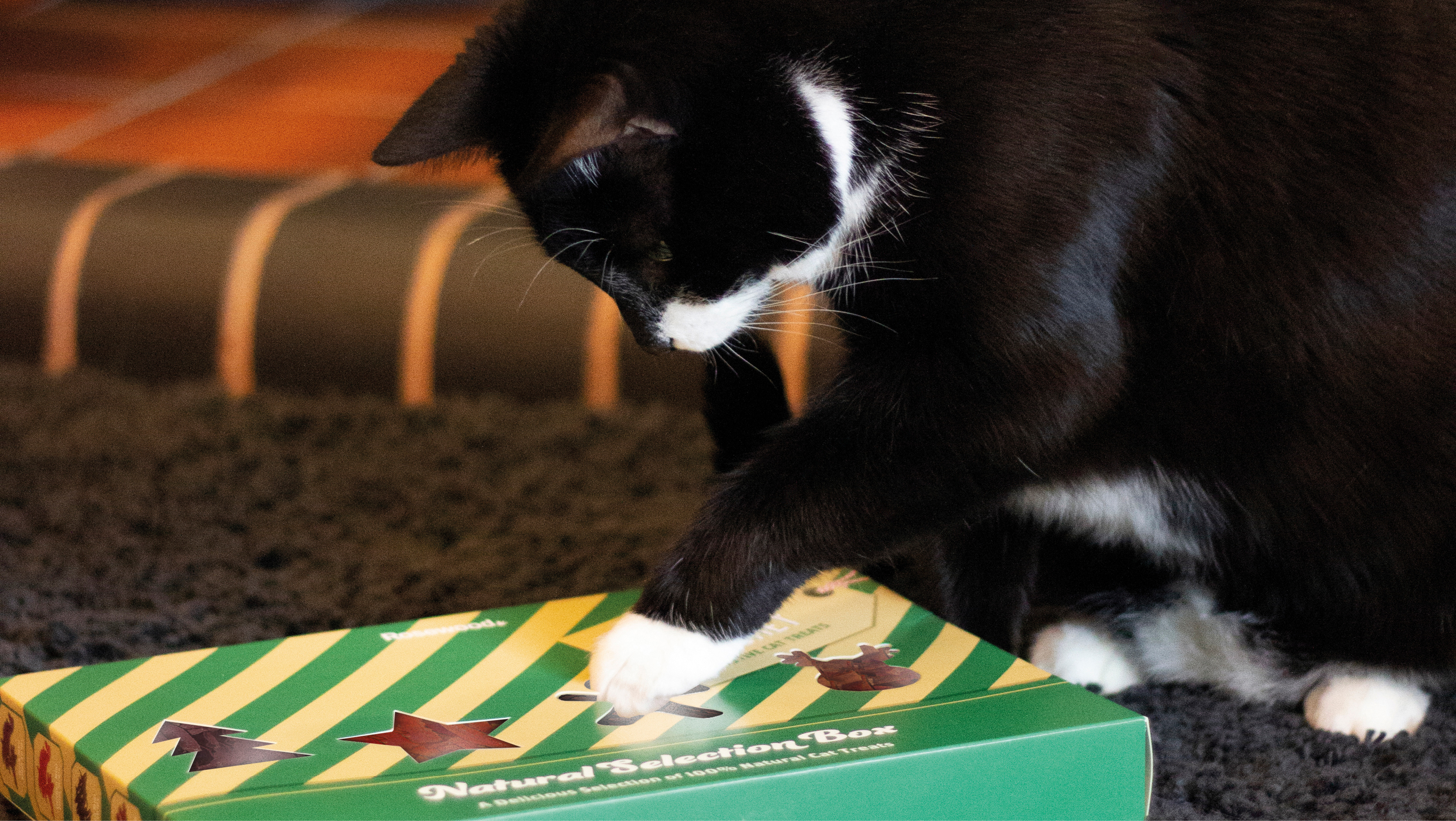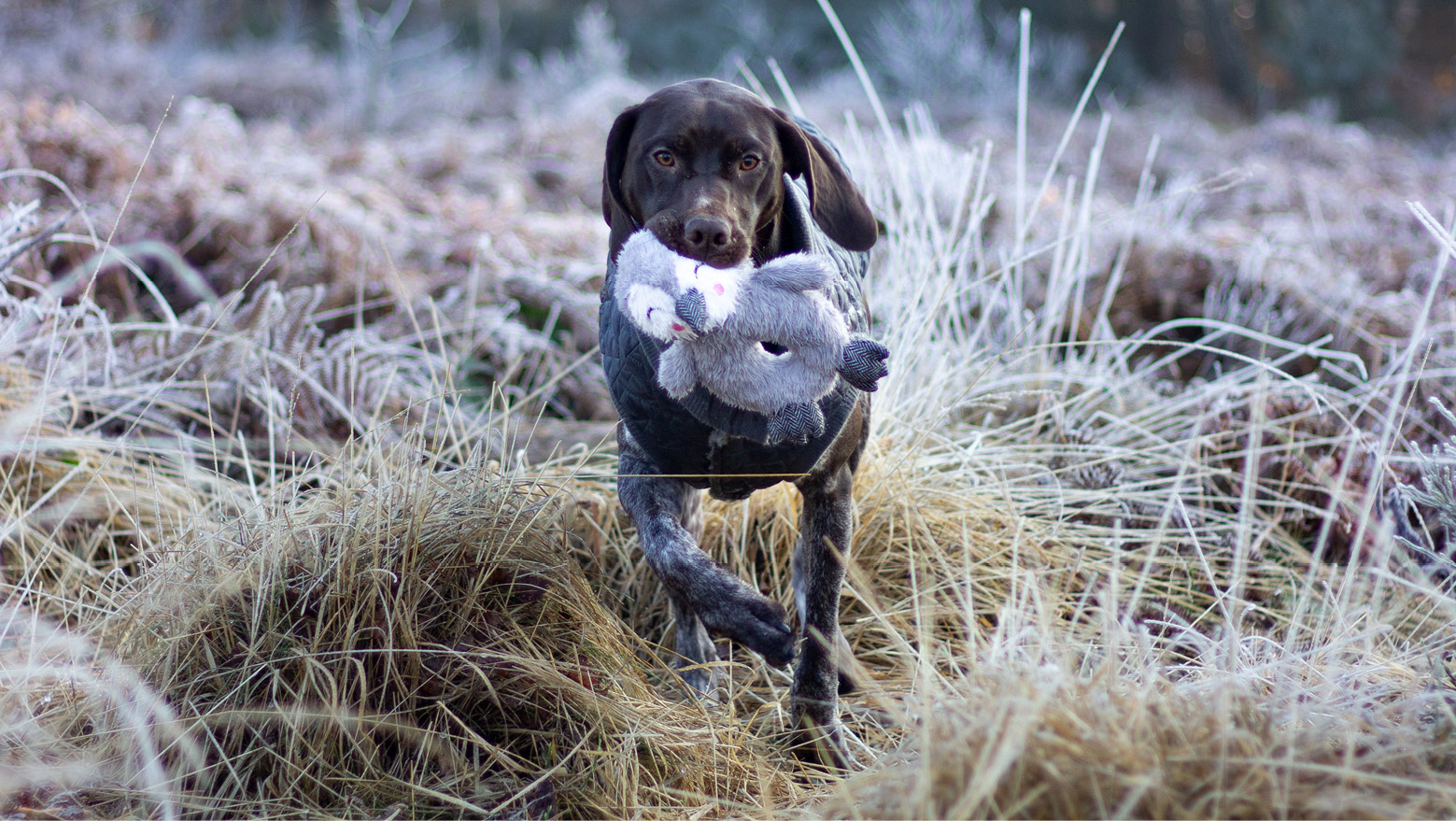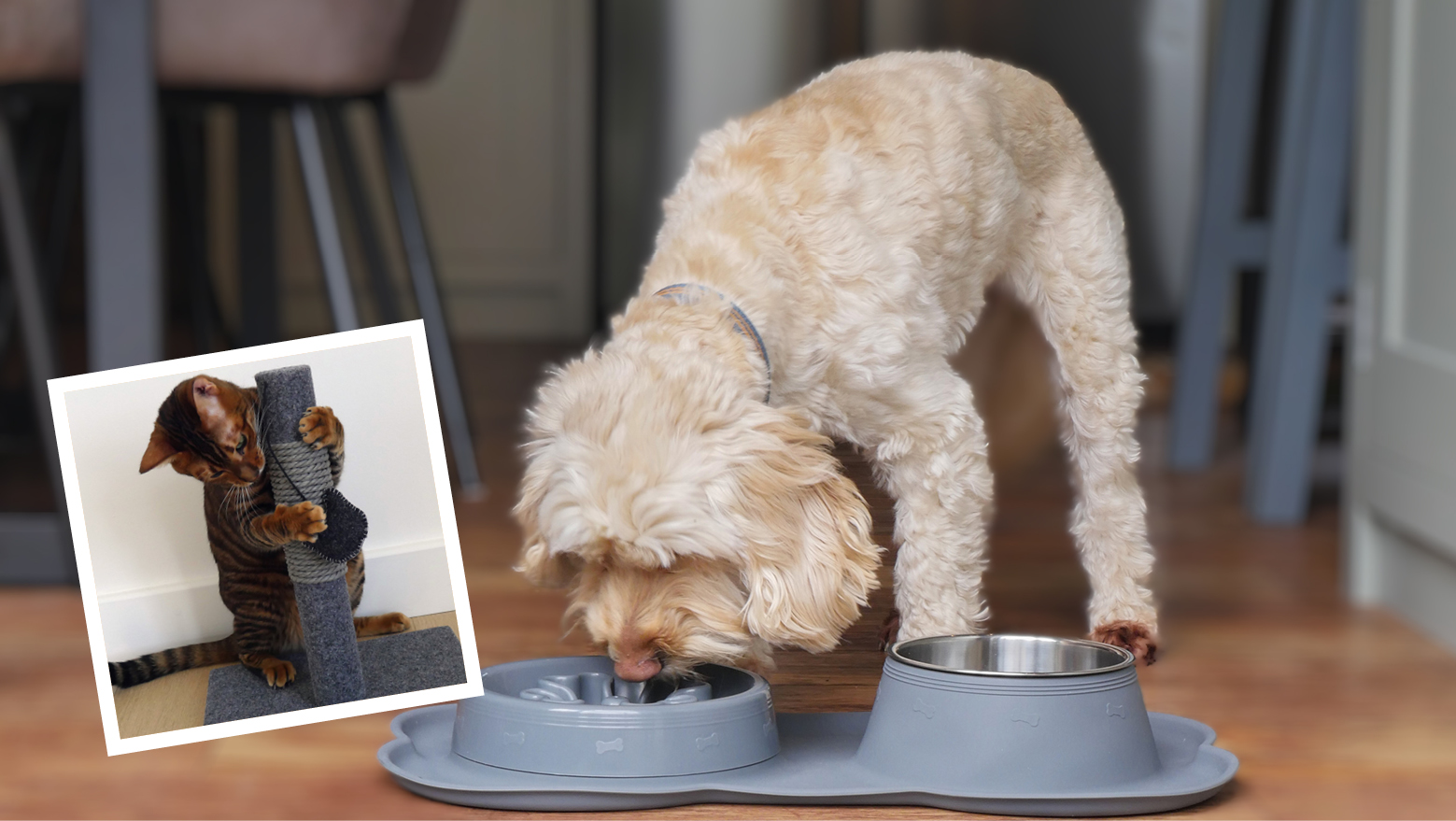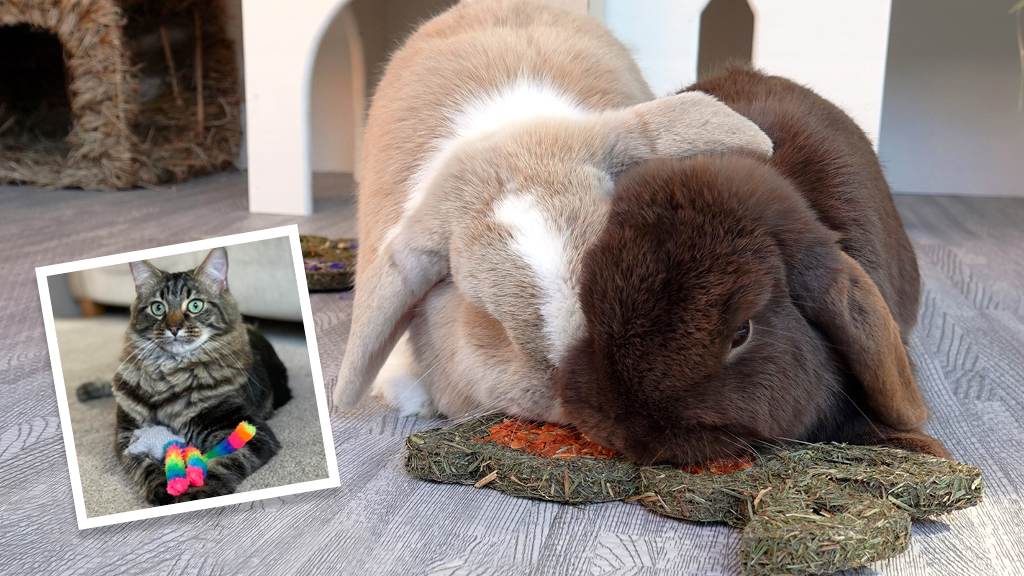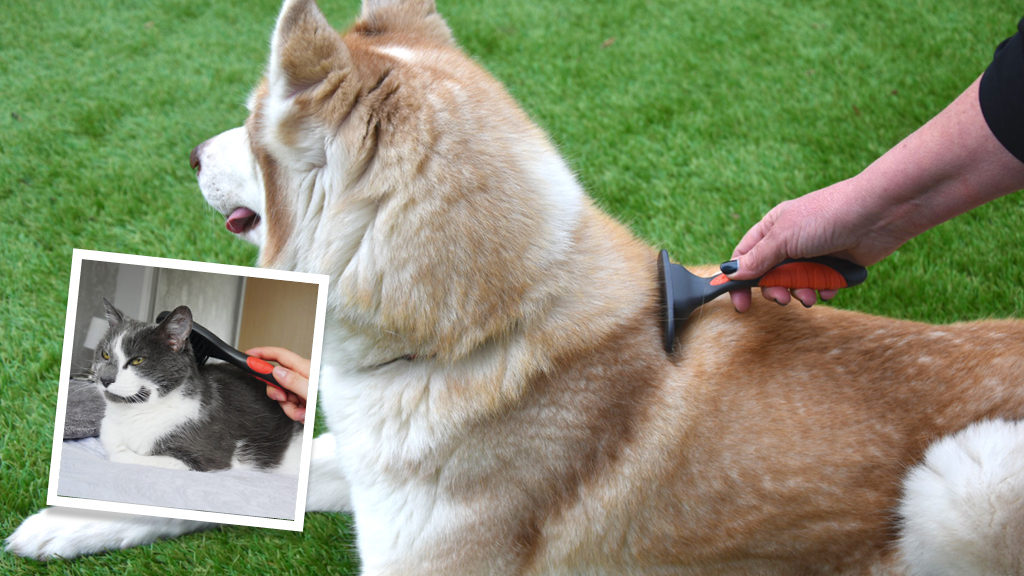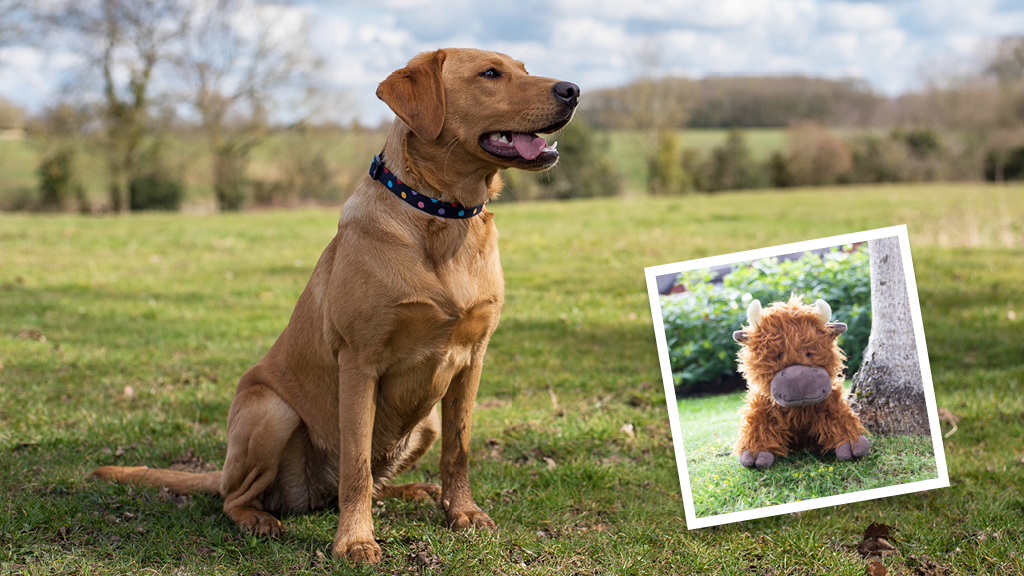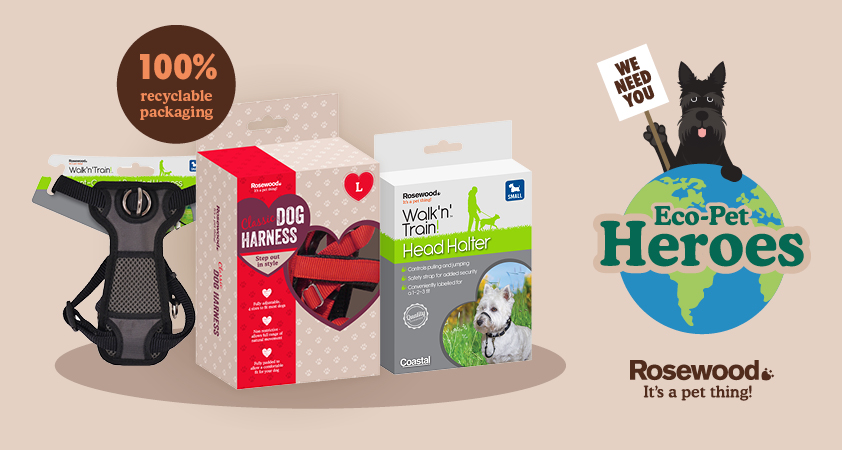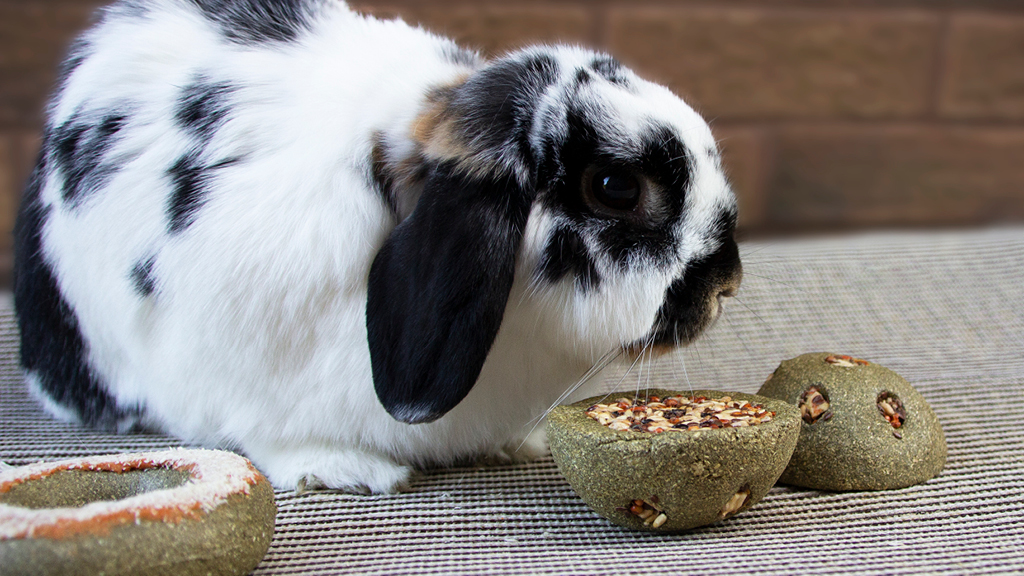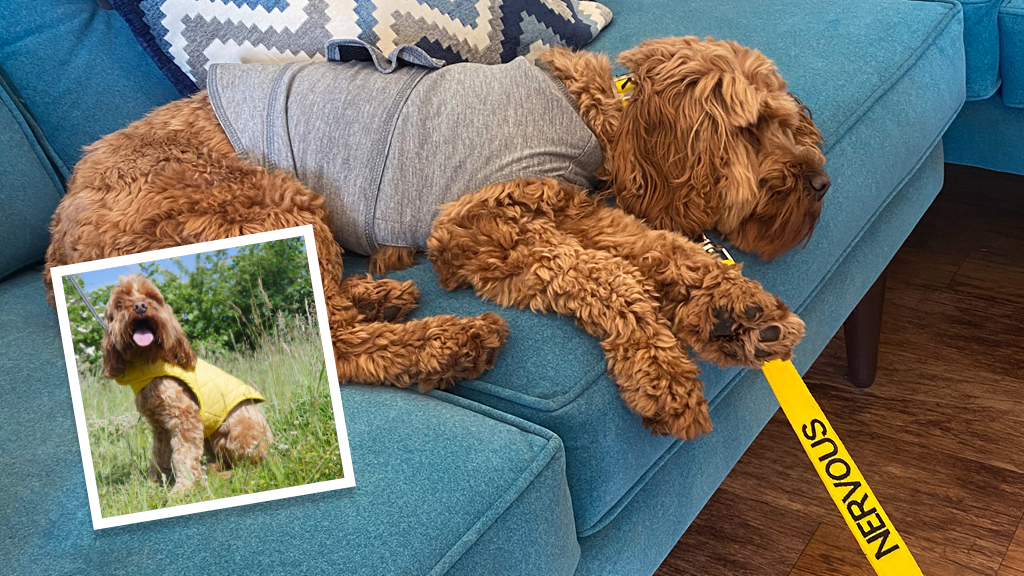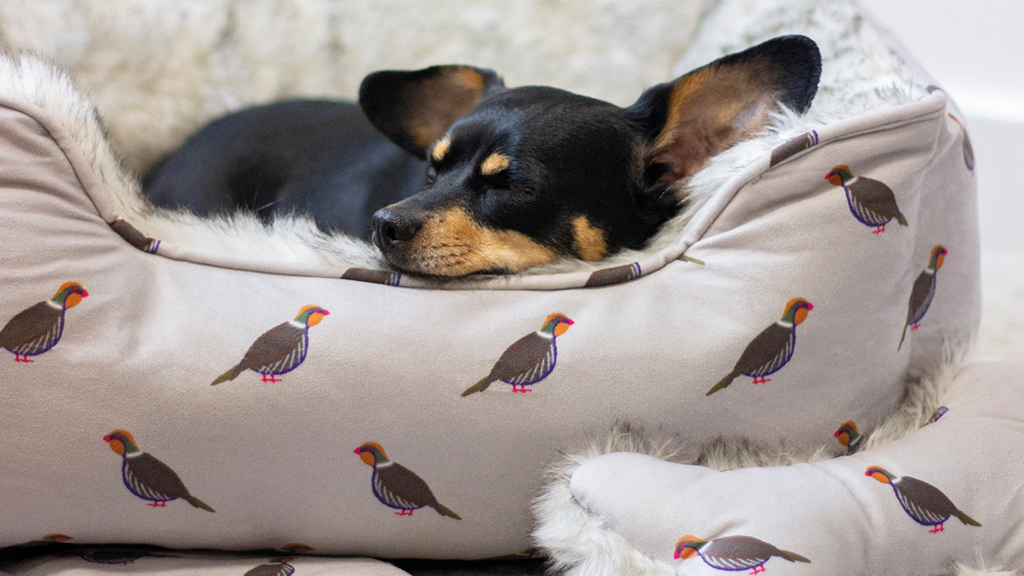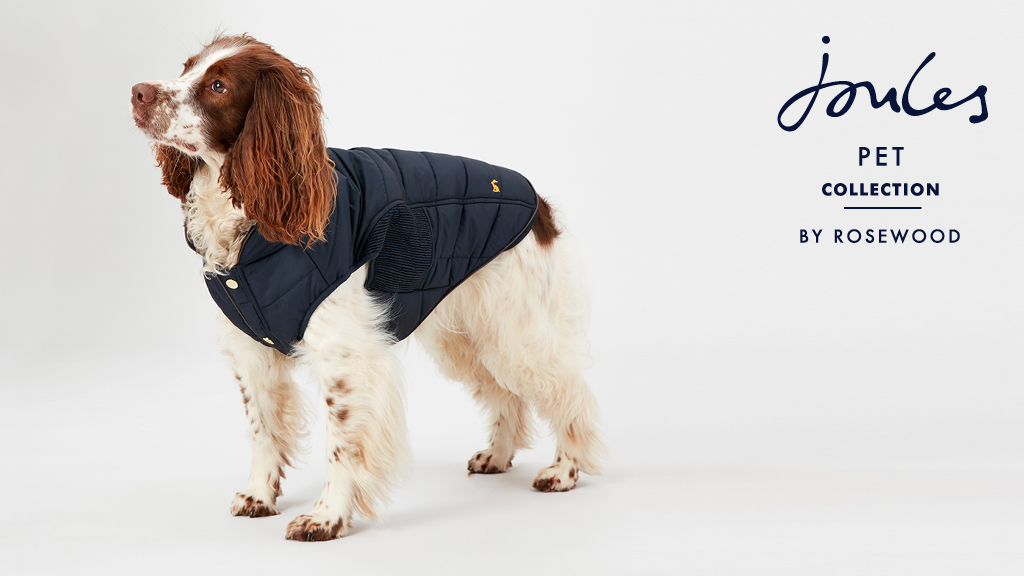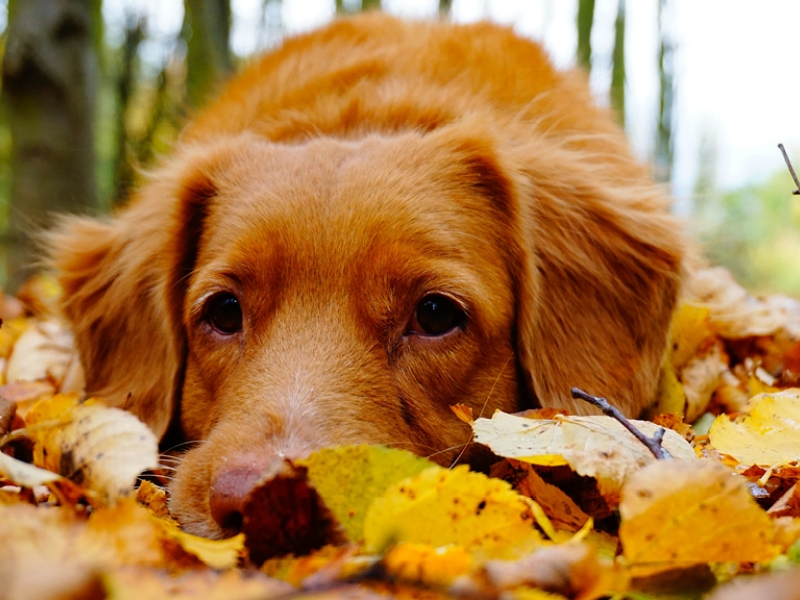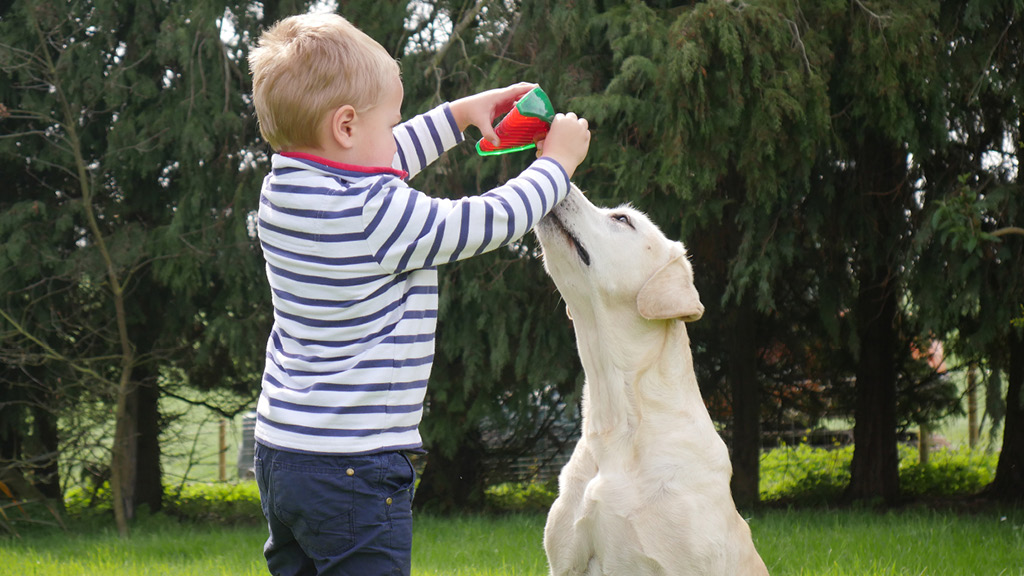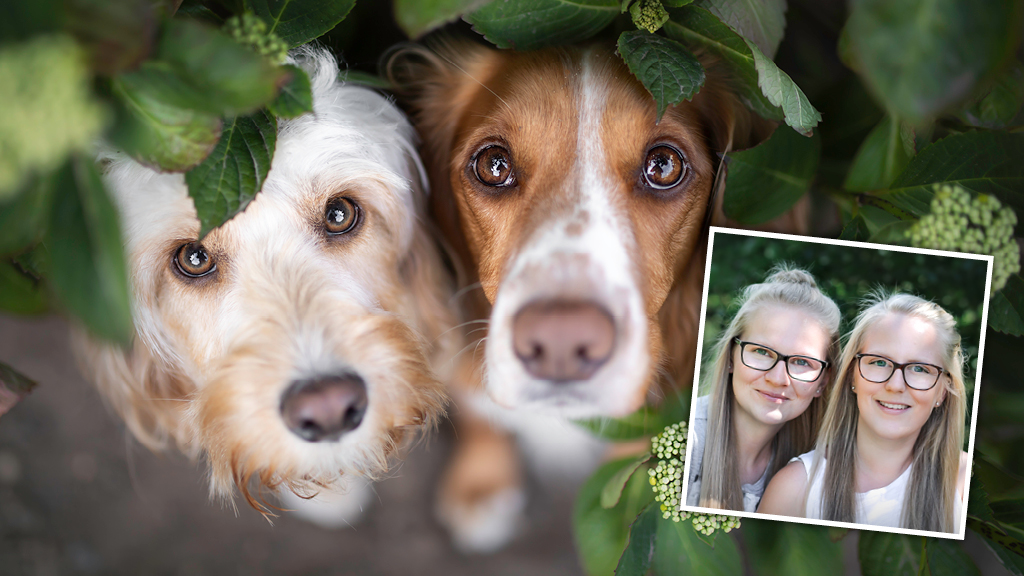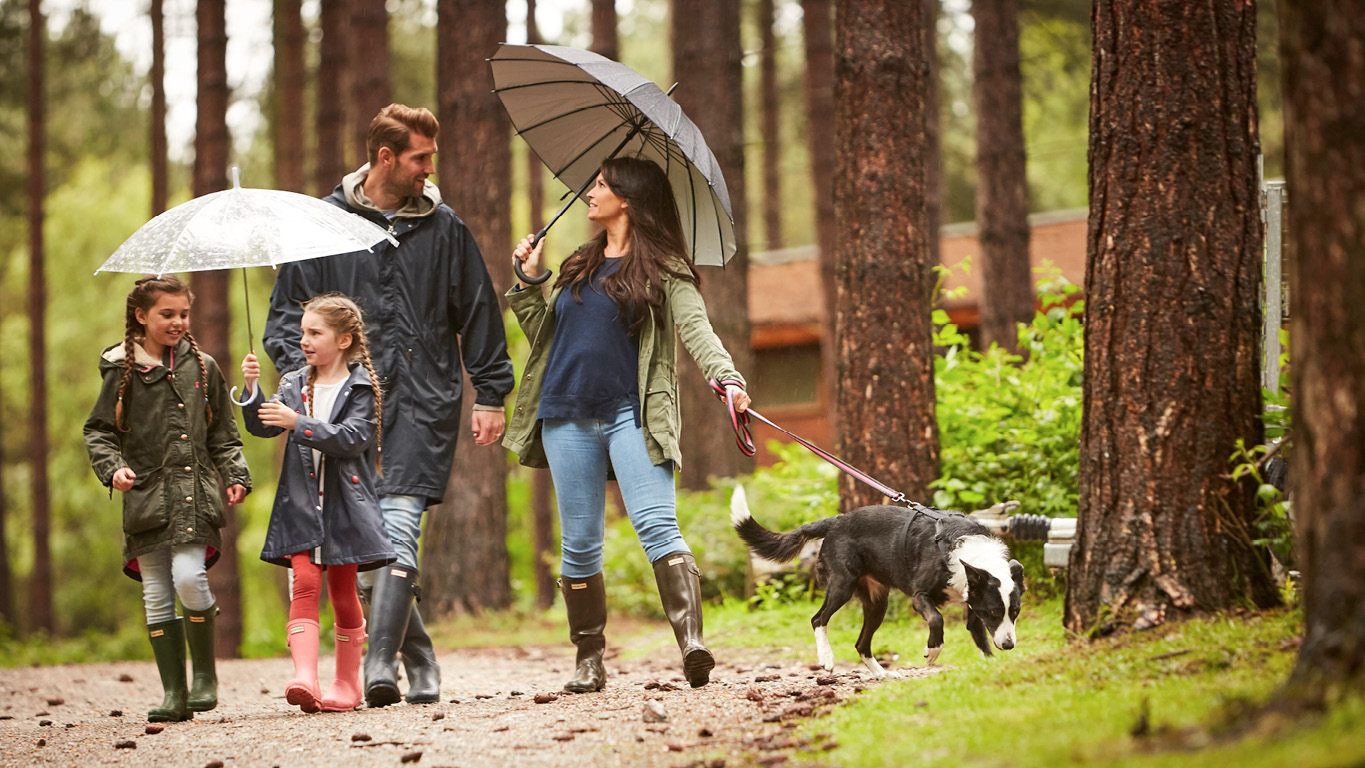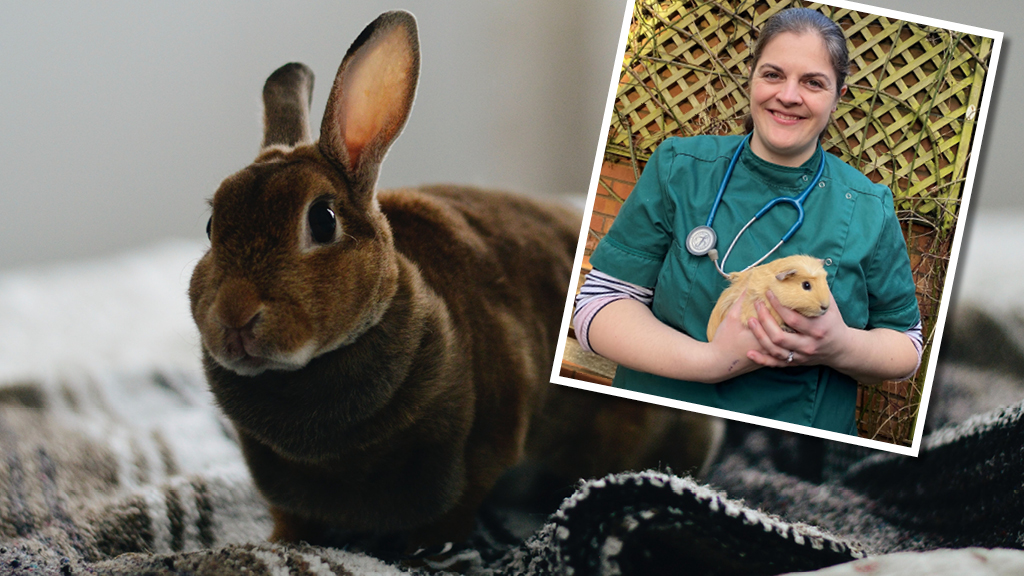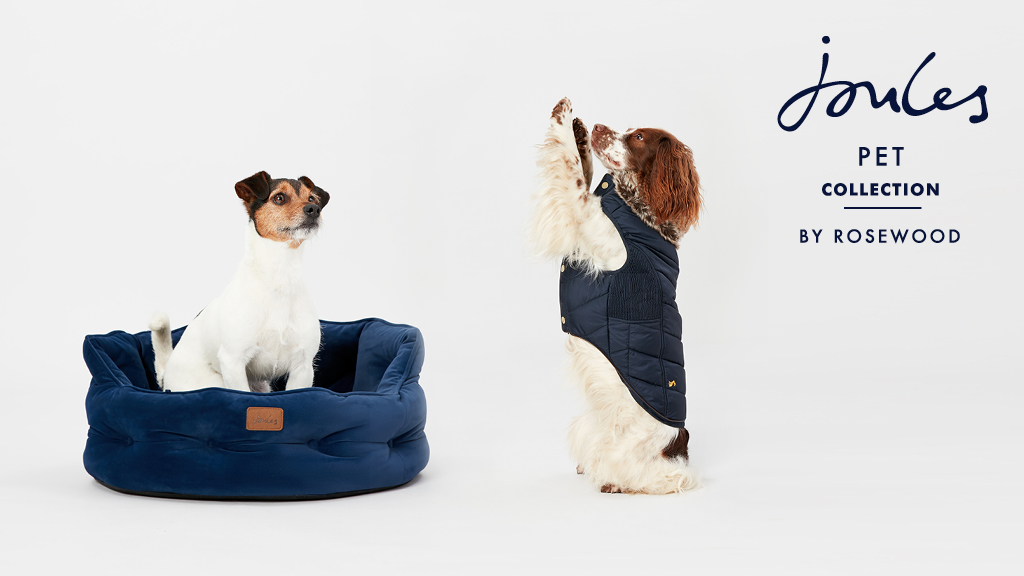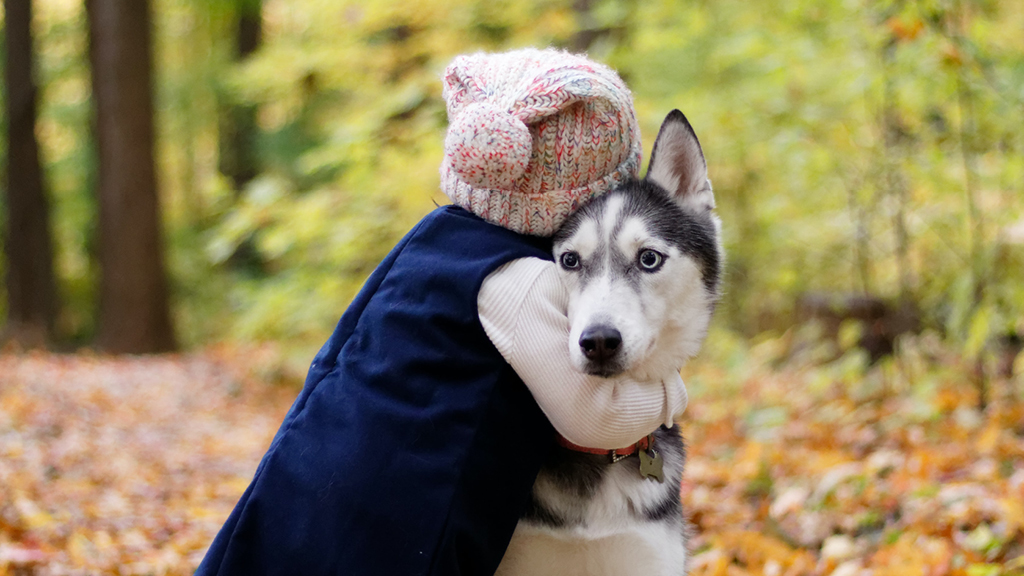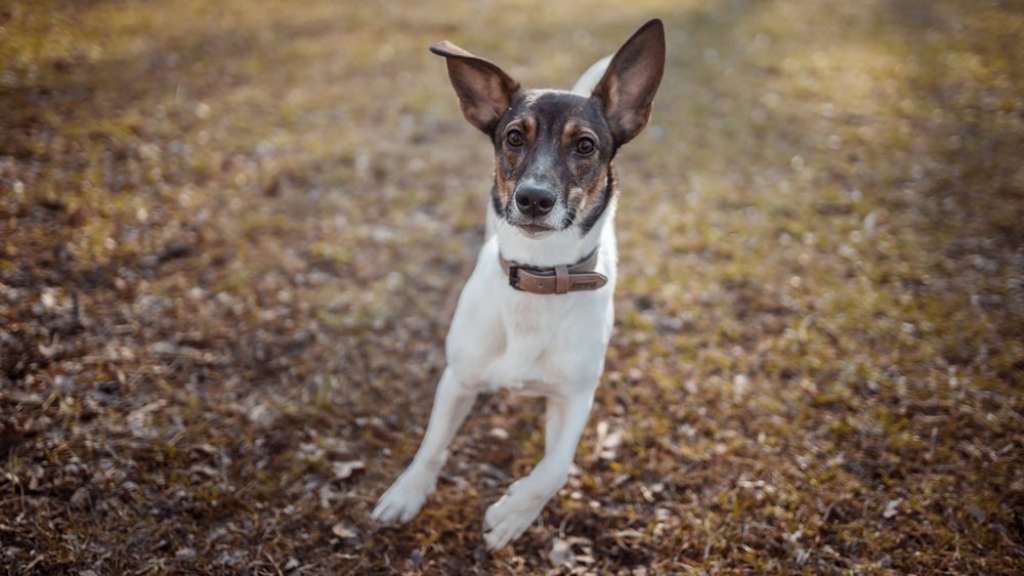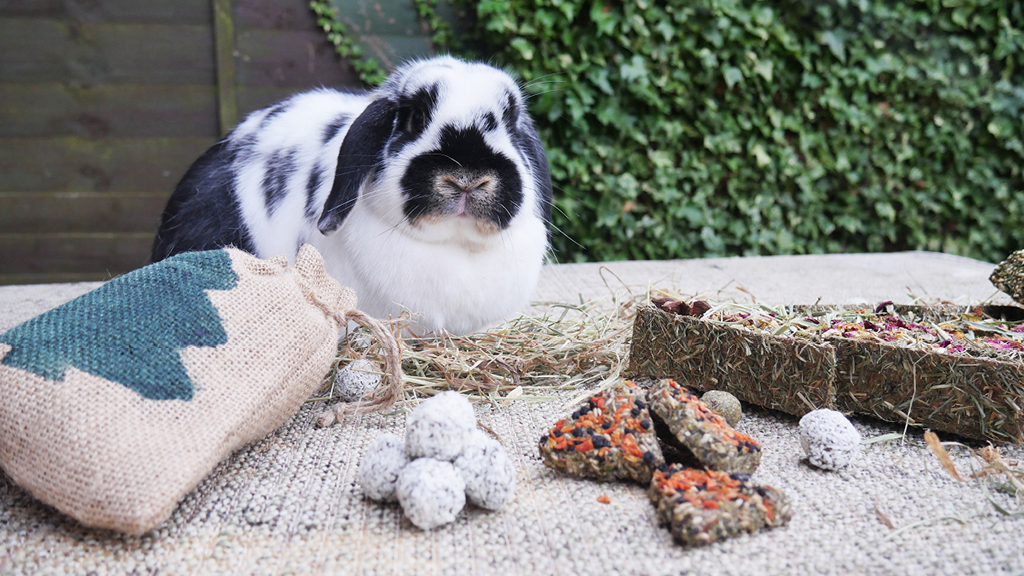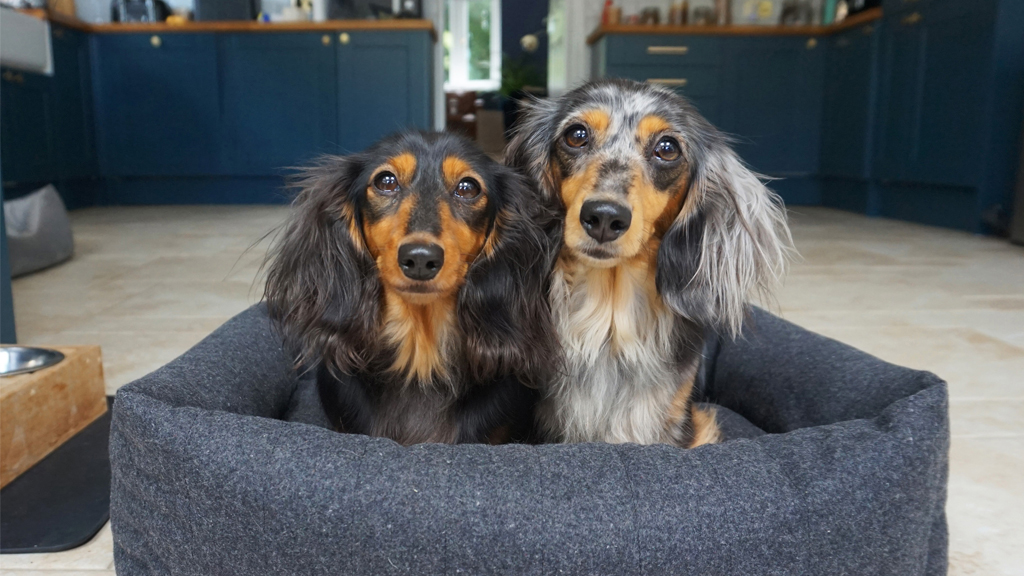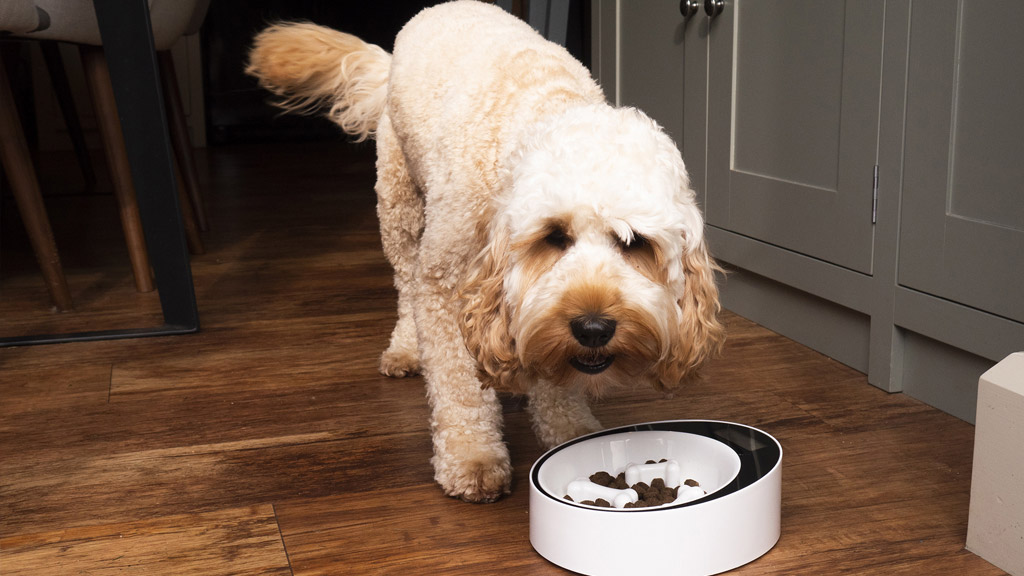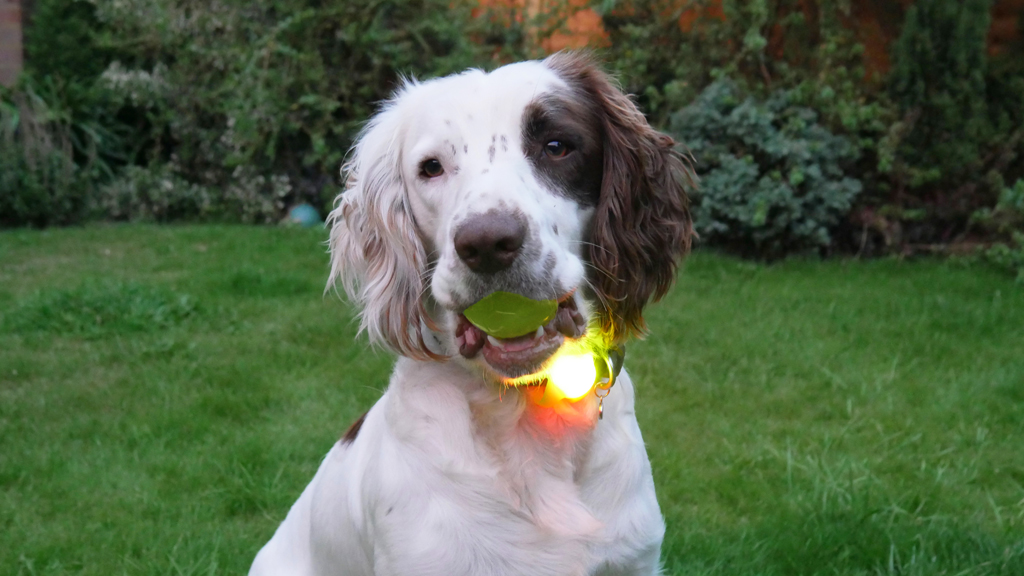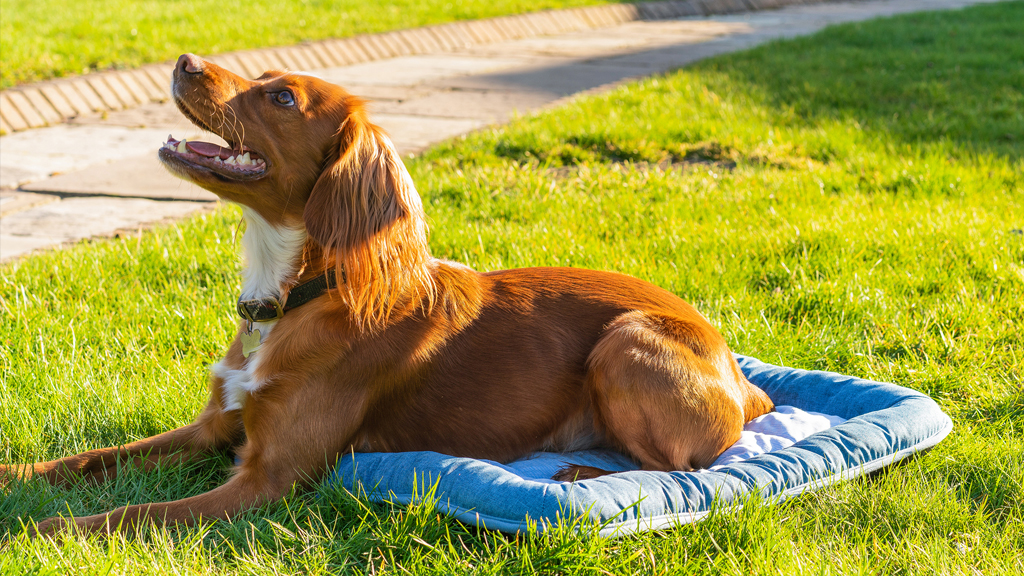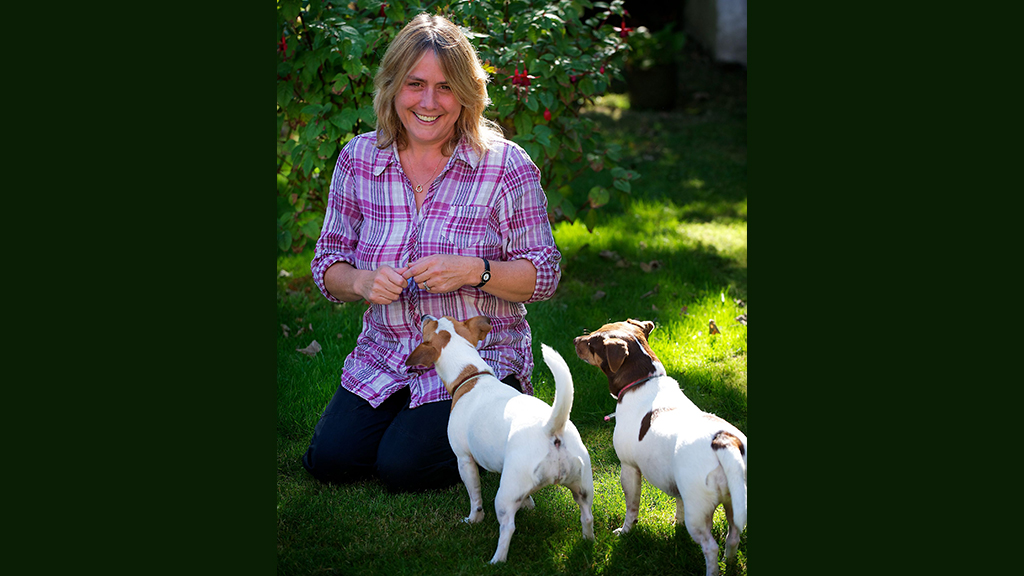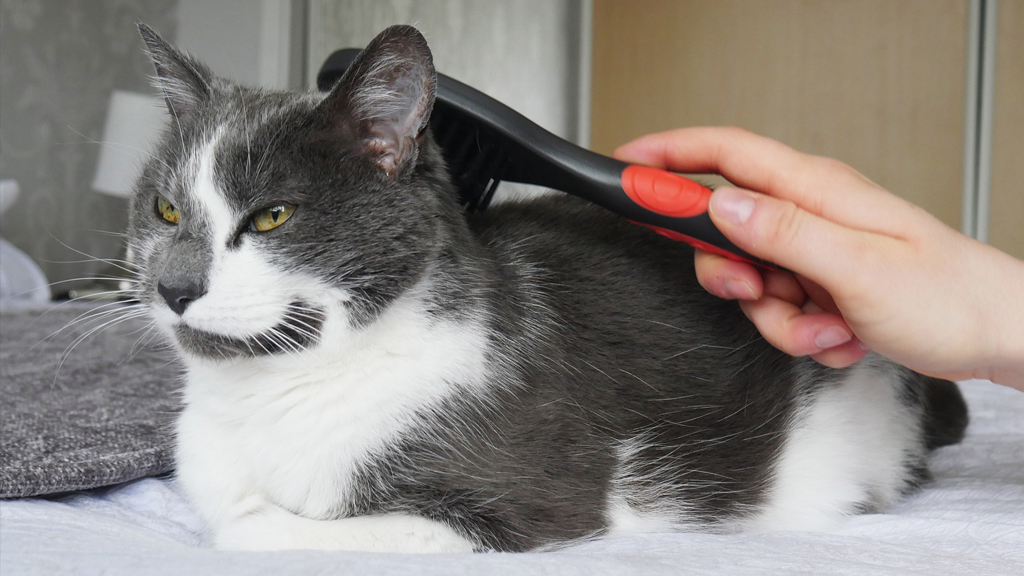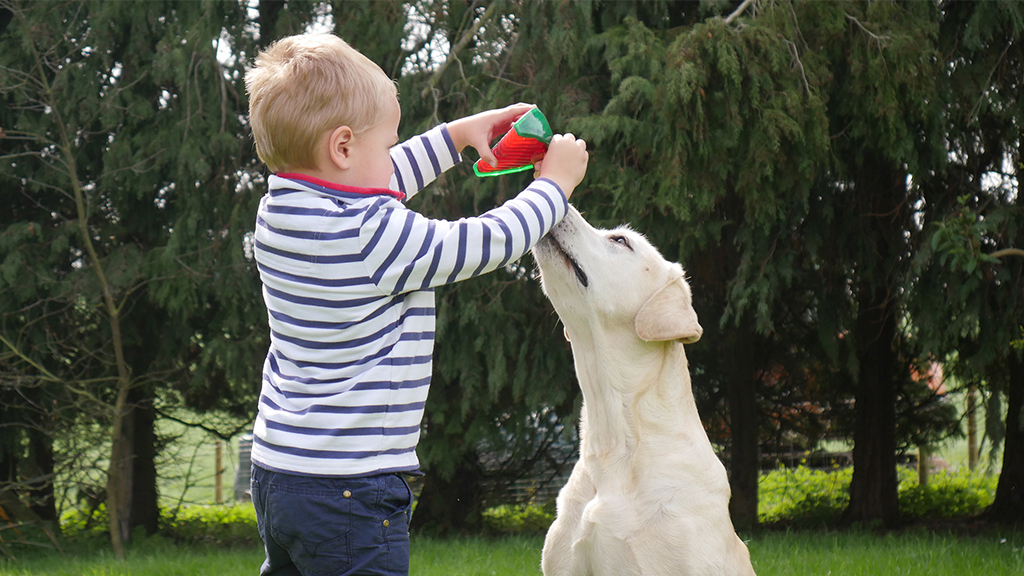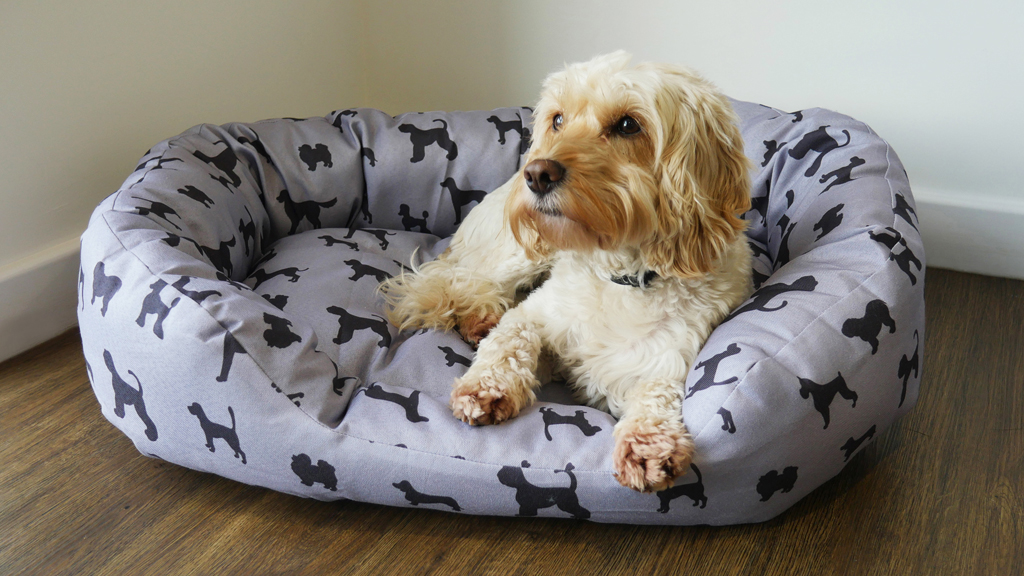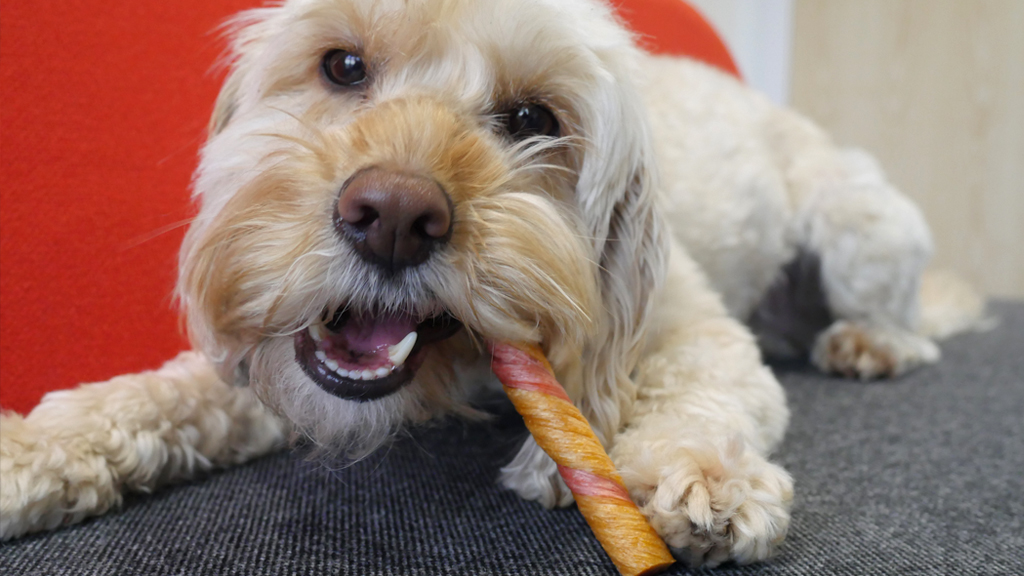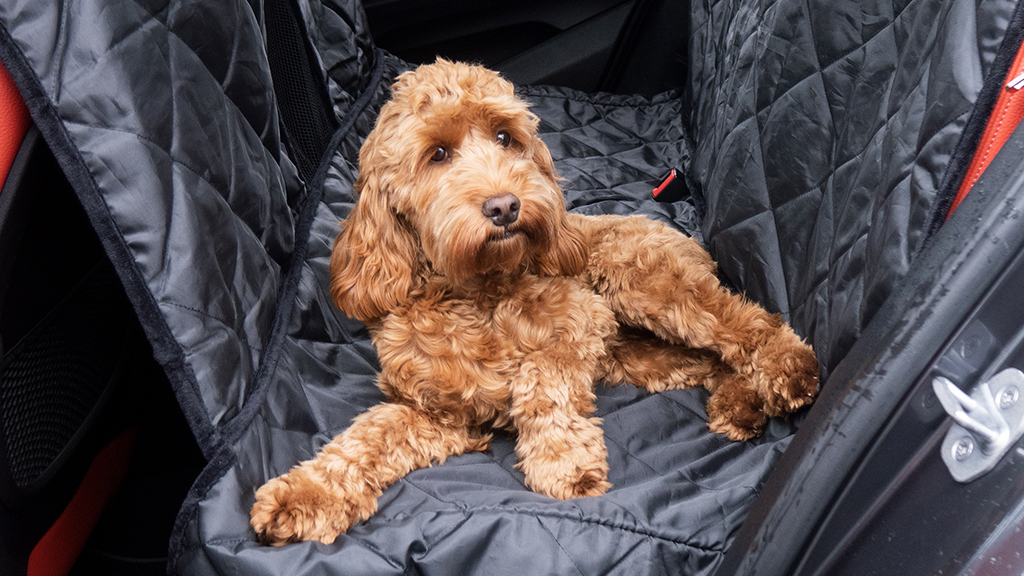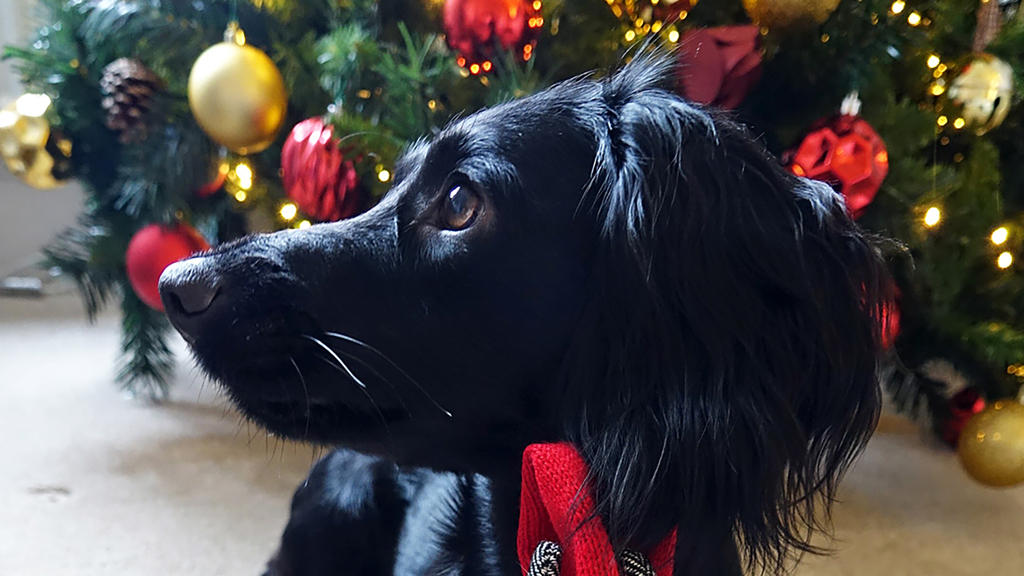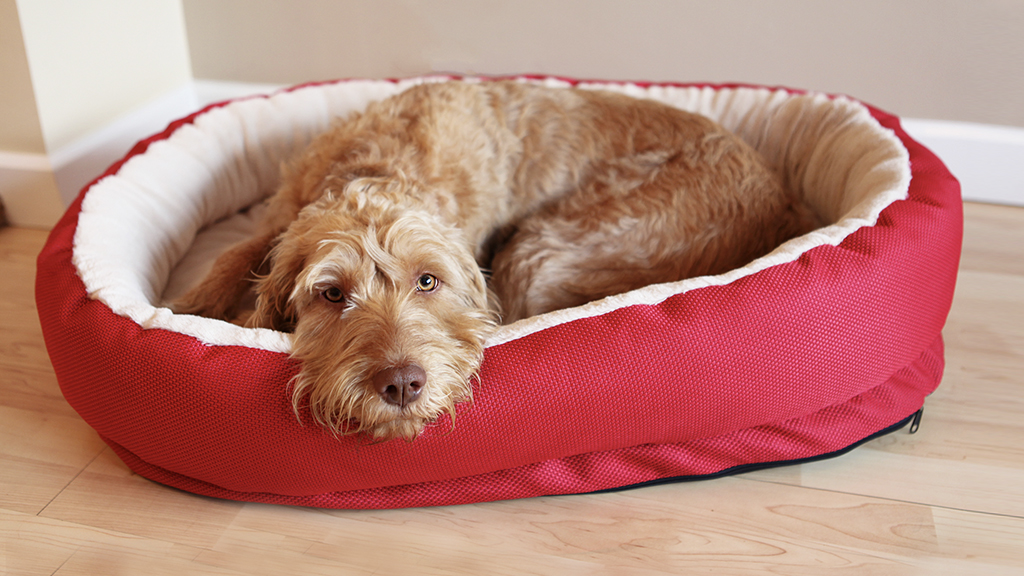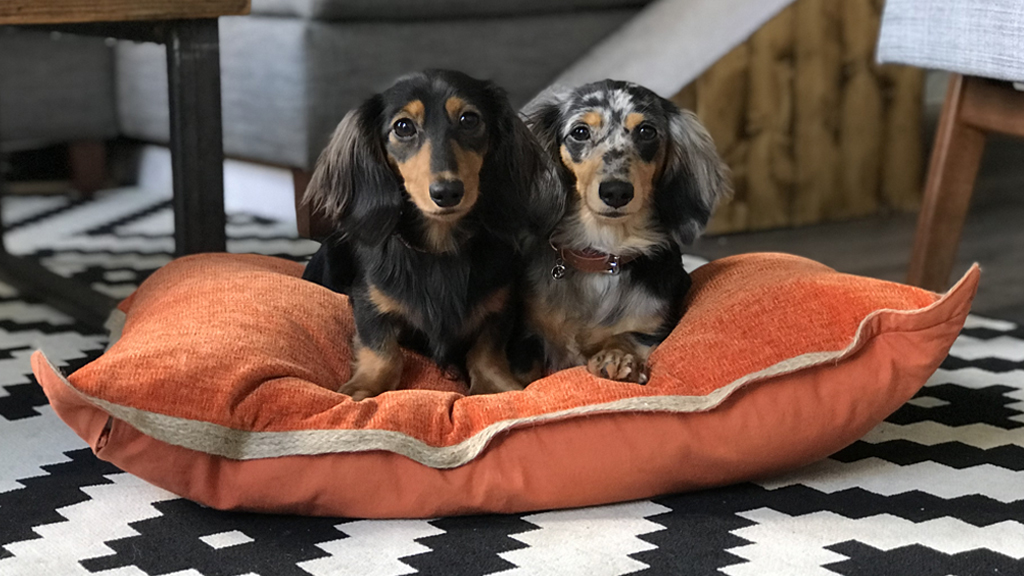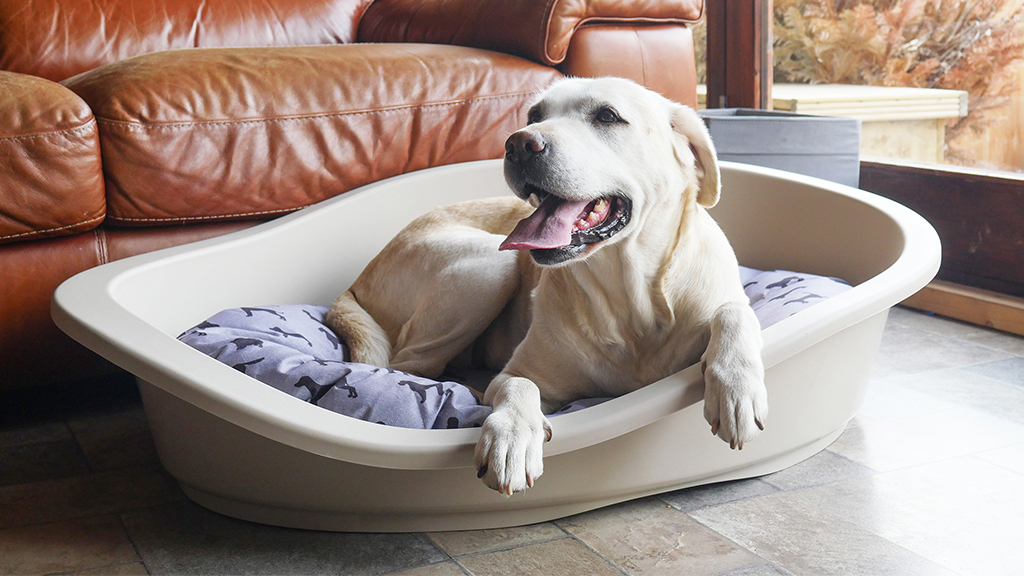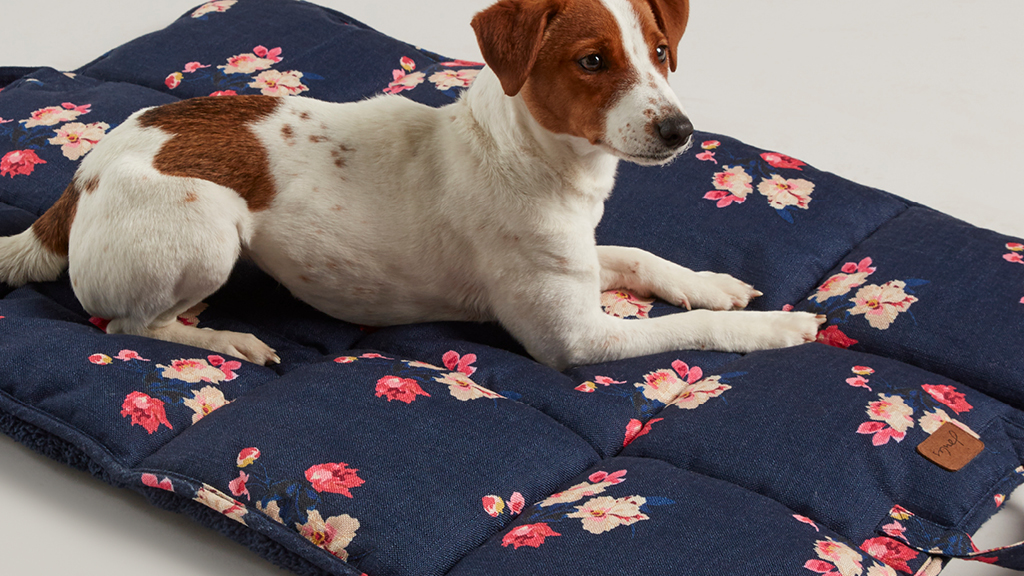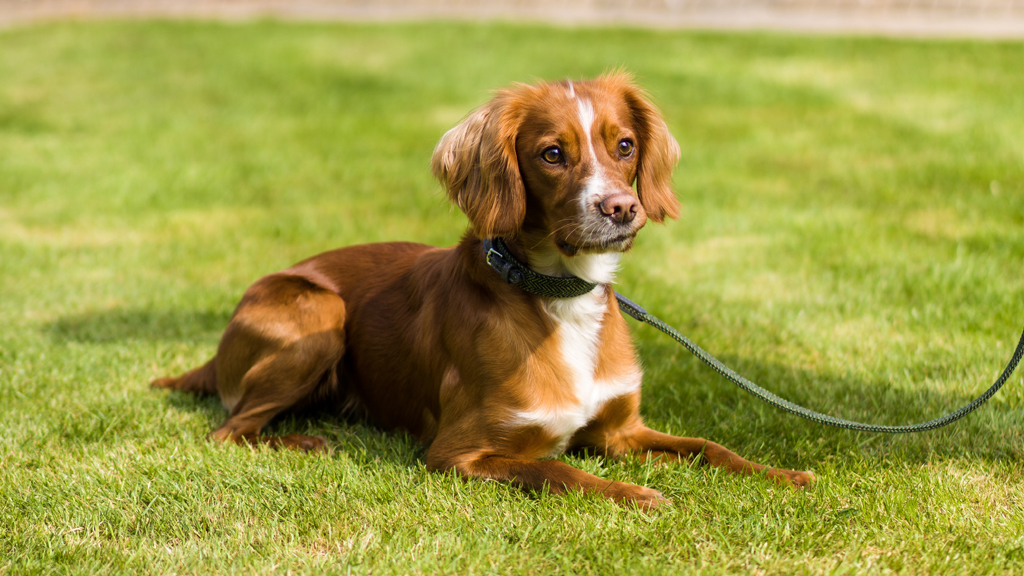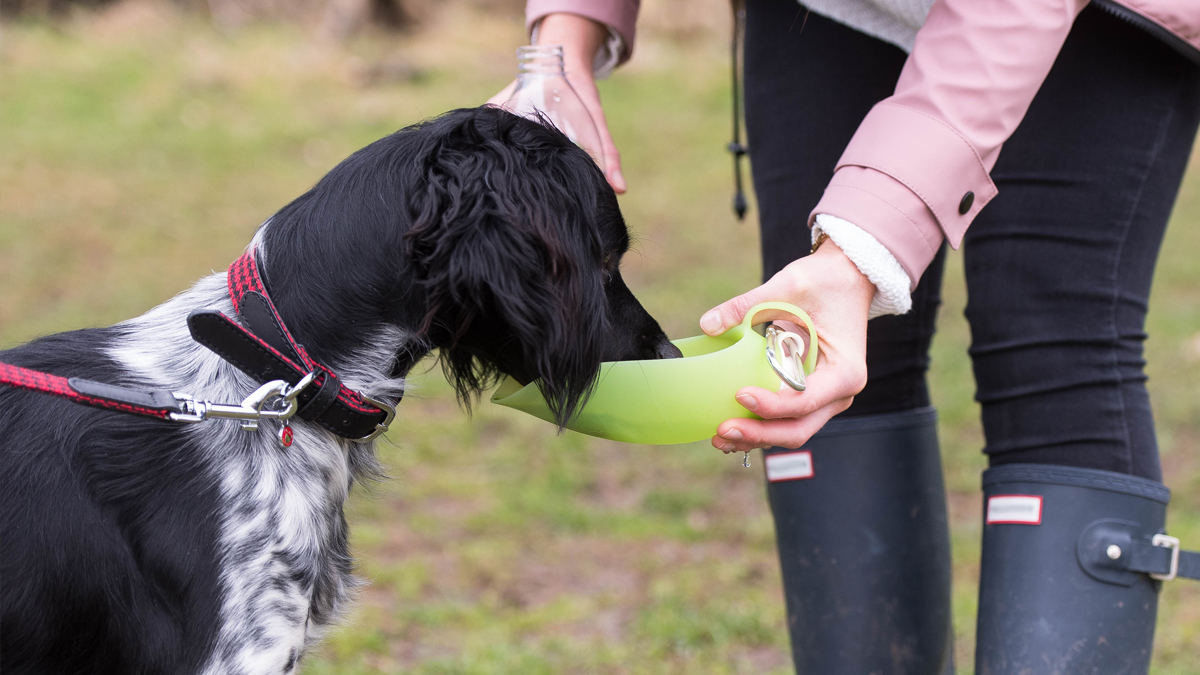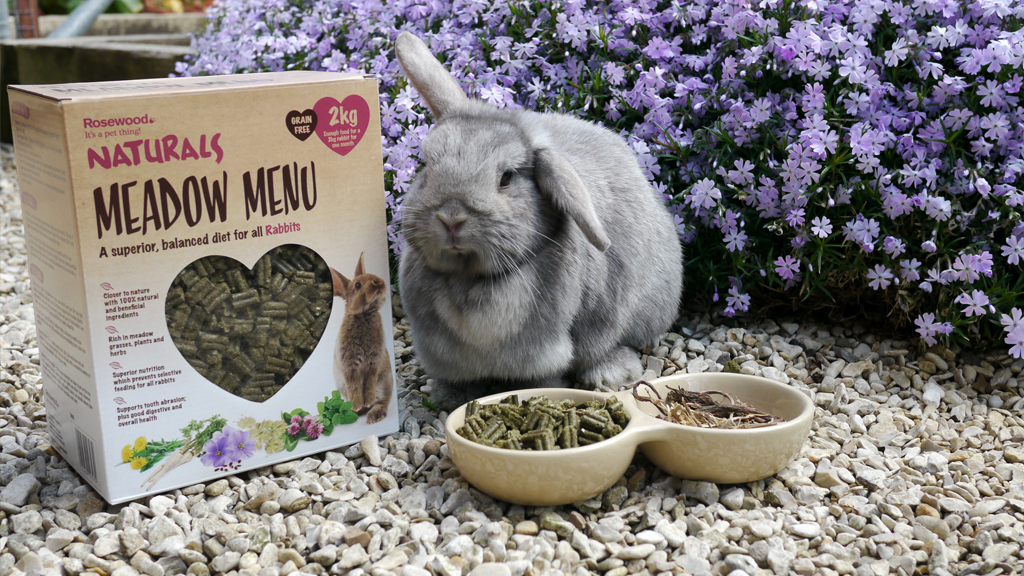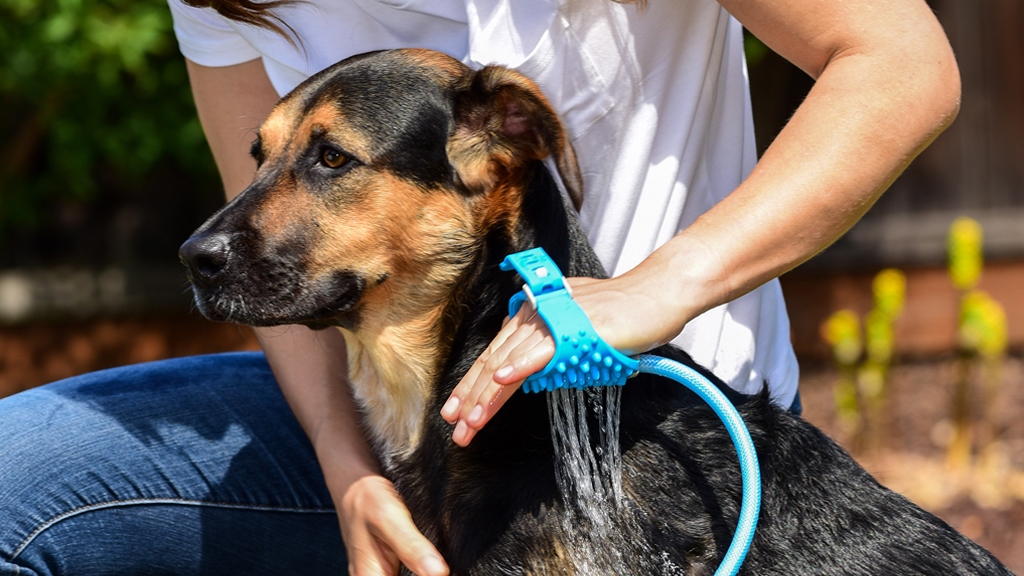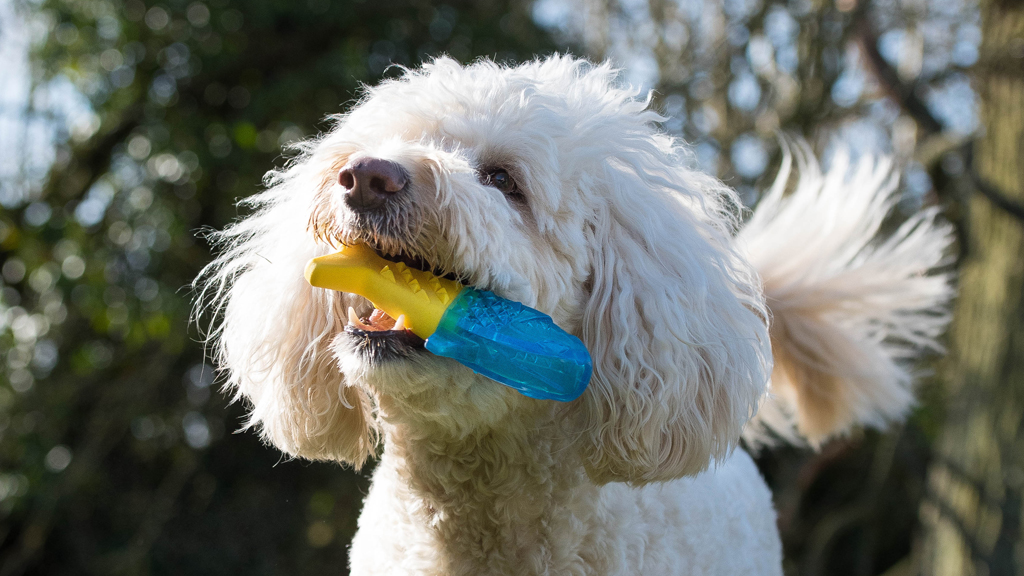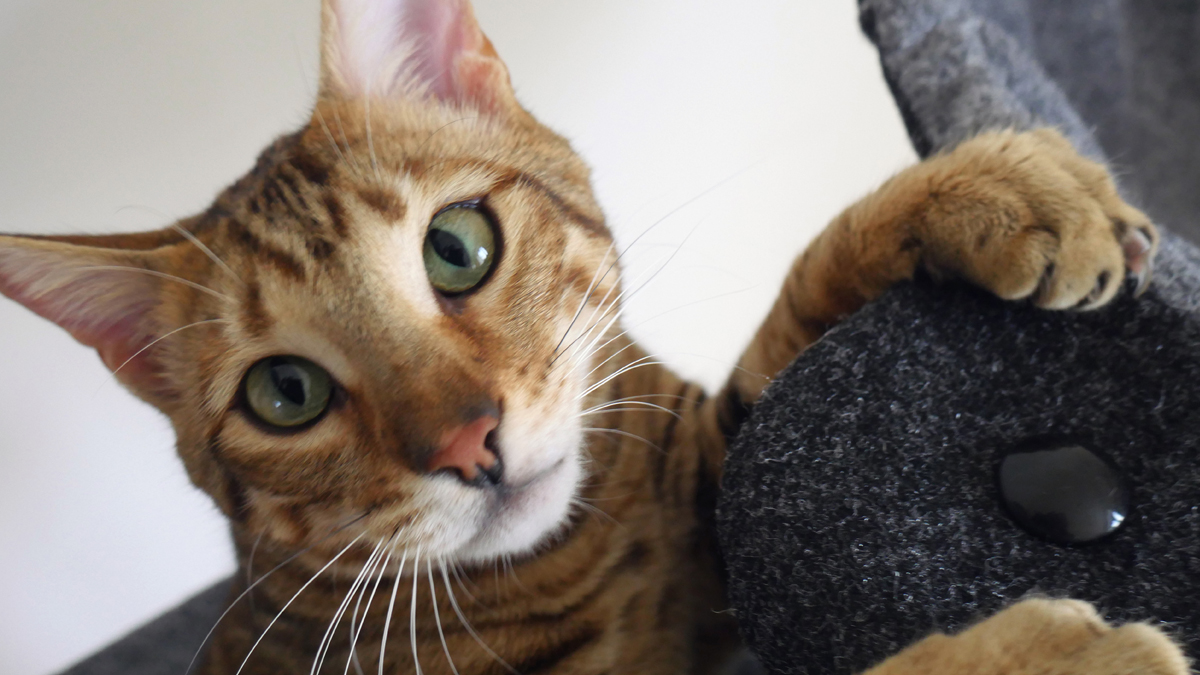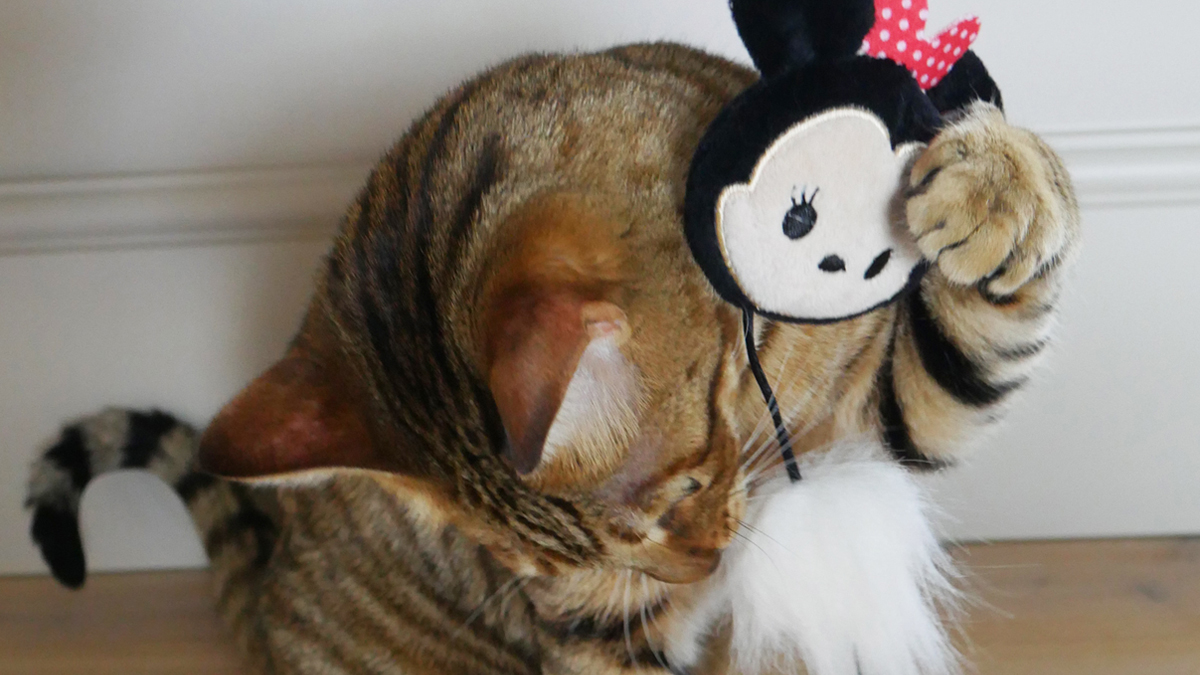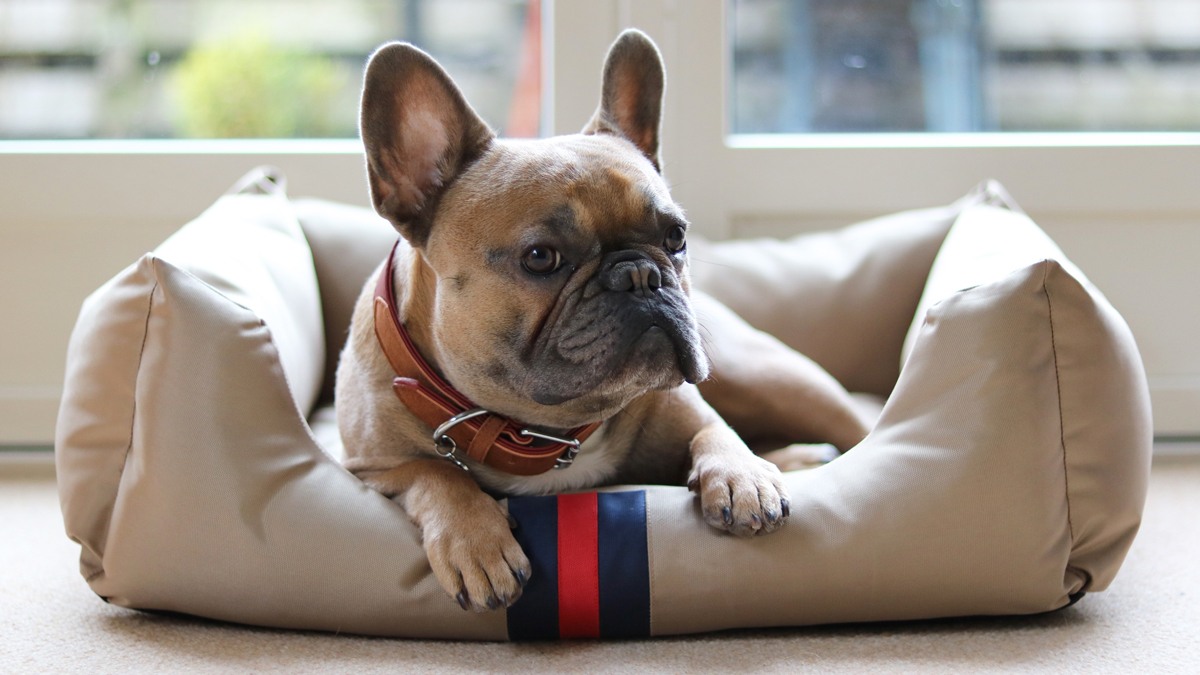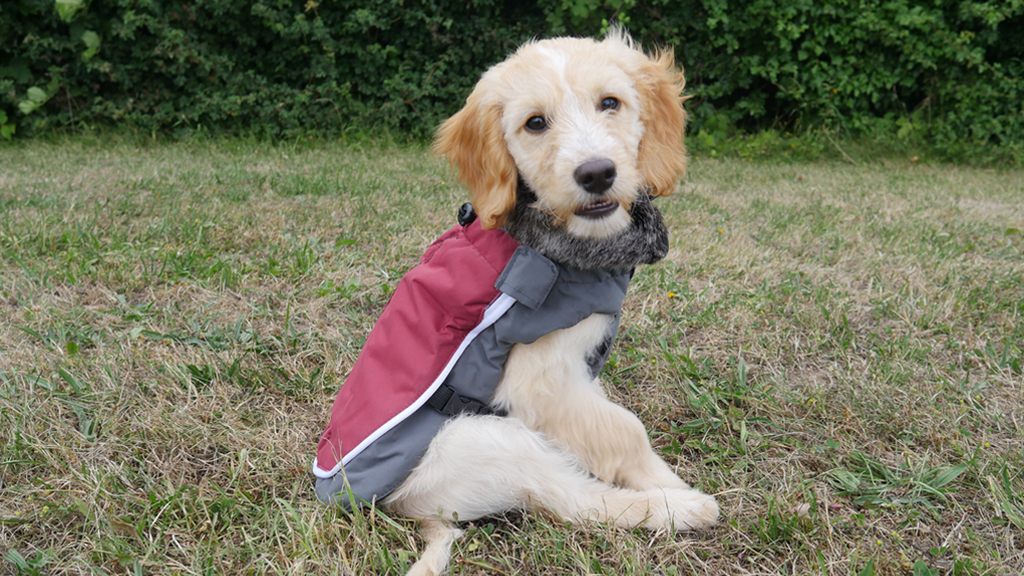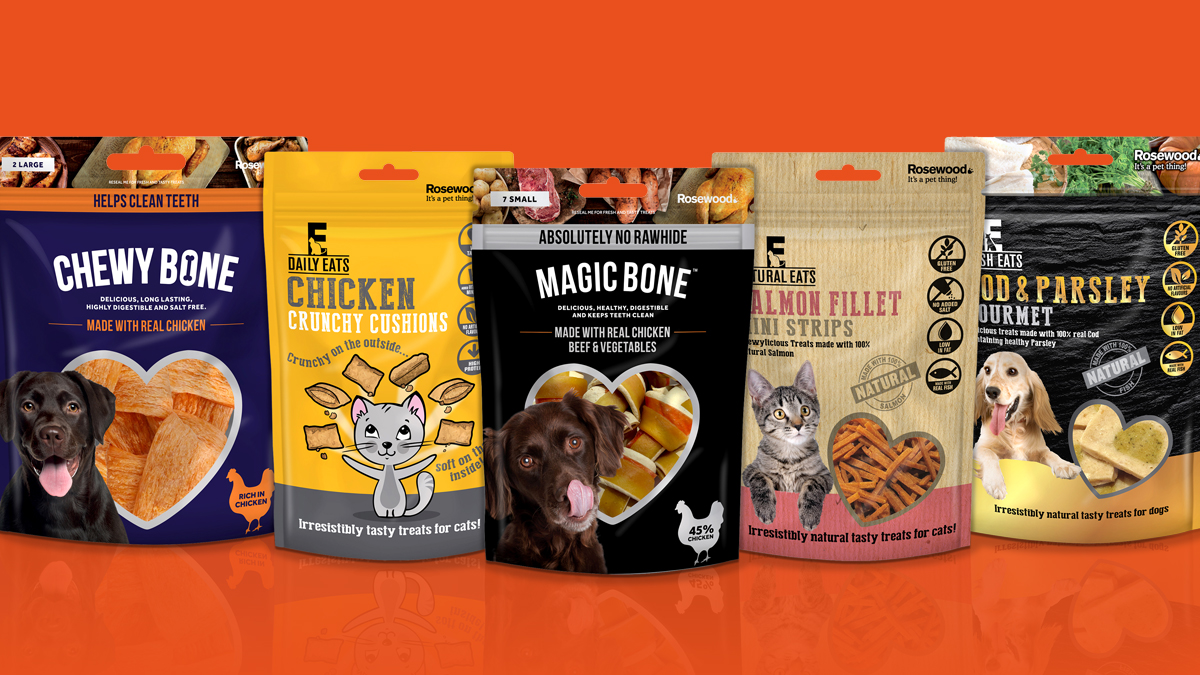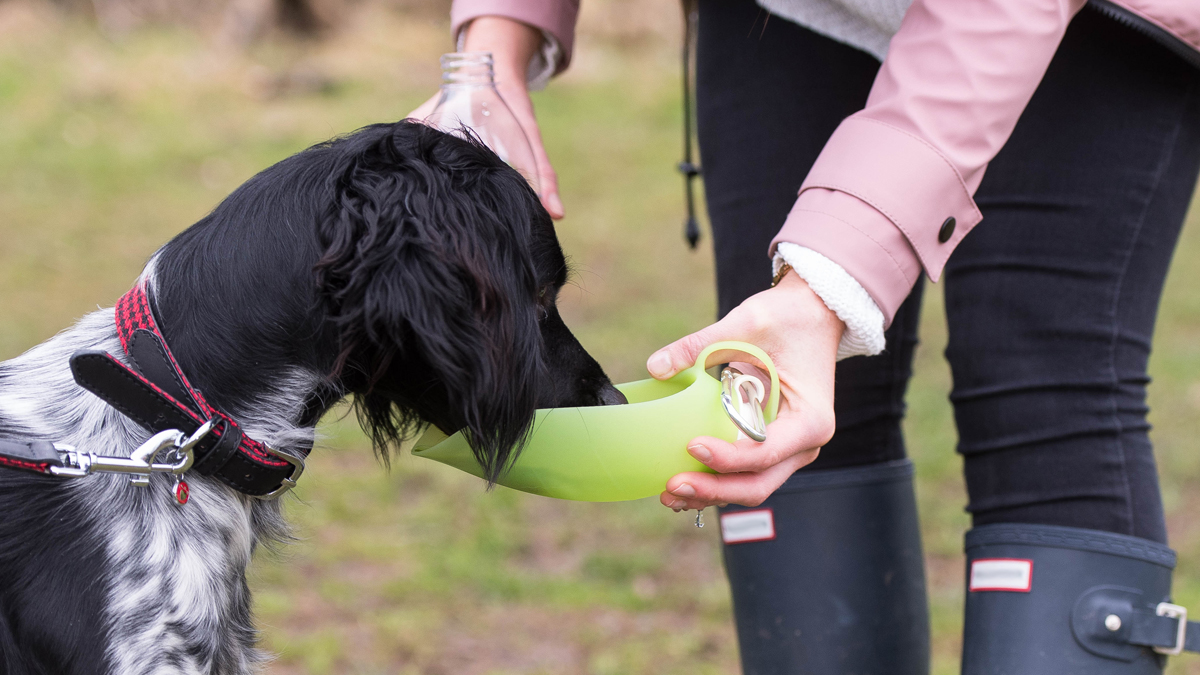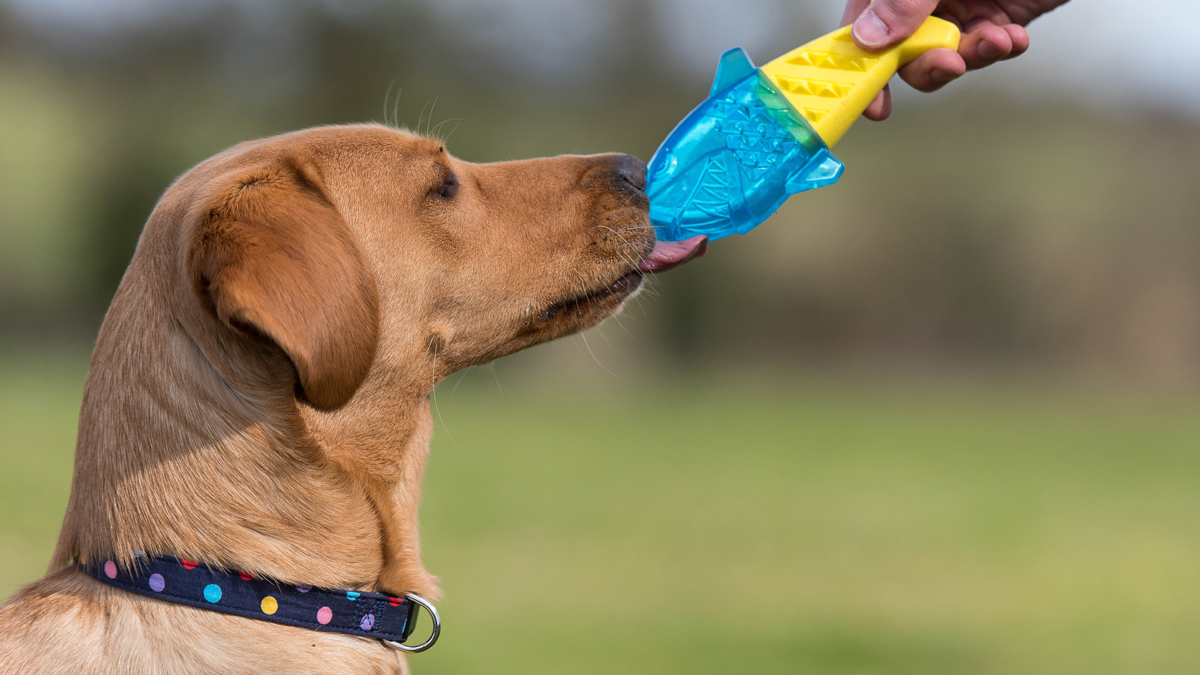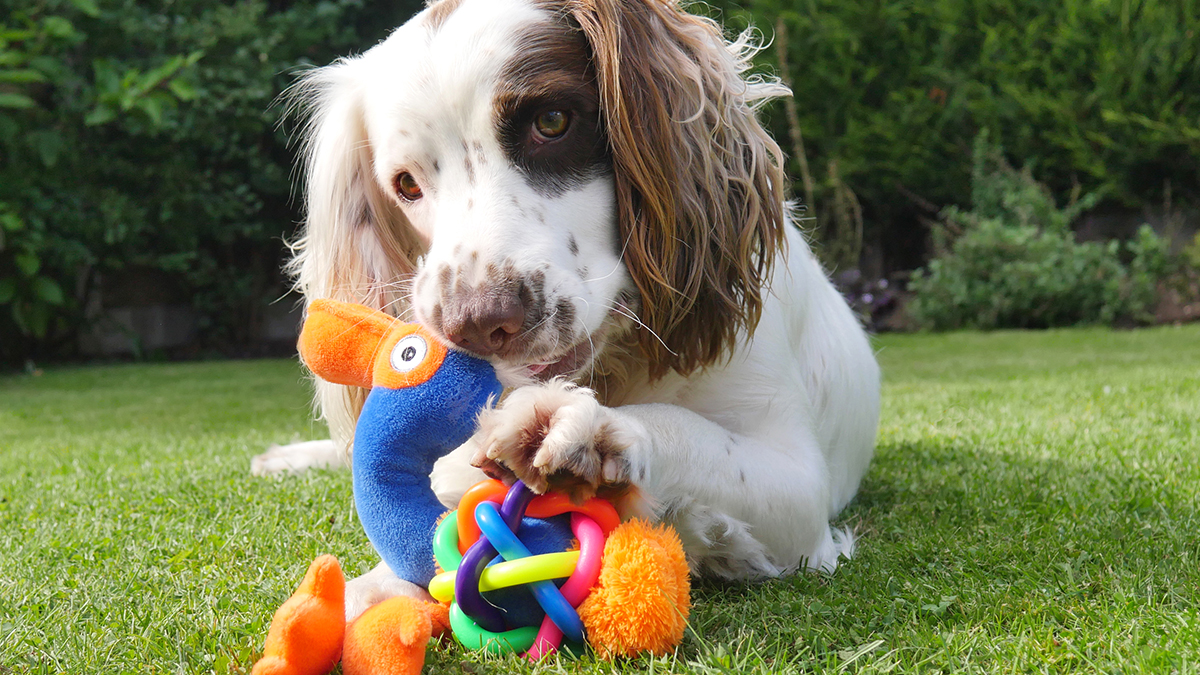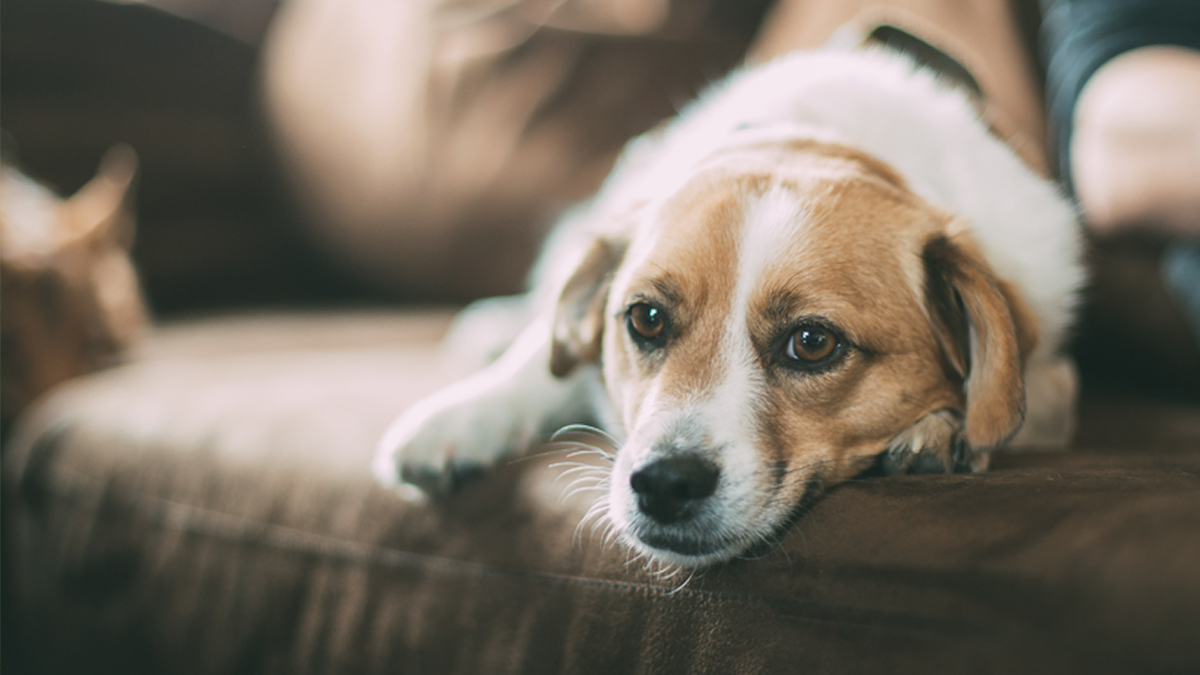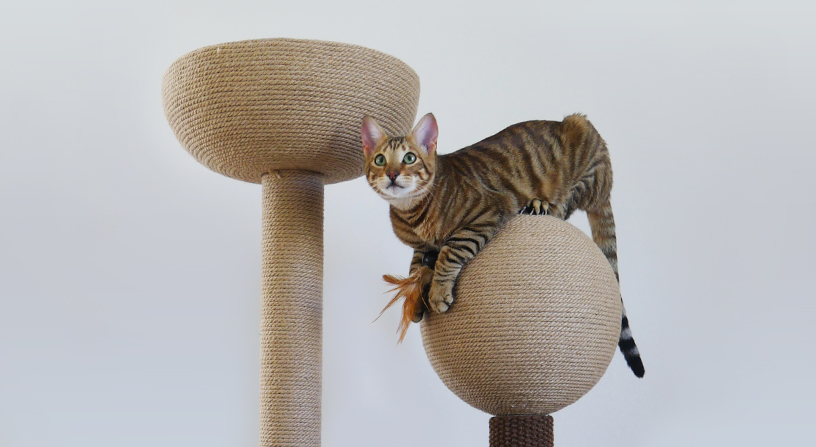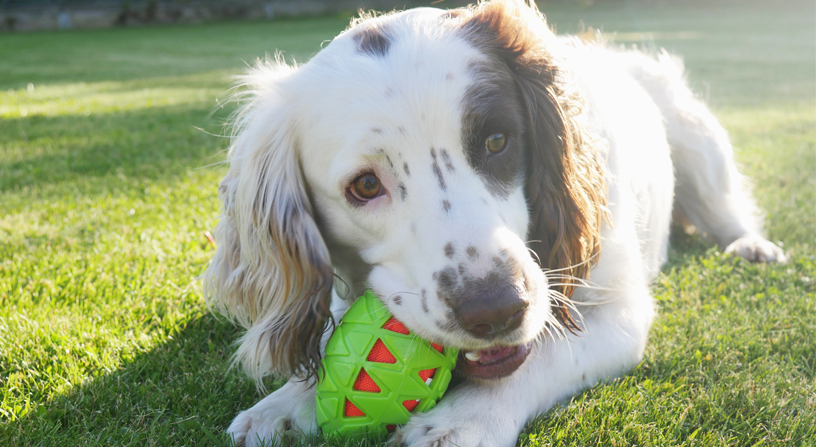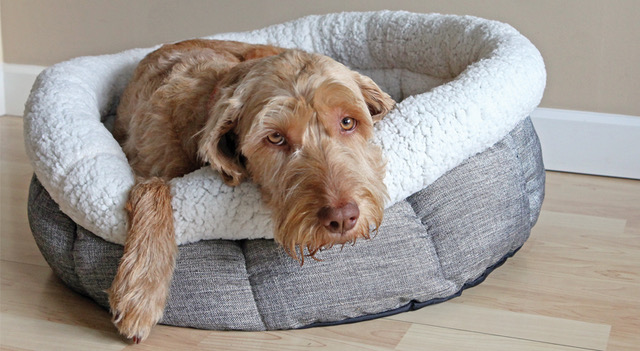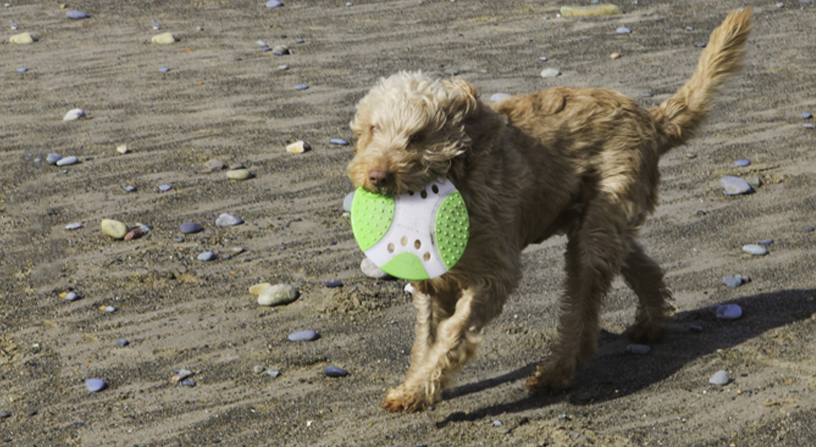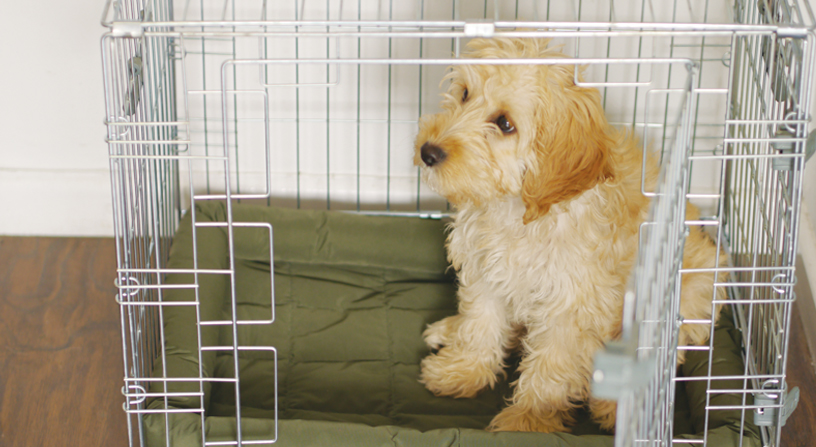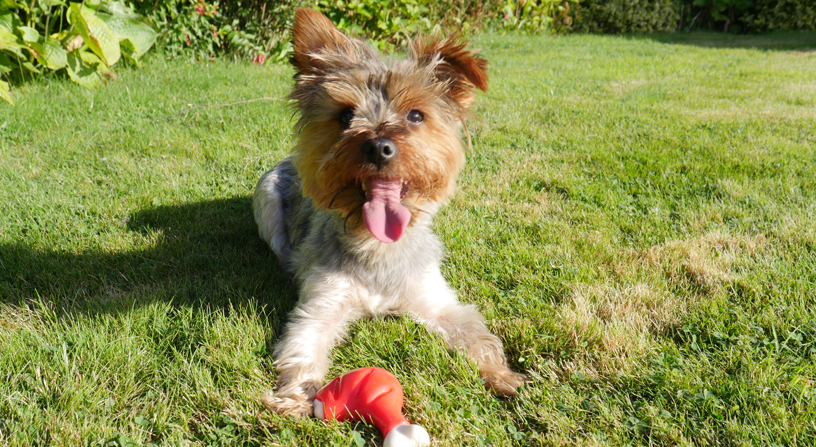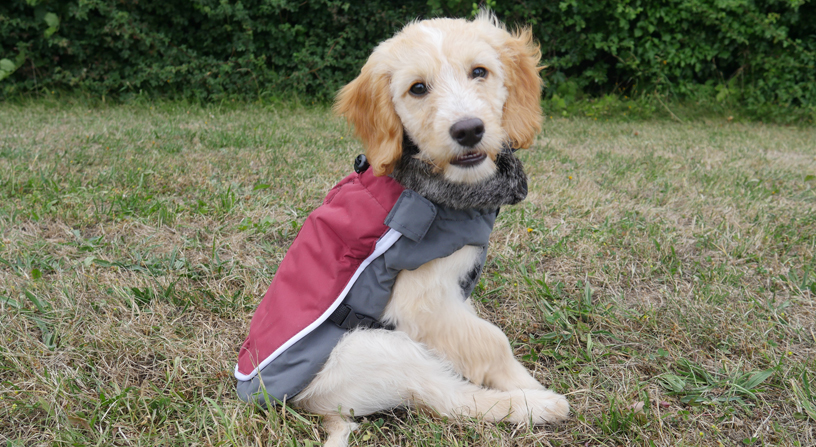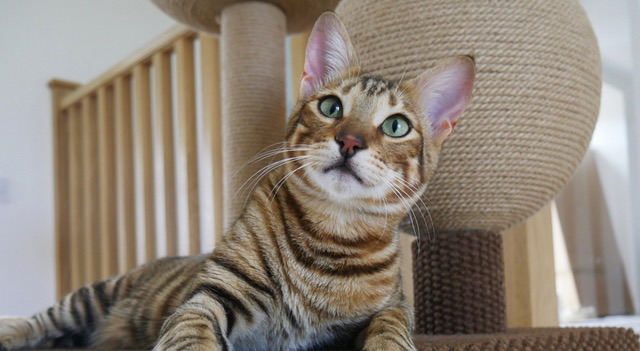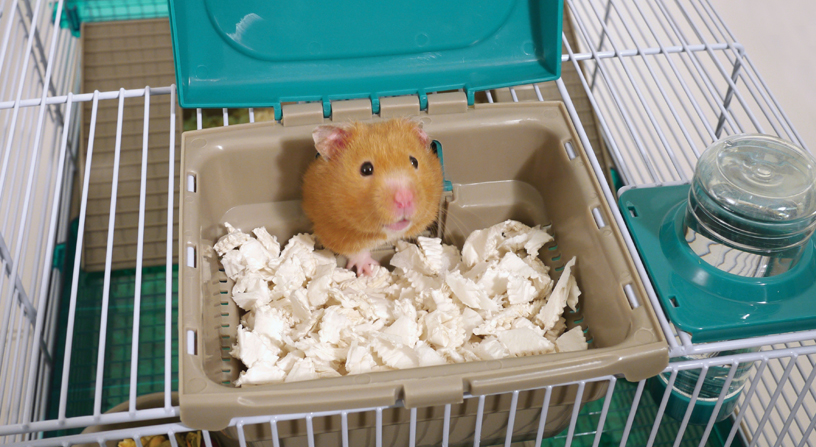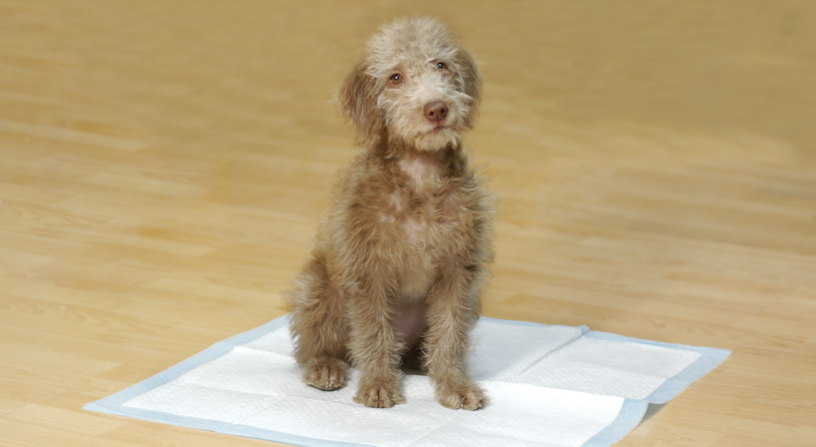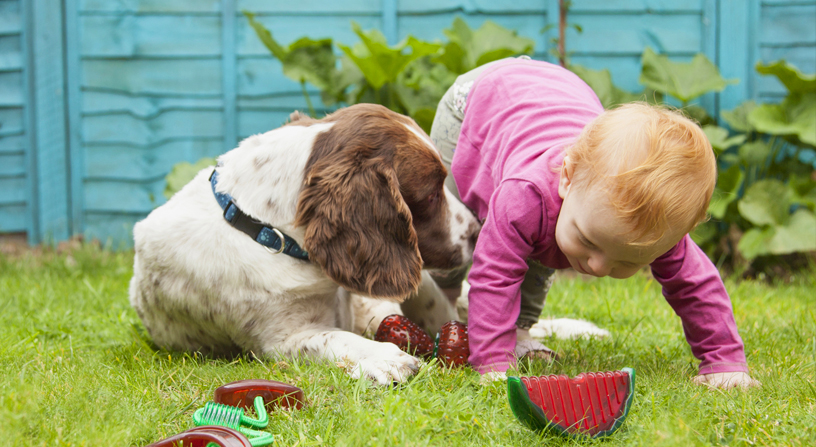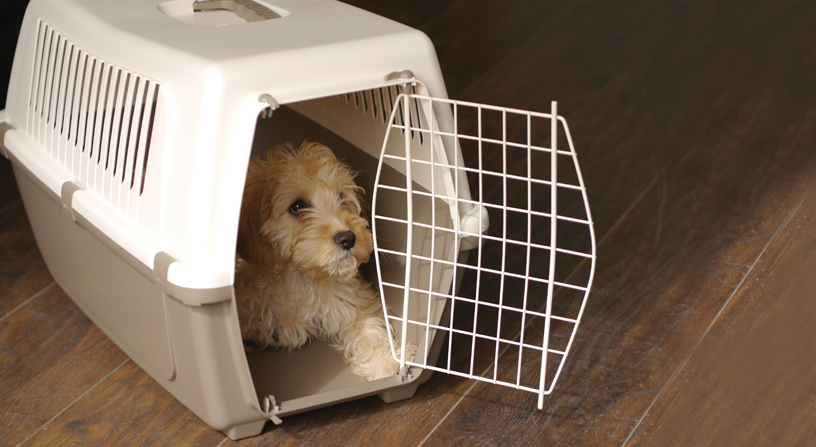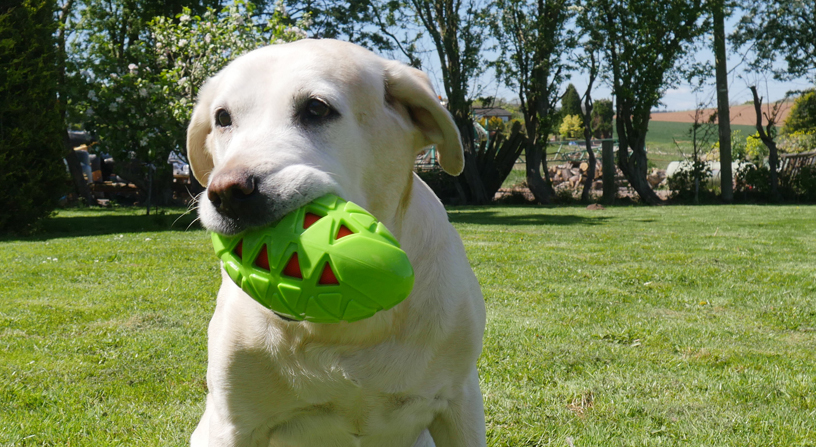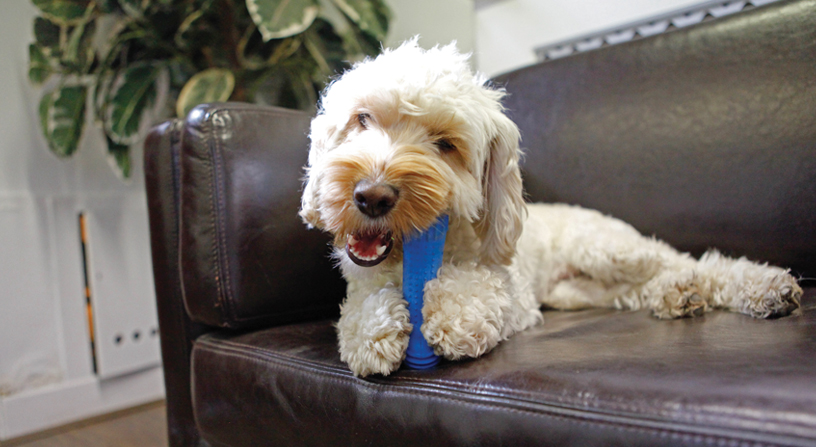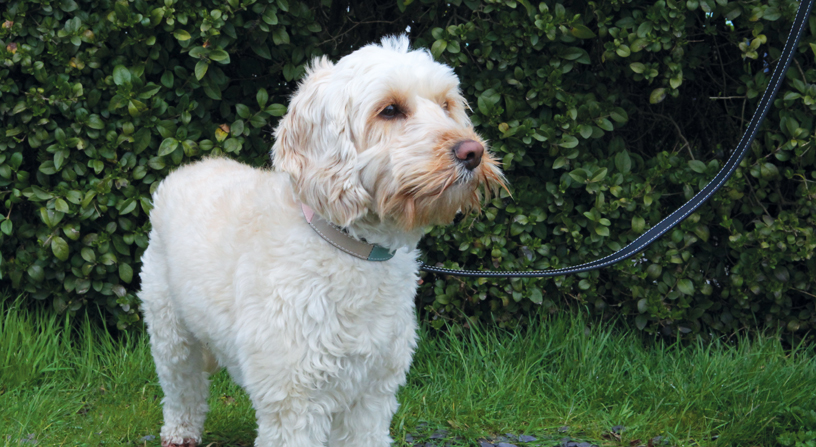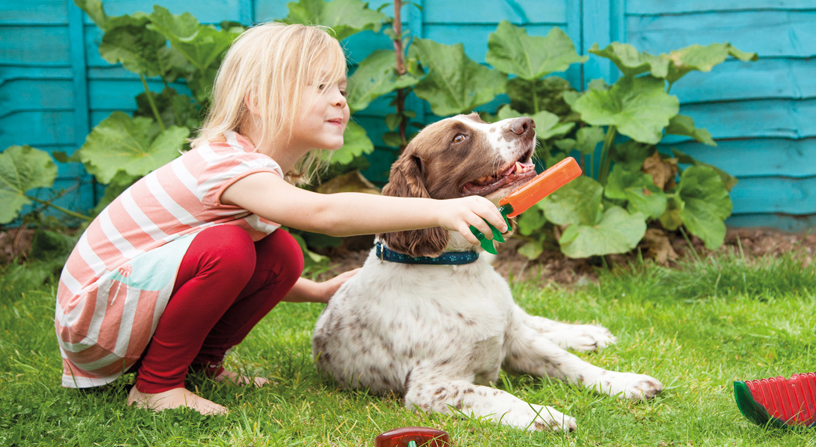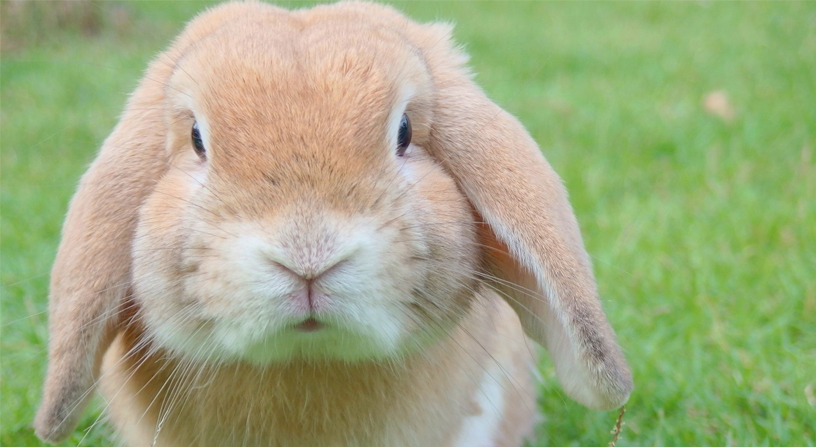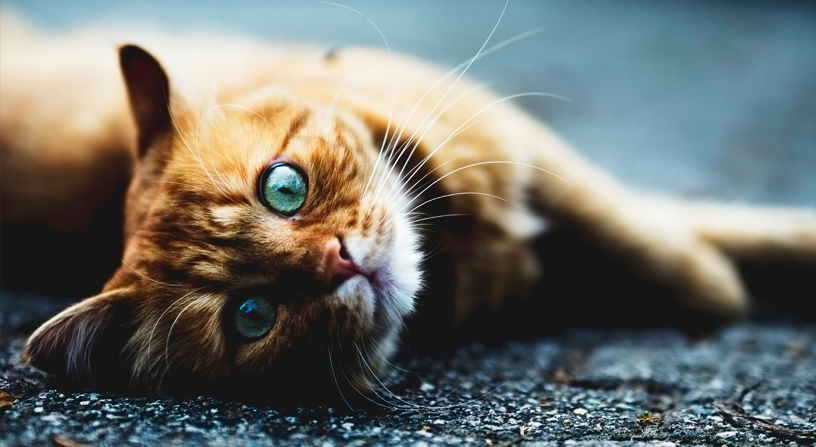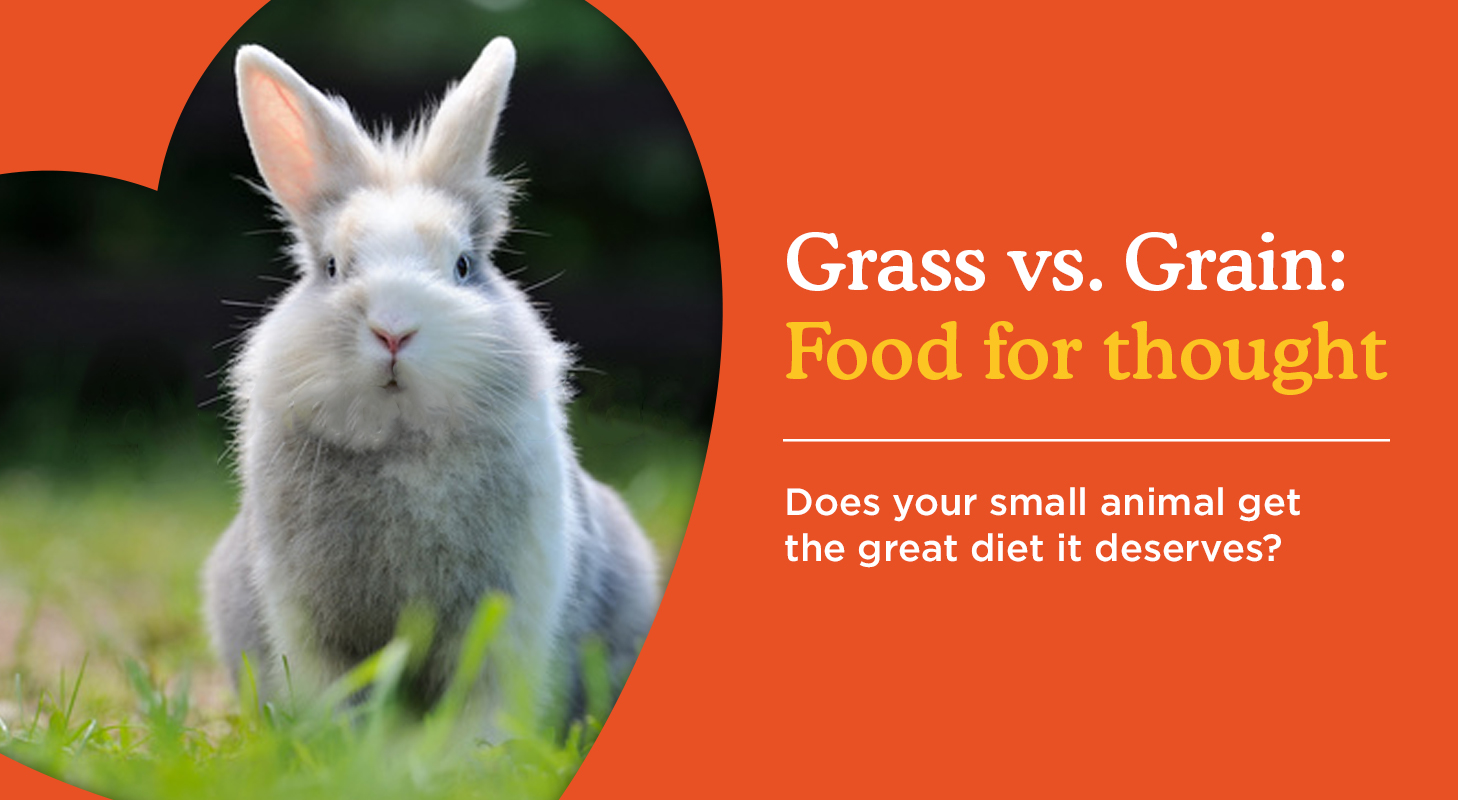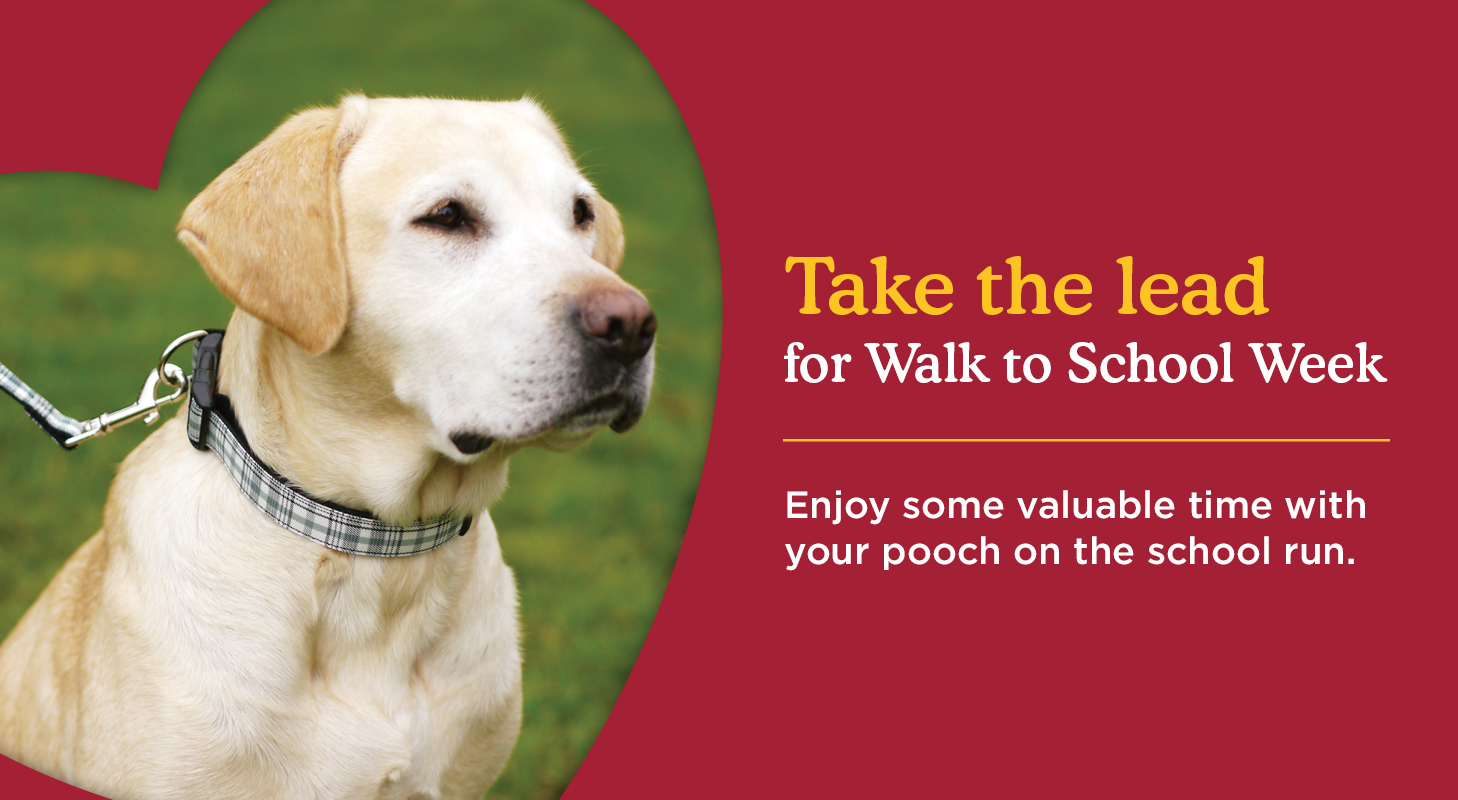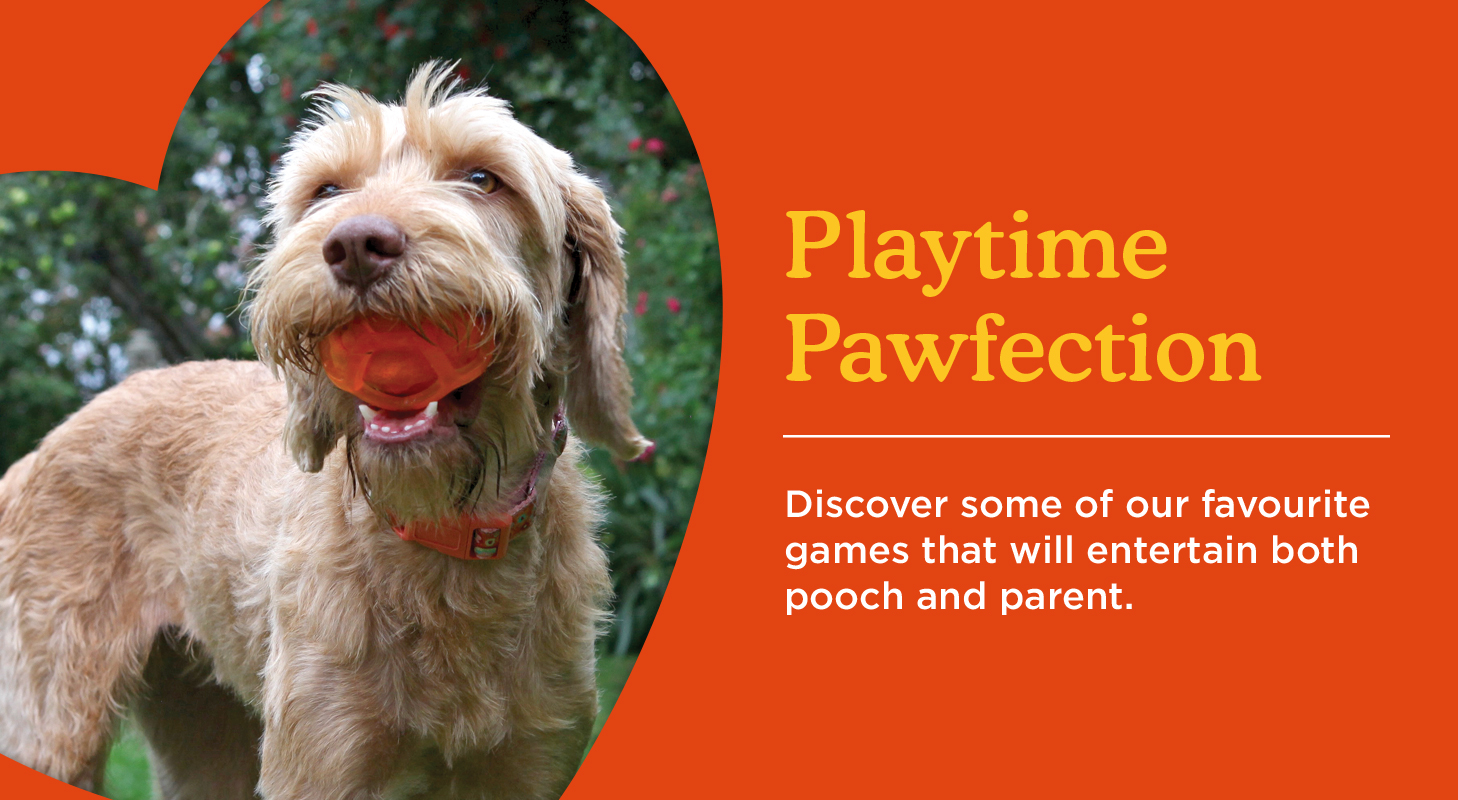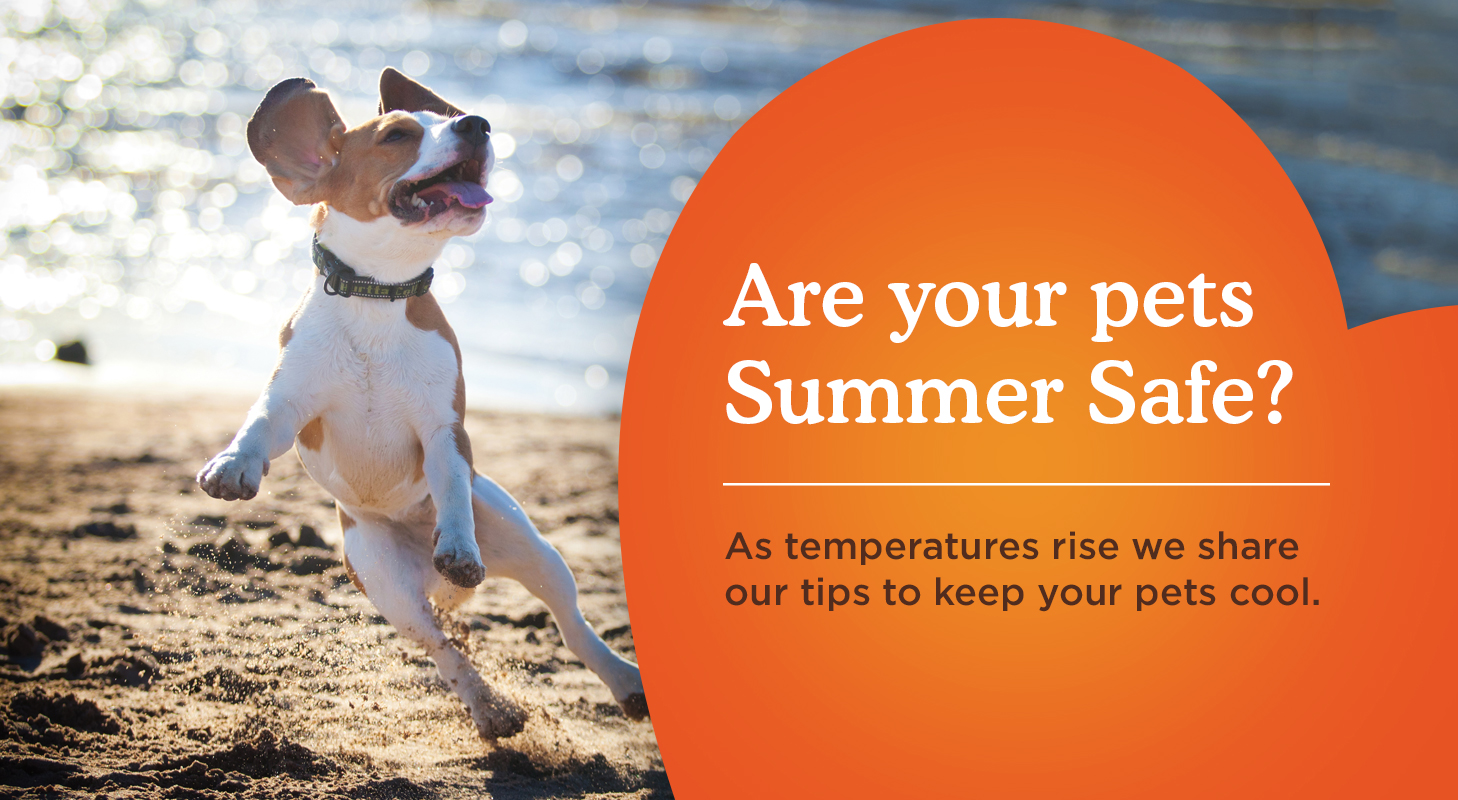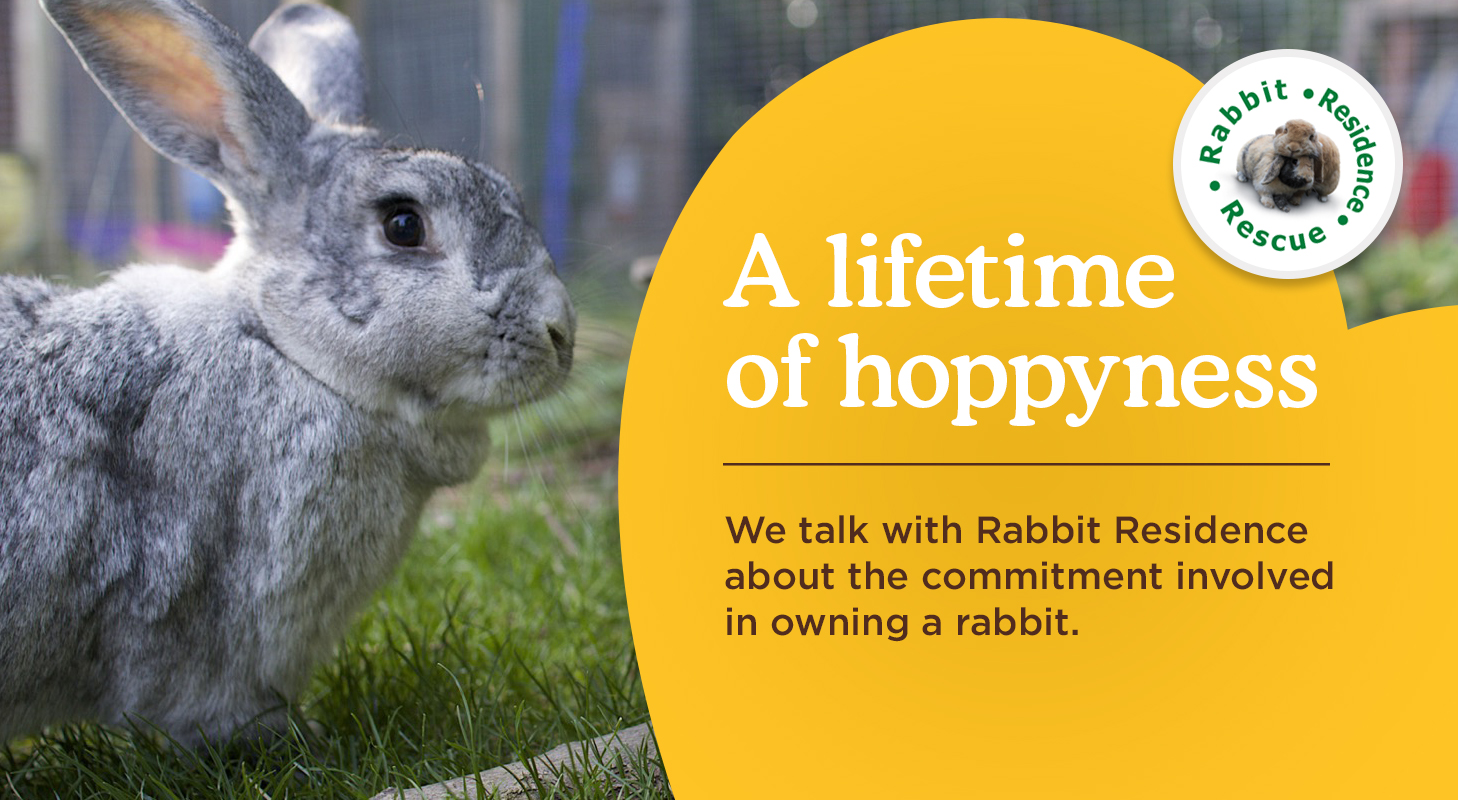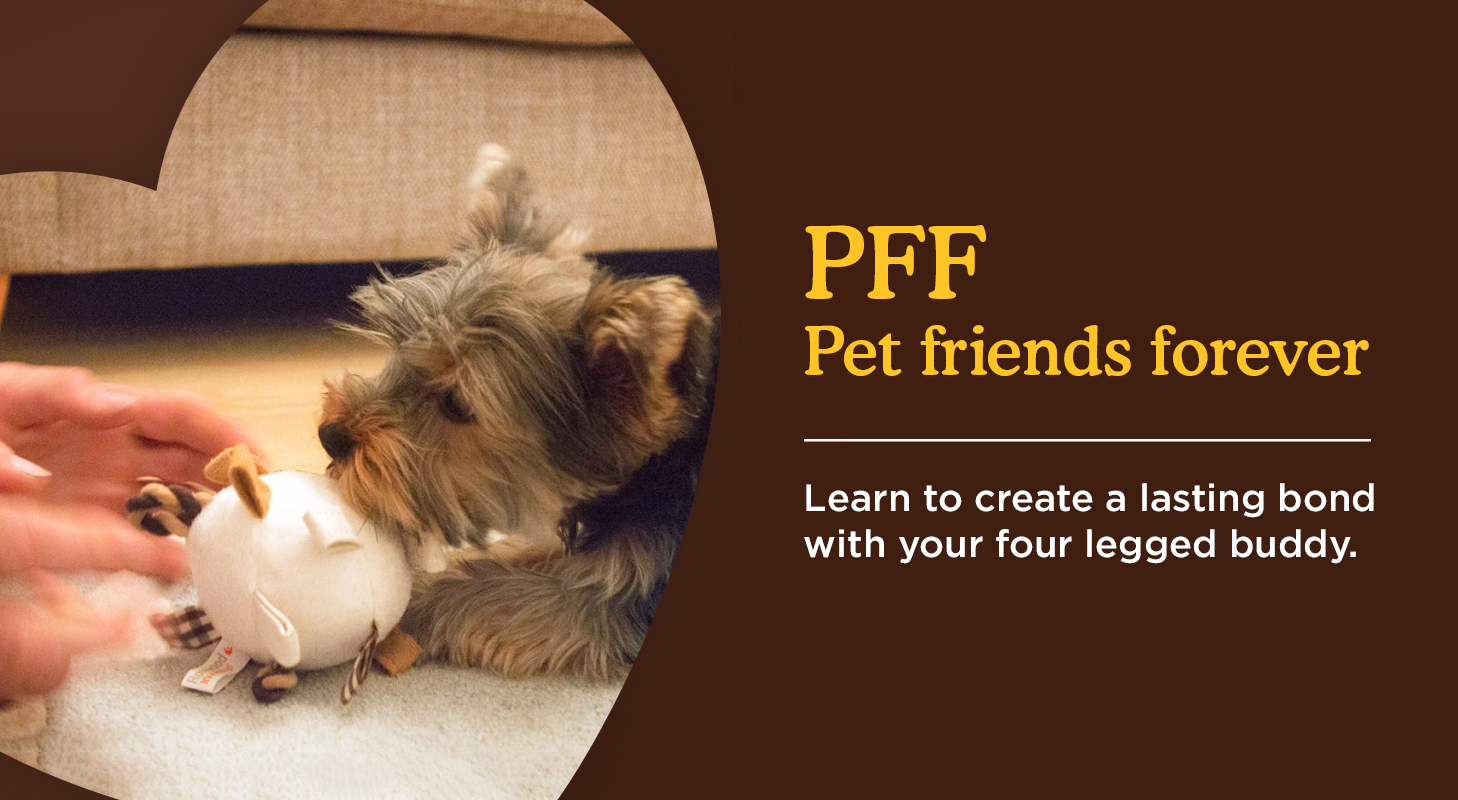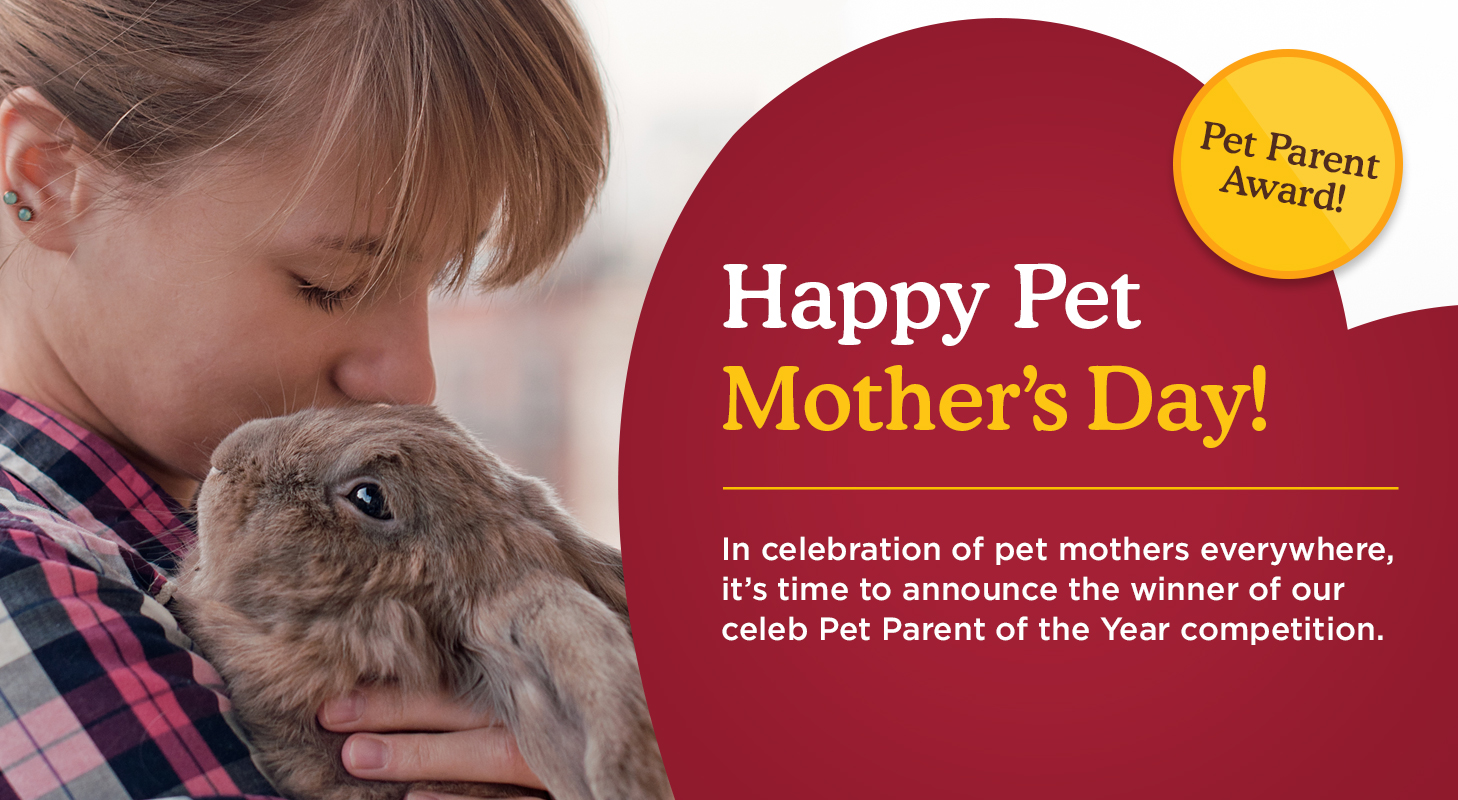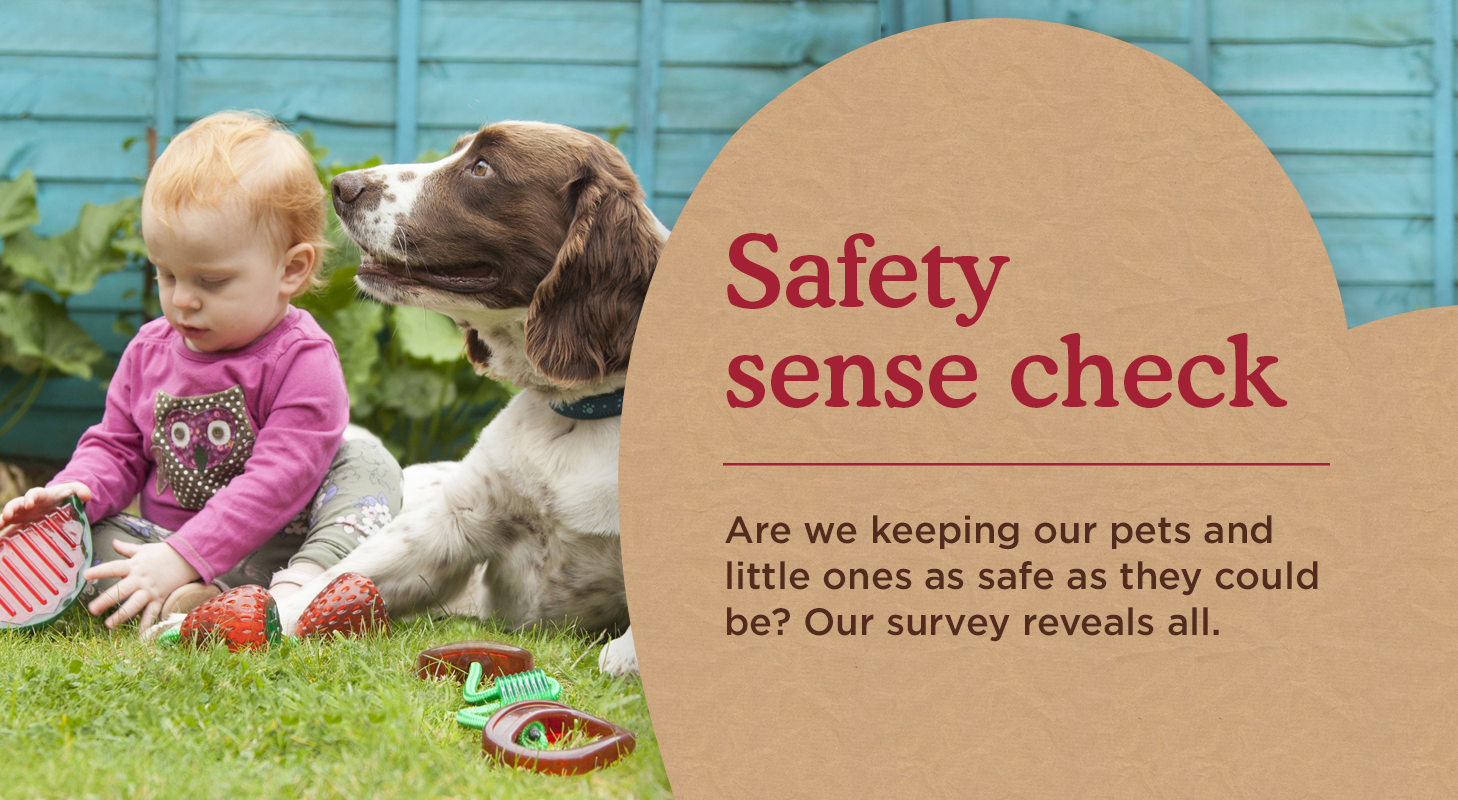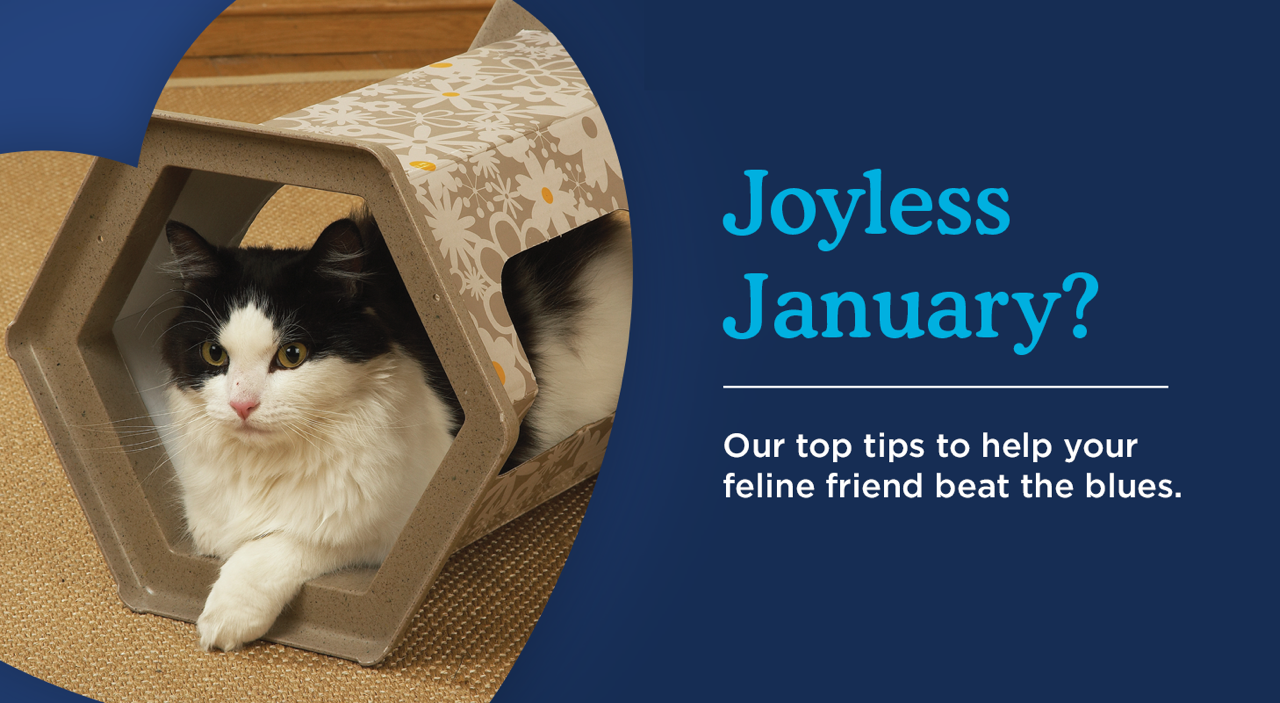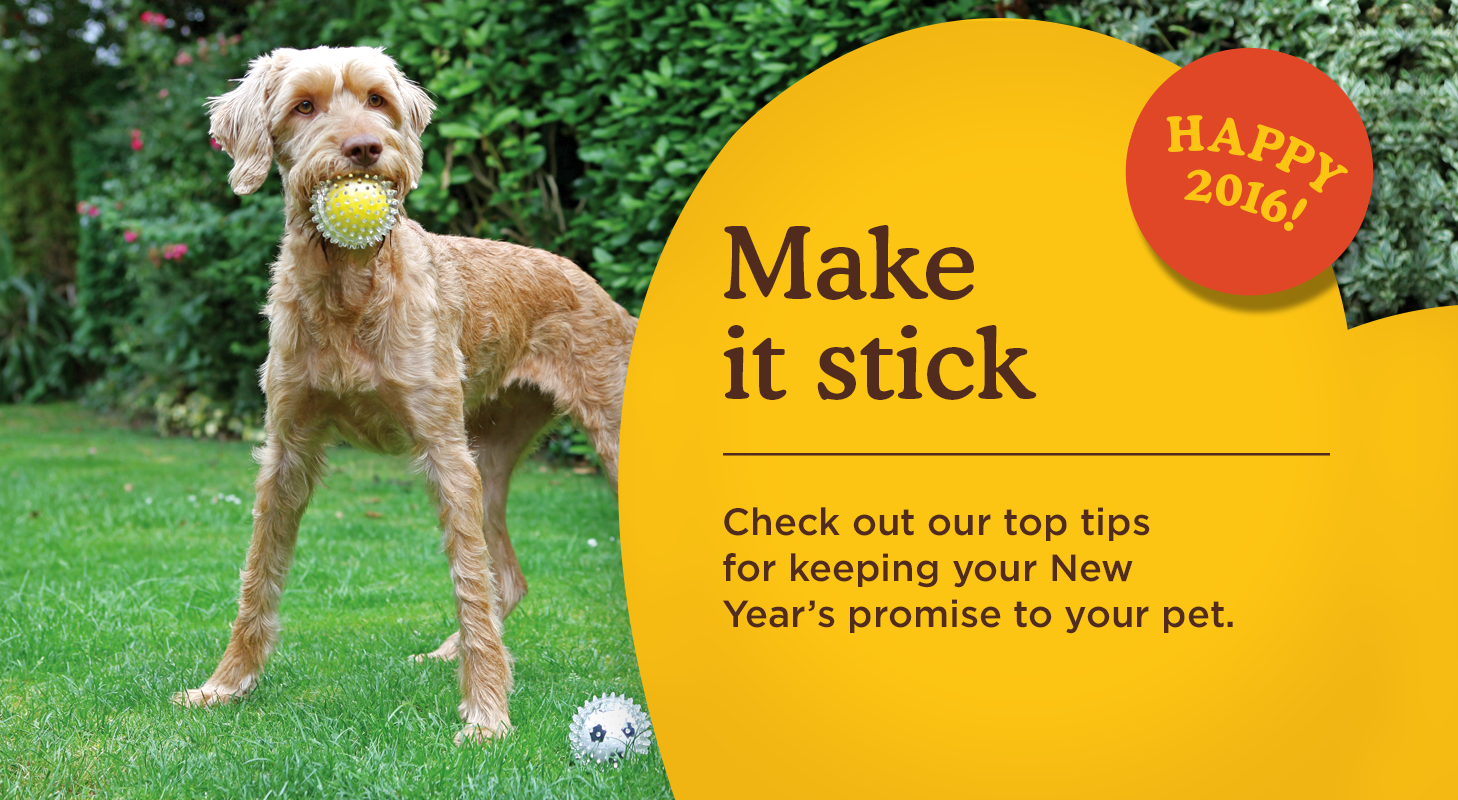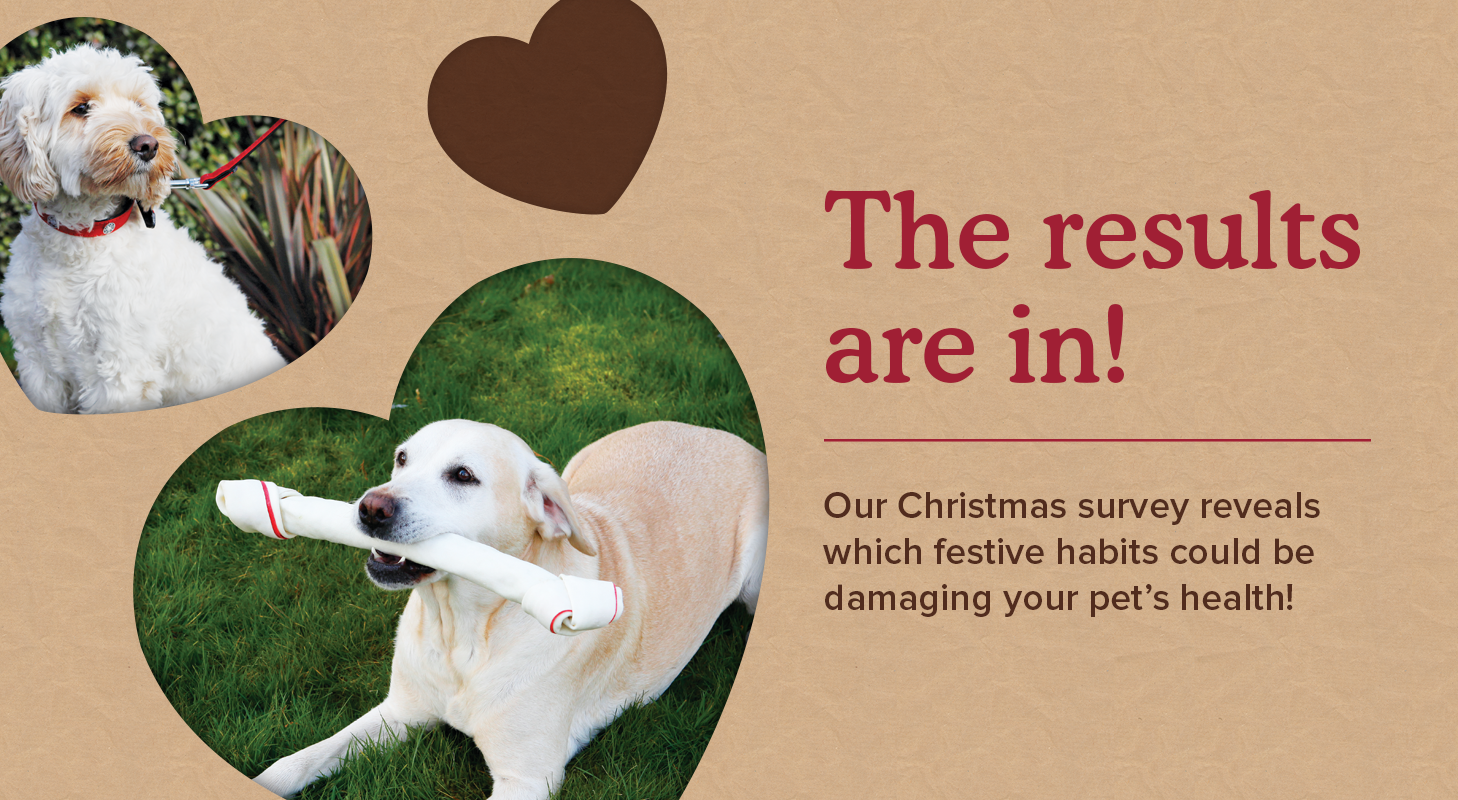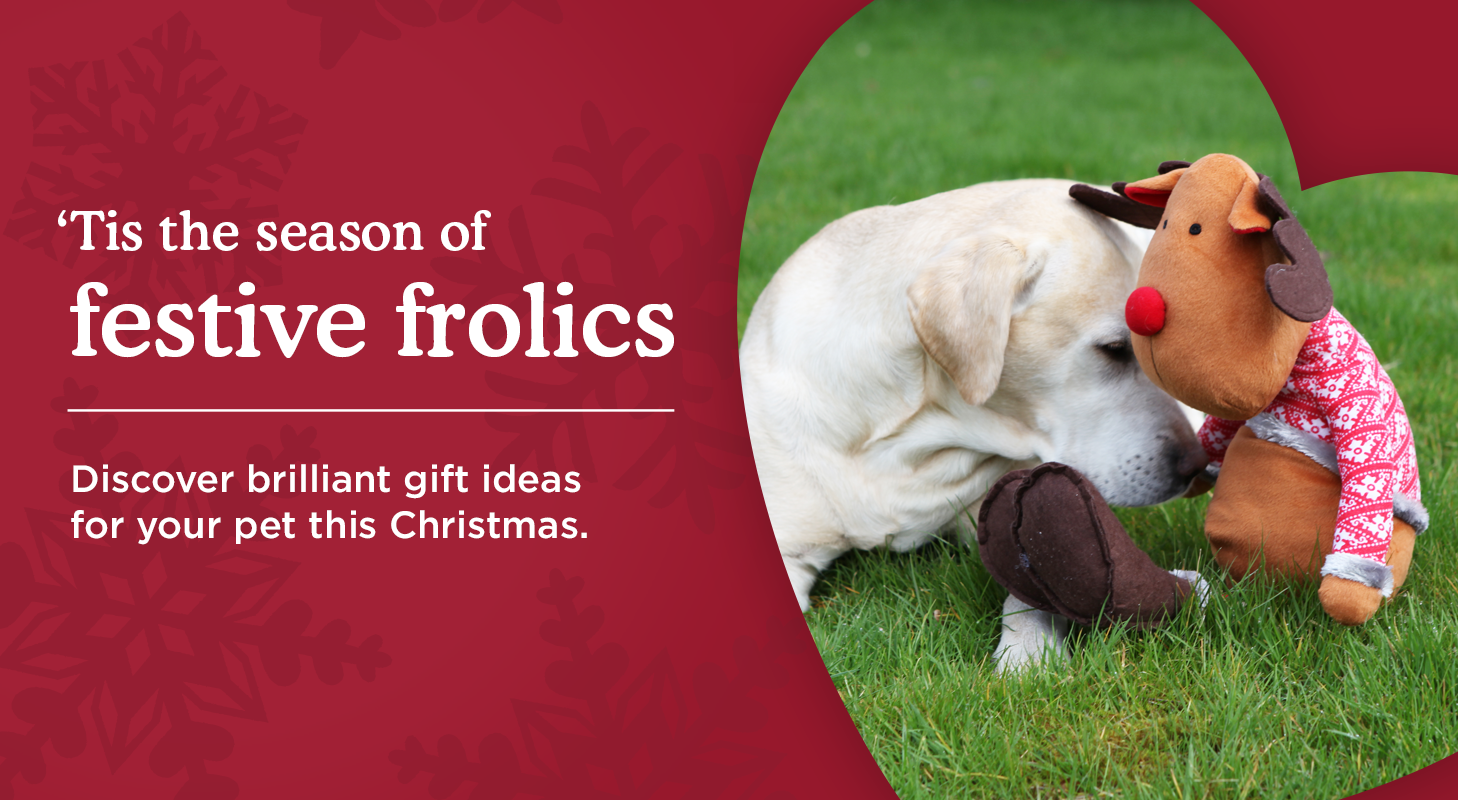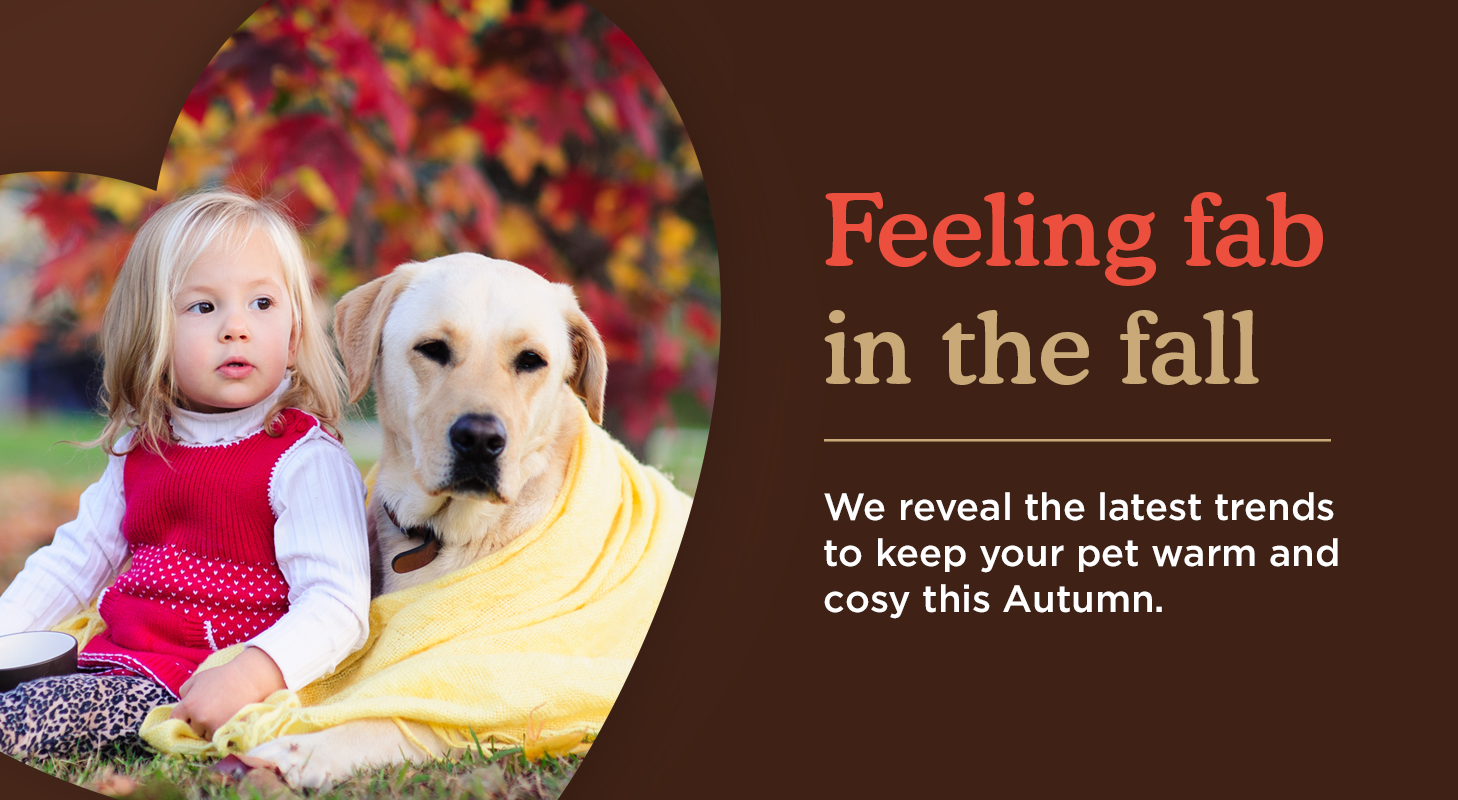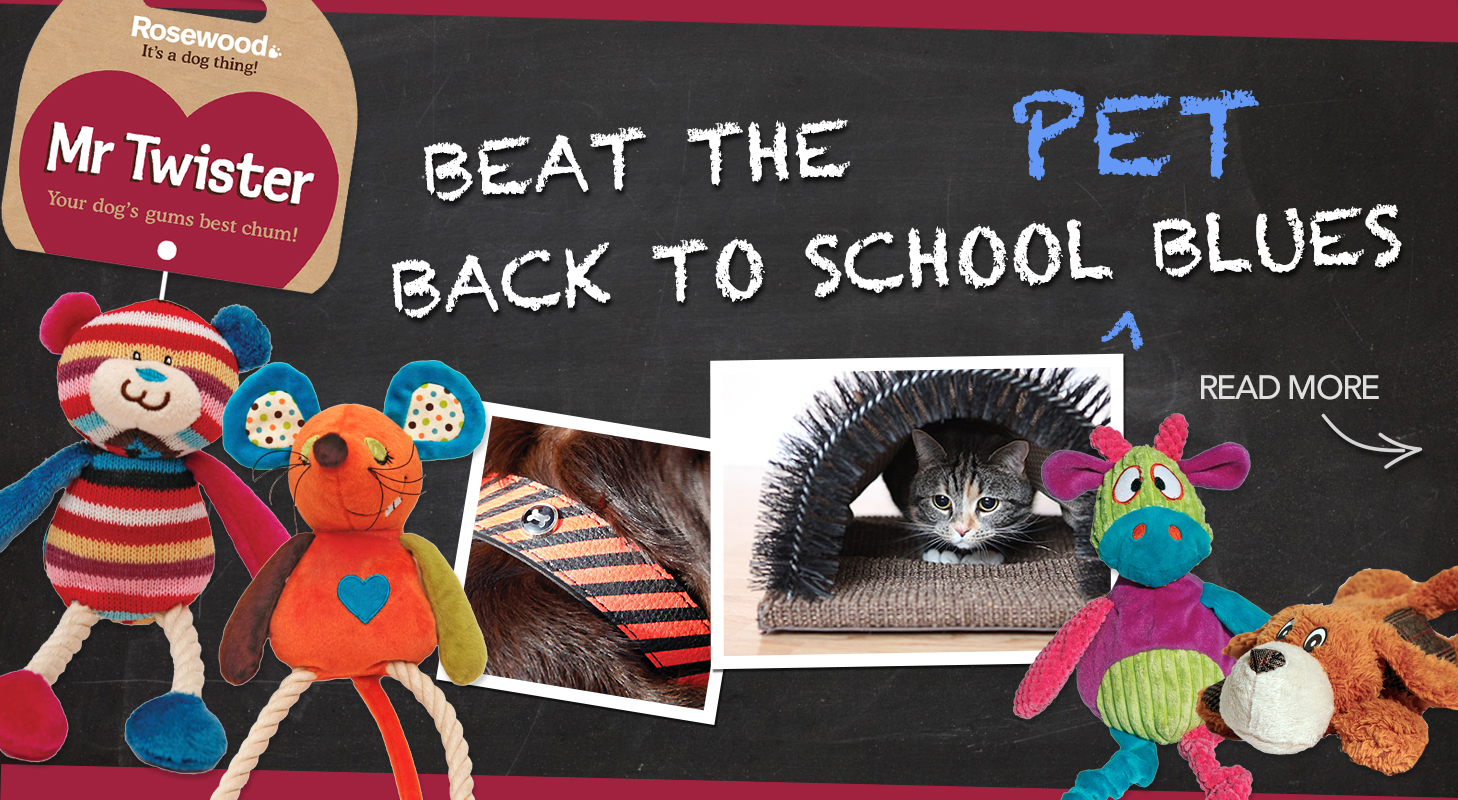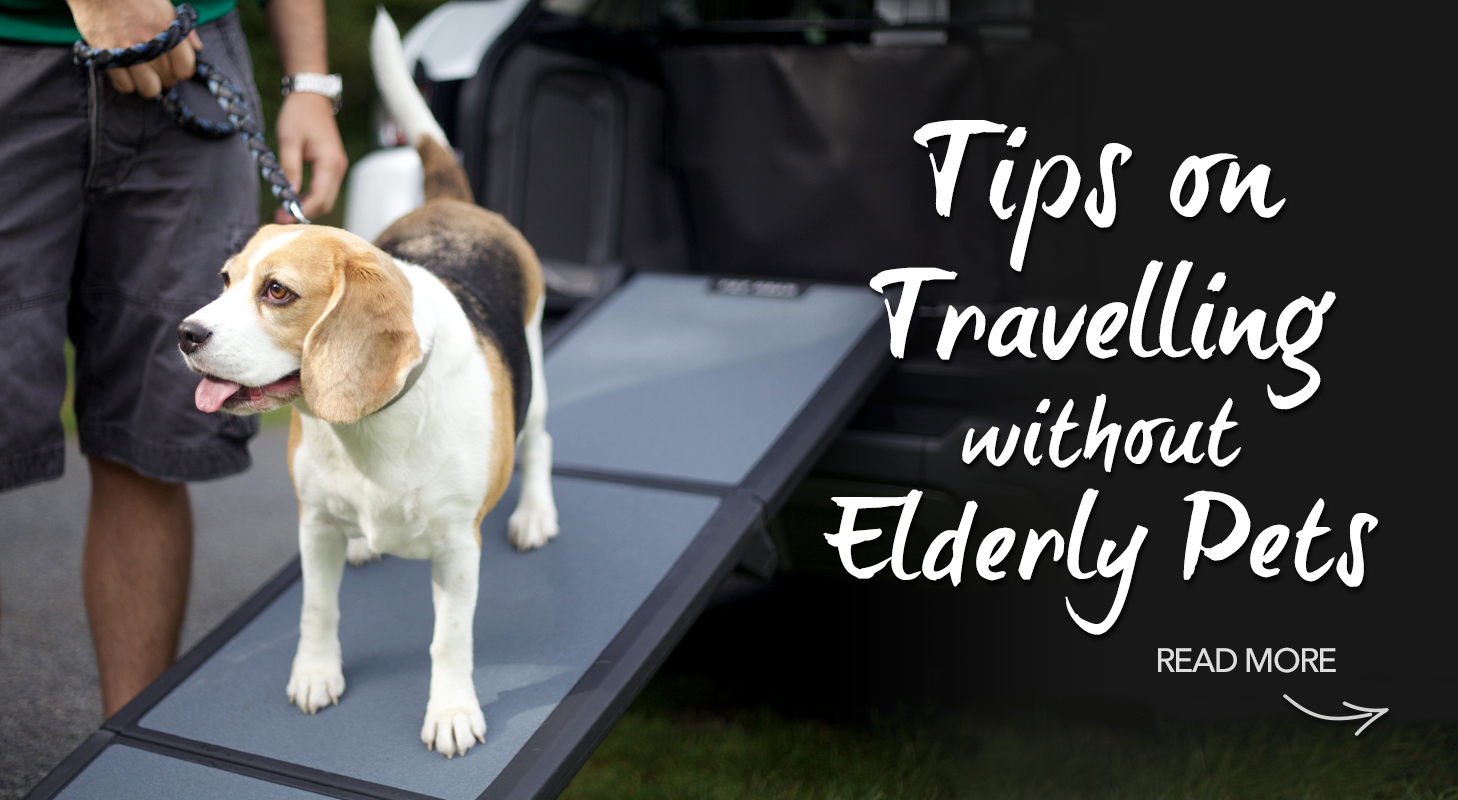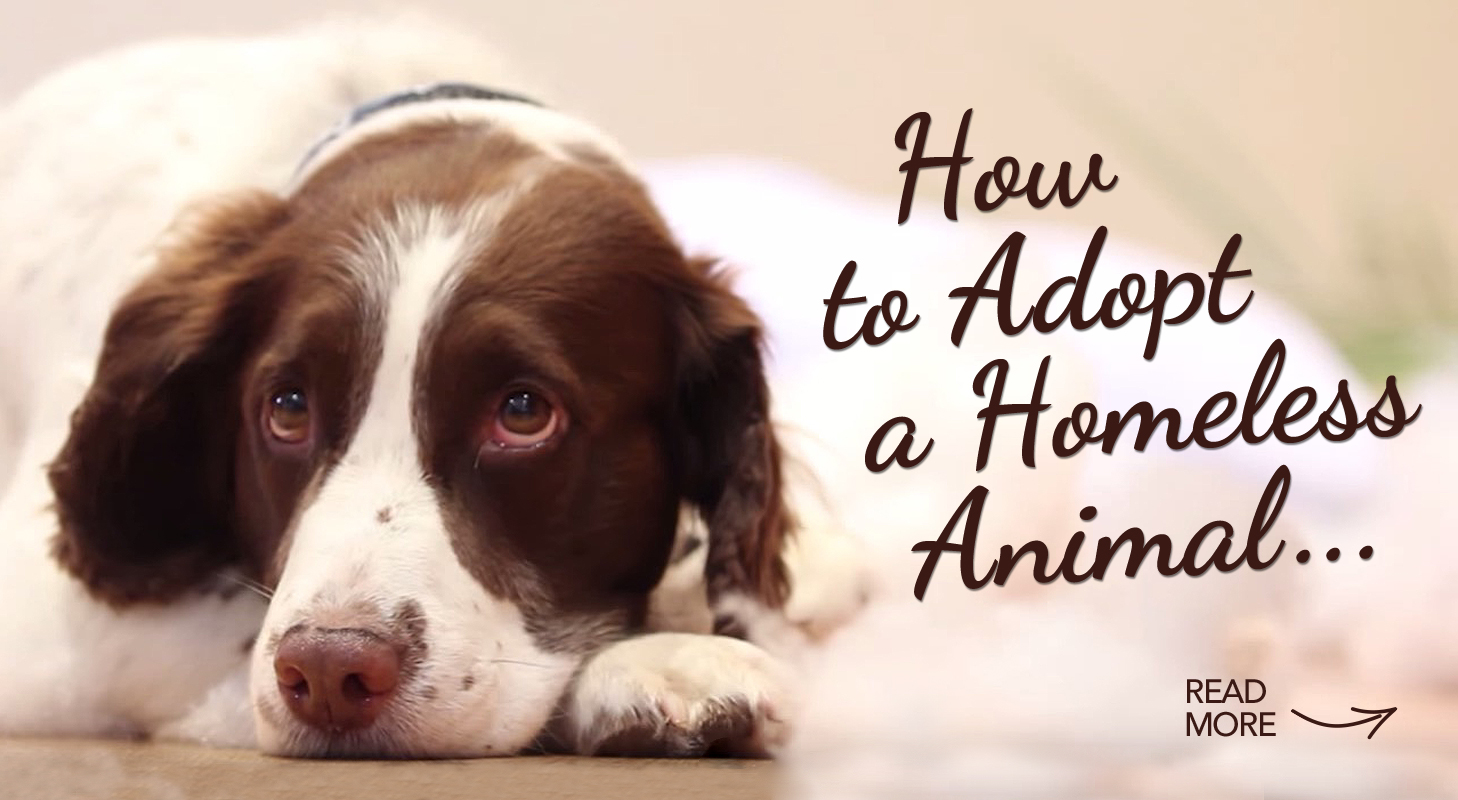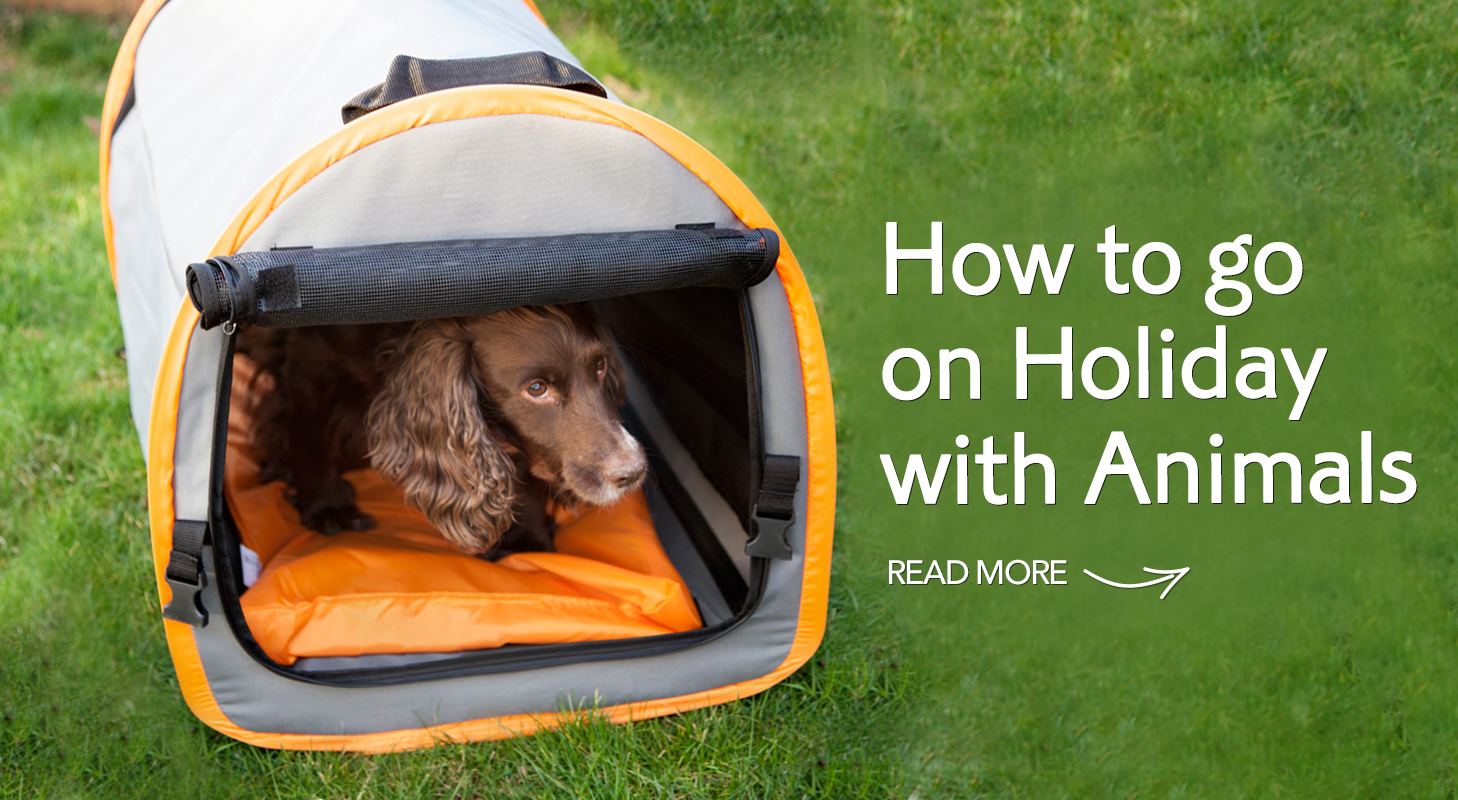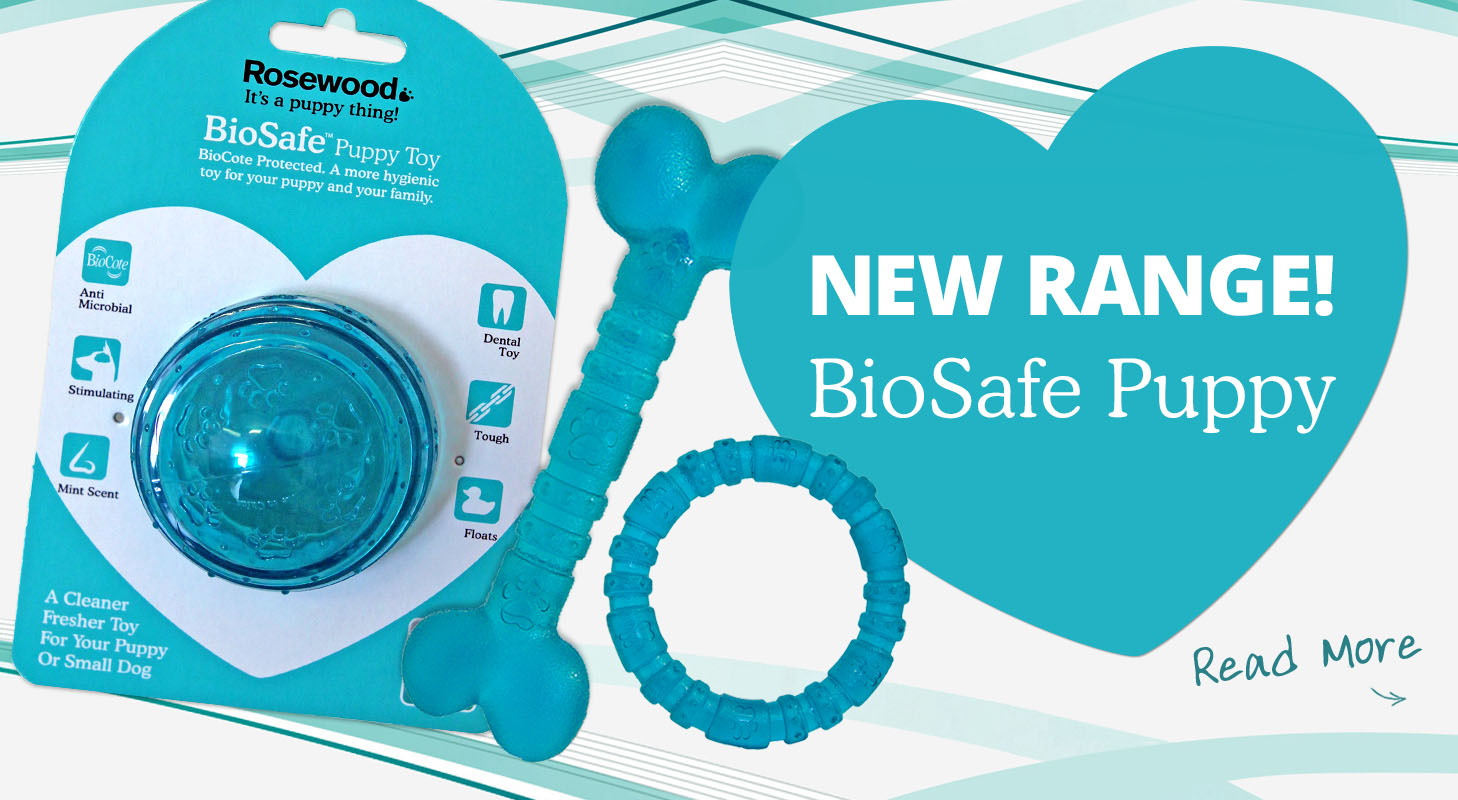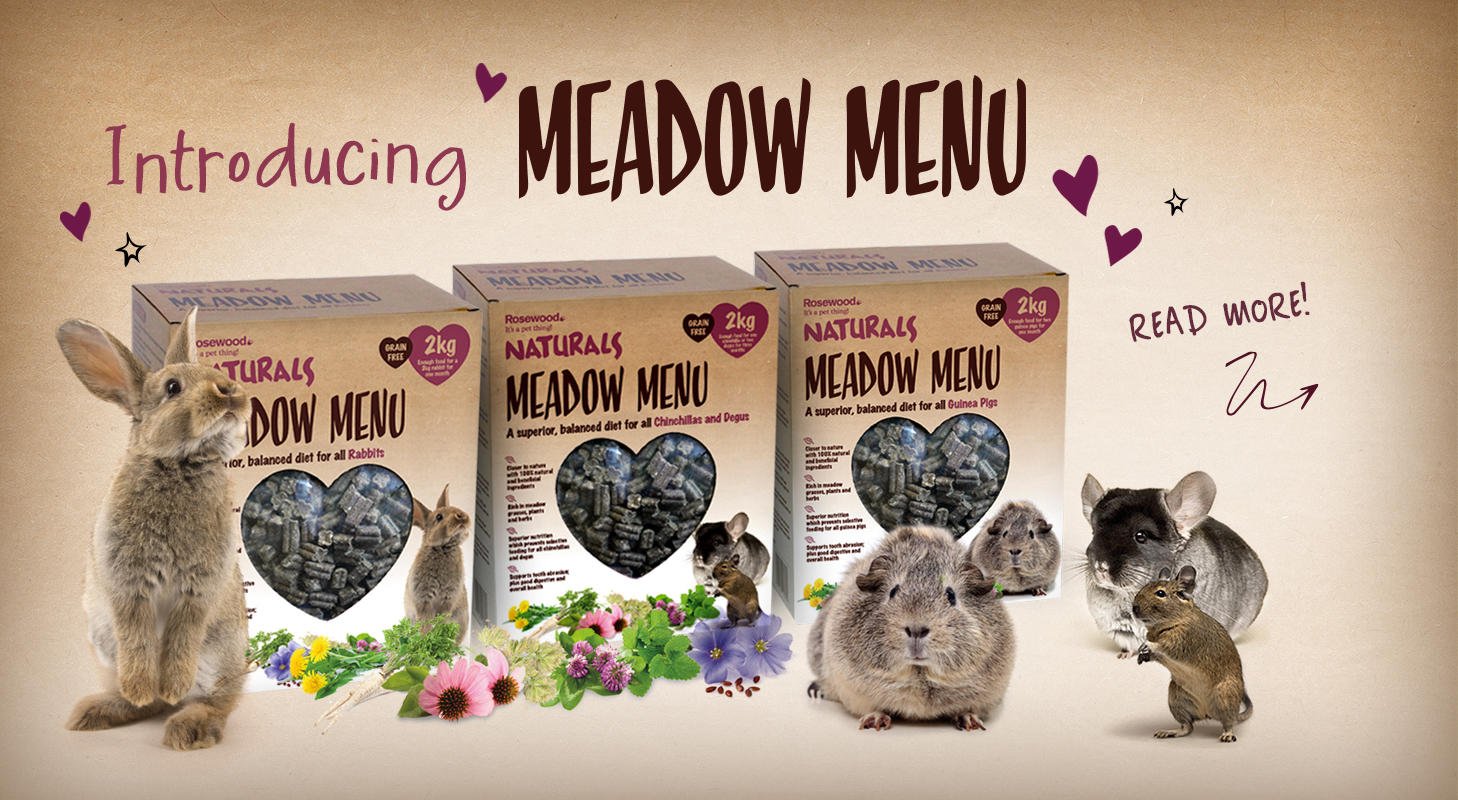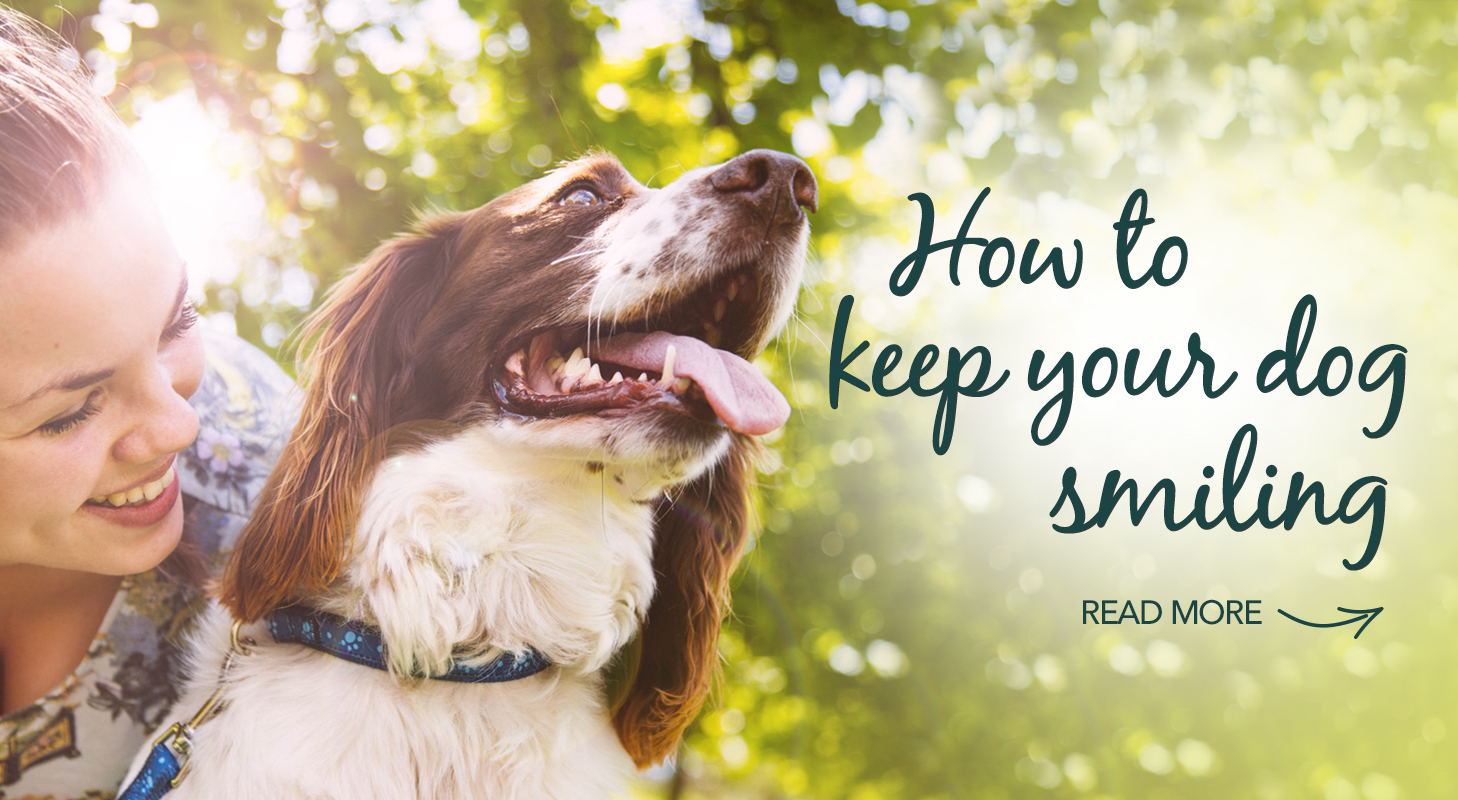During the longer and warmer days, you’ll be keen to make some adjustments to your small pet’s daily routine to ensure they enjoy the summer season. Here, we discuss the importance of guinea pig and rabbit care in summer, and everything you should be aware of to ensure your small pet stays happy and safe in the summer months.
What Risks Can Occur in The Summer?
Hot weather brings the garden to life, with plants blooming and insects buzzing around.
With rabbits in particular, there’s the risk of a condition known as fly strike. Fly strike on rabbits occurs when flies lay eggs in moist or dirty fur around the pet’s rear end. These eggs hatch into larvae (also known as maggots) and eat the animal’s flesh, which can be really unpleasant for small animals. Overweight rabbits and guinea pigs that have a long coat, dental disease or are unwell will be especially at risk as they may not be grooming themselves properly.
Steps which can help to reduce the risk of fly strike include:
Twice daily checks on your pet to ensure their back end is not soiled.
- Daily grooming for pets that might struggle to do it themselves.
- Removing soiled bedding from the hutch on a daily basis.
- Being cautious with any new additions to your pet’s diet, particularly the quantity of leafy greens offered.
- Disinfecting the hutch at least twice a week using a pet-safe product.
If you are concerned your pet may have fly strike, contact your veterinary practice right away.
Make Time for Outdoor Exercise
As pet owners you are likely spending more time outside yourself at the moment, so it’s important rabbits and guinea pigs have access to an outdoor exercise area too - preferably with grazing on a lawn. Even indoor pets will benefit from the opportunity to exercise outside during the summer months.
However, all outdoor spaces need to be secure before you let your pet roam. An enclosed run should prevent your pets escaping the garden and will ensure neighbourhood cats or wildlife, such as birds of prey, cannot reach them. Rabbits and guinea pigs are prey animals and therefore require hides, shelters or tunnels to help them to feel safe and secure.
Avoid Poisonous Plants
Remember to be on the lookout for any high toxicity plants your pet may have access to. You may be aware that there are several common plants poisonous to dogs, but there is also a long list of poisonous plants which are dangerous to small animals.
As a rule of thumb, prevent access to evergreens, anything growing from a bulb, ivy, lilies, plants with berries or those which produce fruits with a stone. If you identify these hazardous plants in your garden either remove them, fence them off to prevent your pet accessing them, or use a secure run for your pet which you can situate a safe distance away. The most common symptom when a rabbit or guinea pig eats a hazardous plant is digestive upset, so if you suspect your pet has ingested a poisonous plant, contact your vet straight away. Poisonous plants often need to be consumed in large quantities to cause a serious problem.
Rabbit and Guinea Pigs Enrichment
Our pets should always have the opportunity to express natural behaviours, and there are many ways we can add value and interest to their lives - mentally and physically.
Foraging for food is something that our pets would spend the majority of their time doing in the wild, and we can simulate this by encouraging them to work for their food. Fresh foods can be hidden in their enclosures or runs, making use of tunnels or hides - or tubes can be stuffed with hay and fresh herbs to encourage your pet to find the added treats.
Toys provide an element of novelty for your pet’s enclosure or hutch and encourage exercise and stimulation. Chew toys made from willow and other similar natural materials prove very popular and can also be nibbled safely. Alternatively, tunnels are a good option for both rabbits and guinea pigs who both naturally live in burrows. Providing toys and rotating these regularly allows them to explore and scent mark items.
As an owner, you can help to provide enrichment and stimulation. As well as time outside of their enclosure, grooming your pet can help with bonding and enable you to check them over regularly for any signs of ill health or problems.
Follow @RosewoodPet on Instagram & Facebook for more seasonal pet care tips.
Our Favourite Small Animal Rosewood Products for Summer:
About Dr Laura Waring BVetMed MRCVS
Dr. Laura Waring has been in clinical practice for over 10 years. She started in mixed practice dealing with farm equine and small animal patients, however the last 6 years of her career she focused on small animals. She particularly enjoys surgery, and the variety that each day brings. She has published research on wildlife during the course of her studies and won the Morris animal foundation wildlife second prize and the Royal Veterinary college prize for epidemiology. She has also written articles regarding hamster husbandry for the fancy. She has a loyal Labrador who is a fantastic companion.

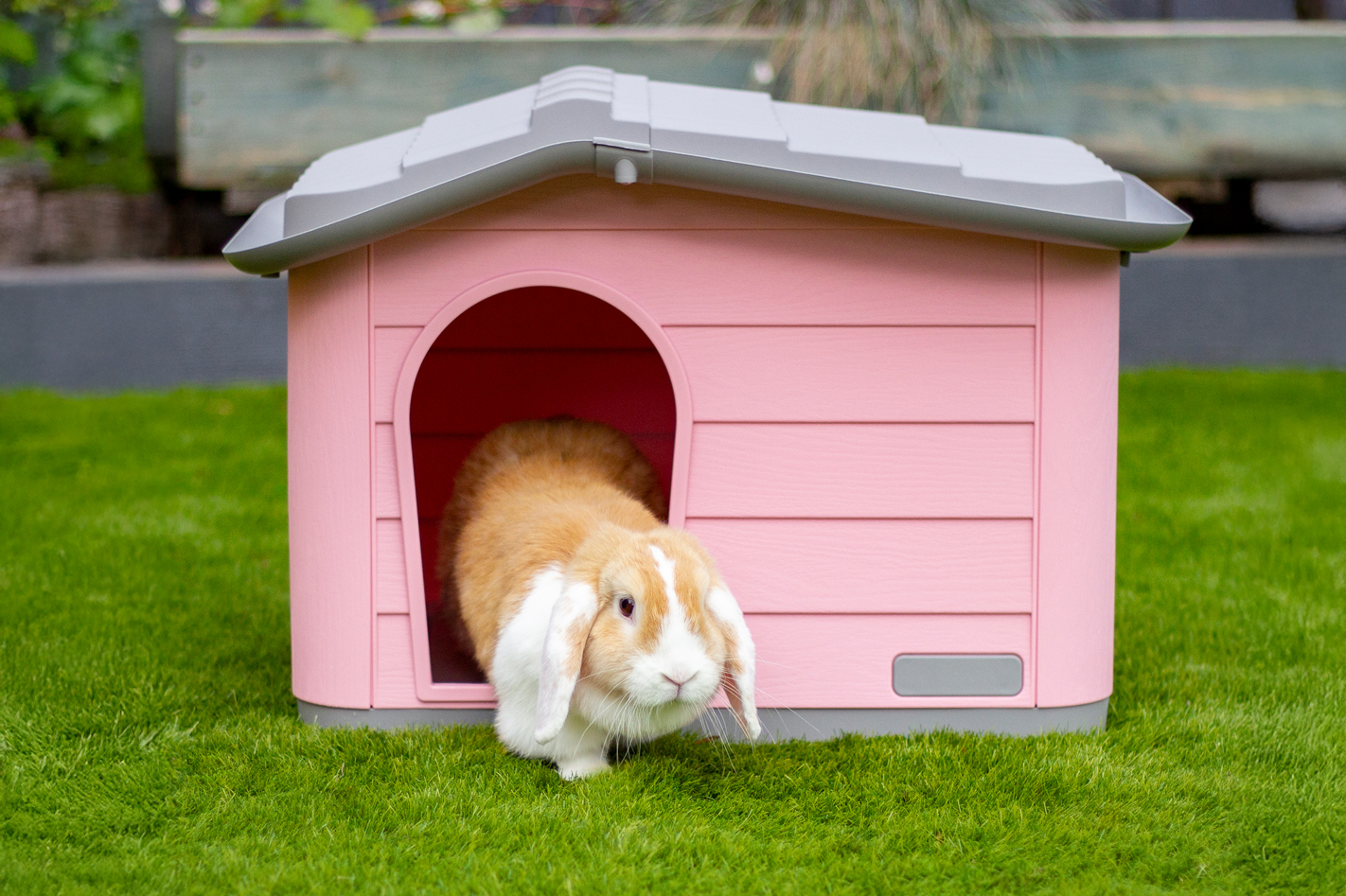
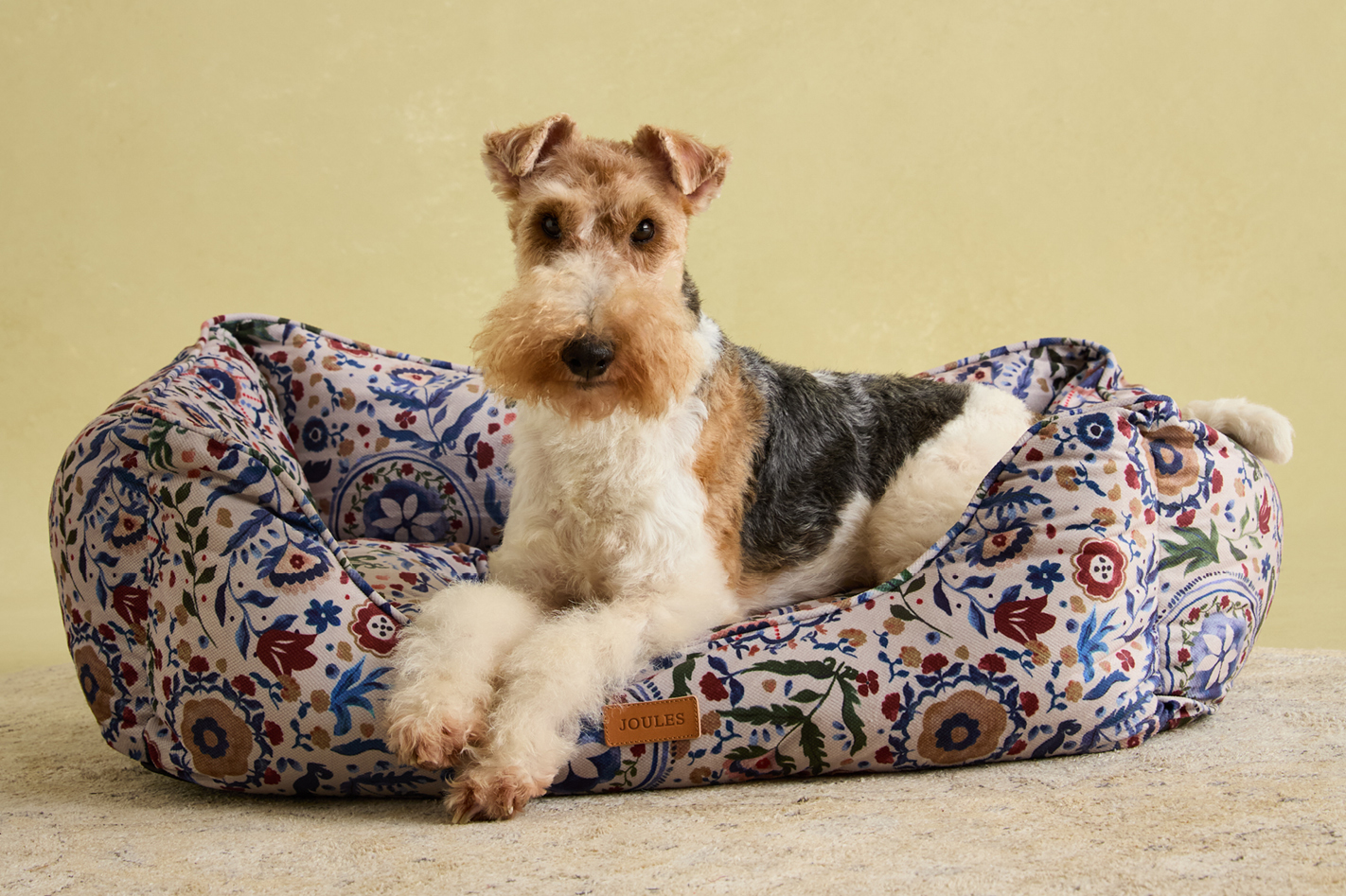
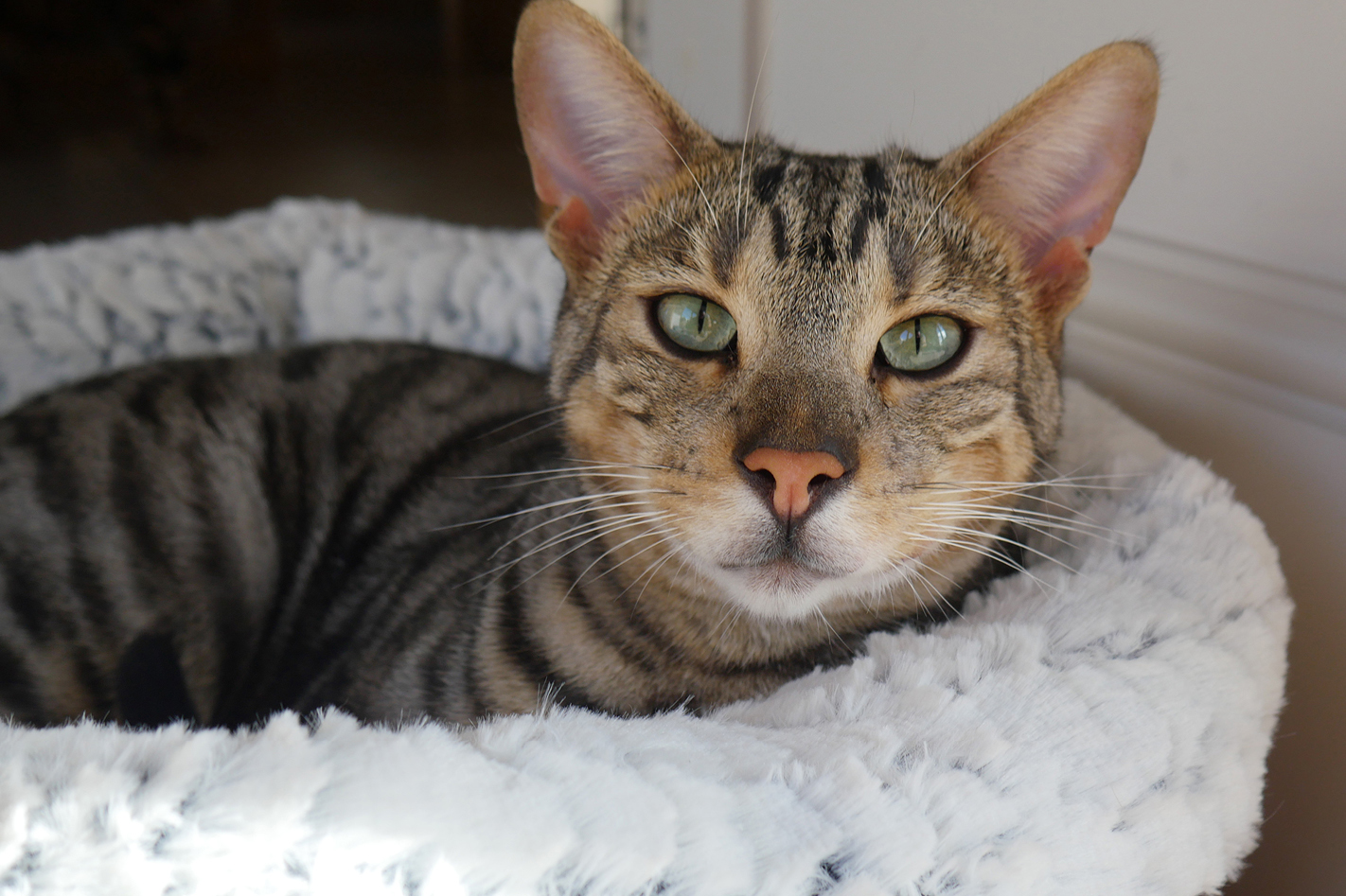
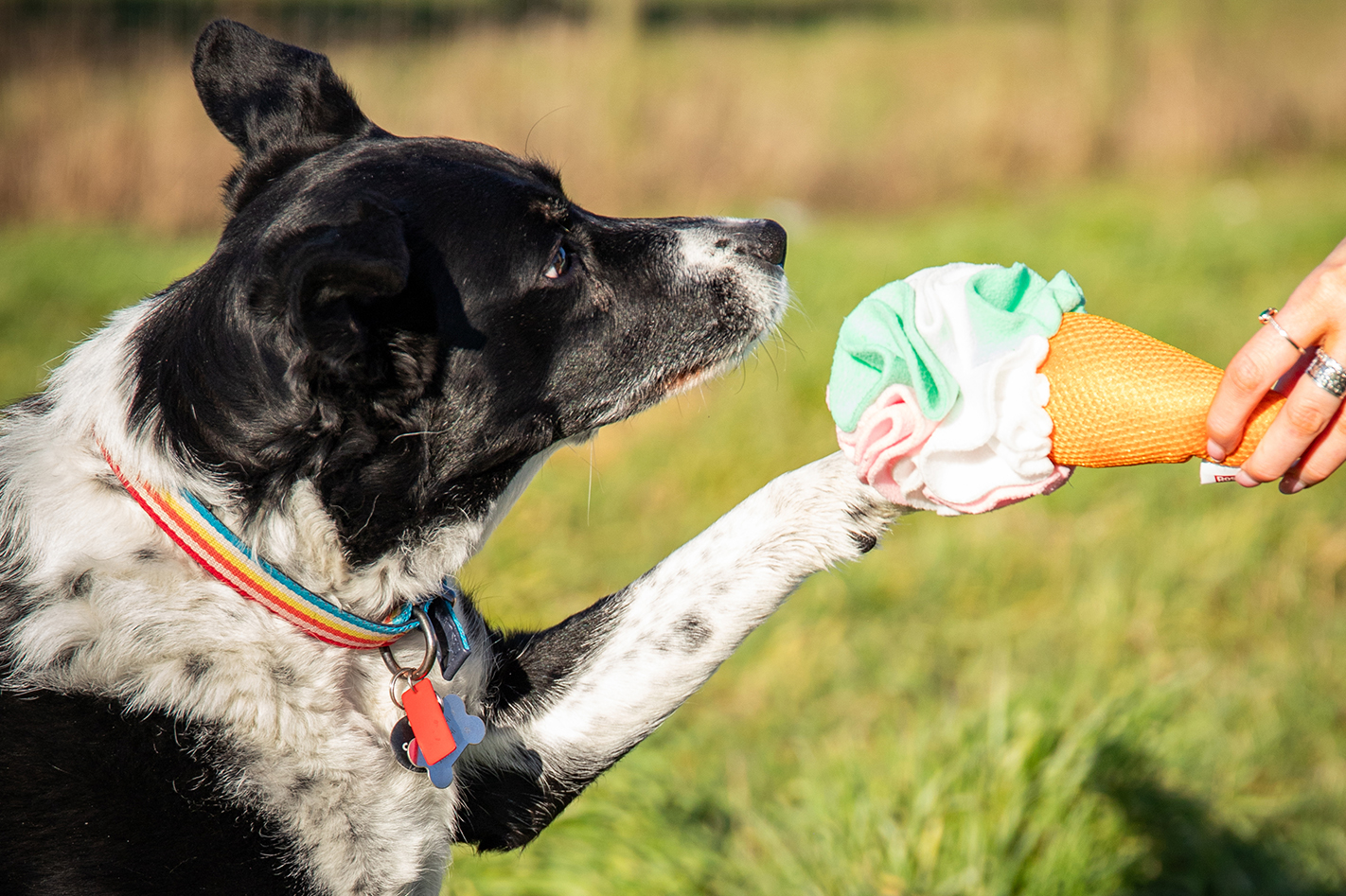
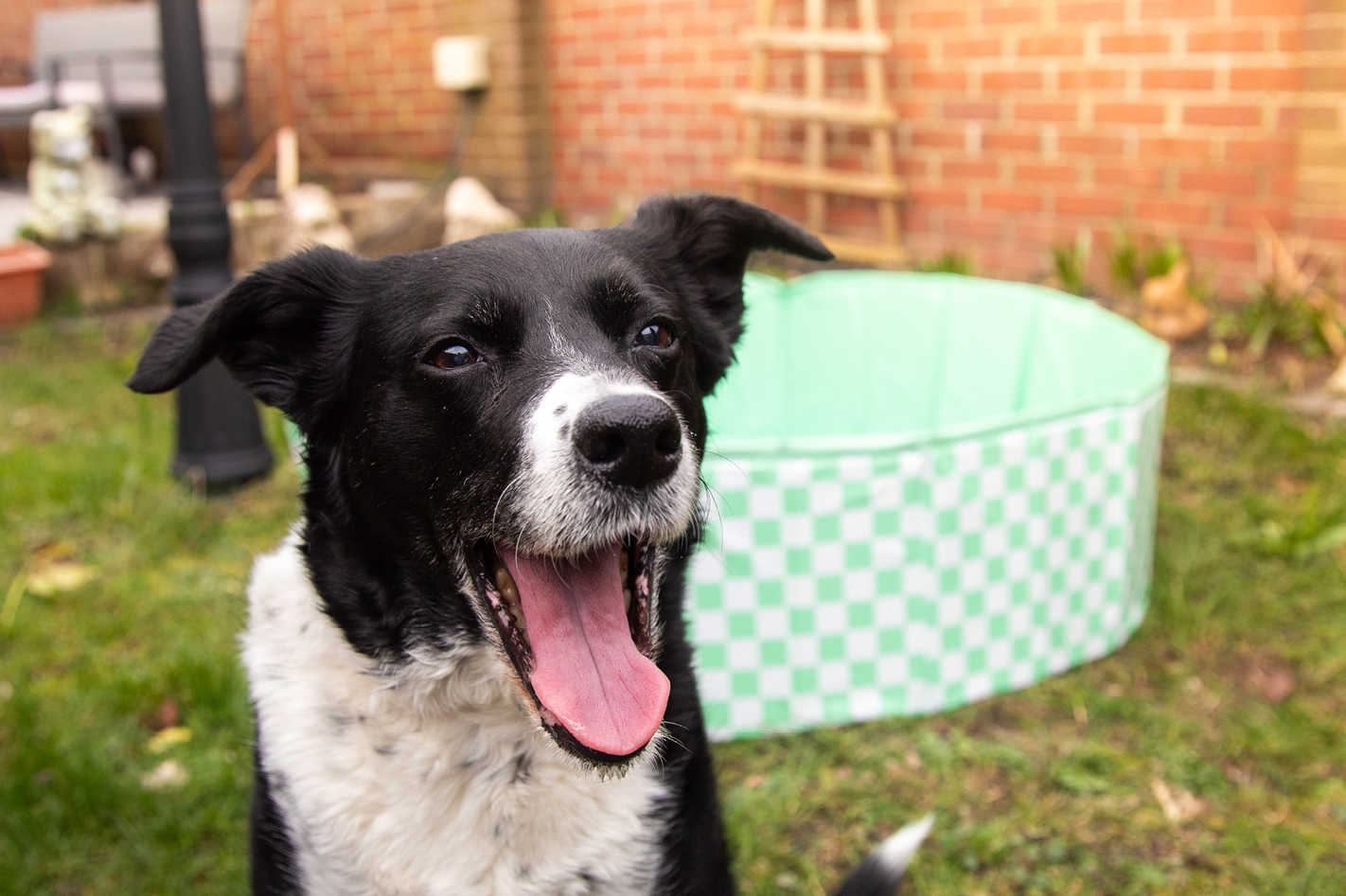
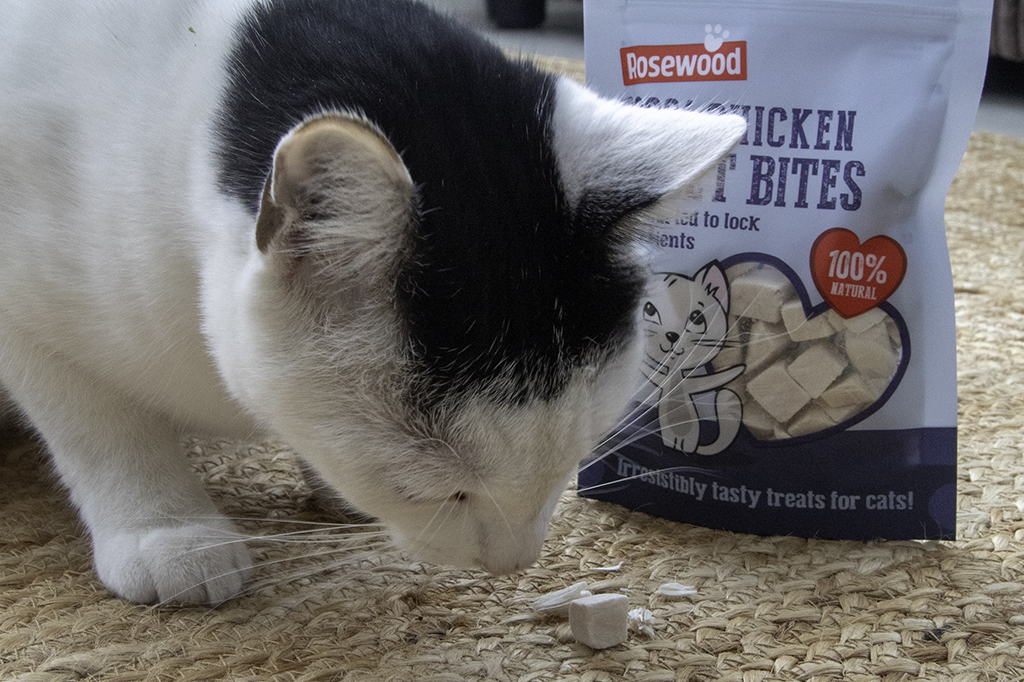
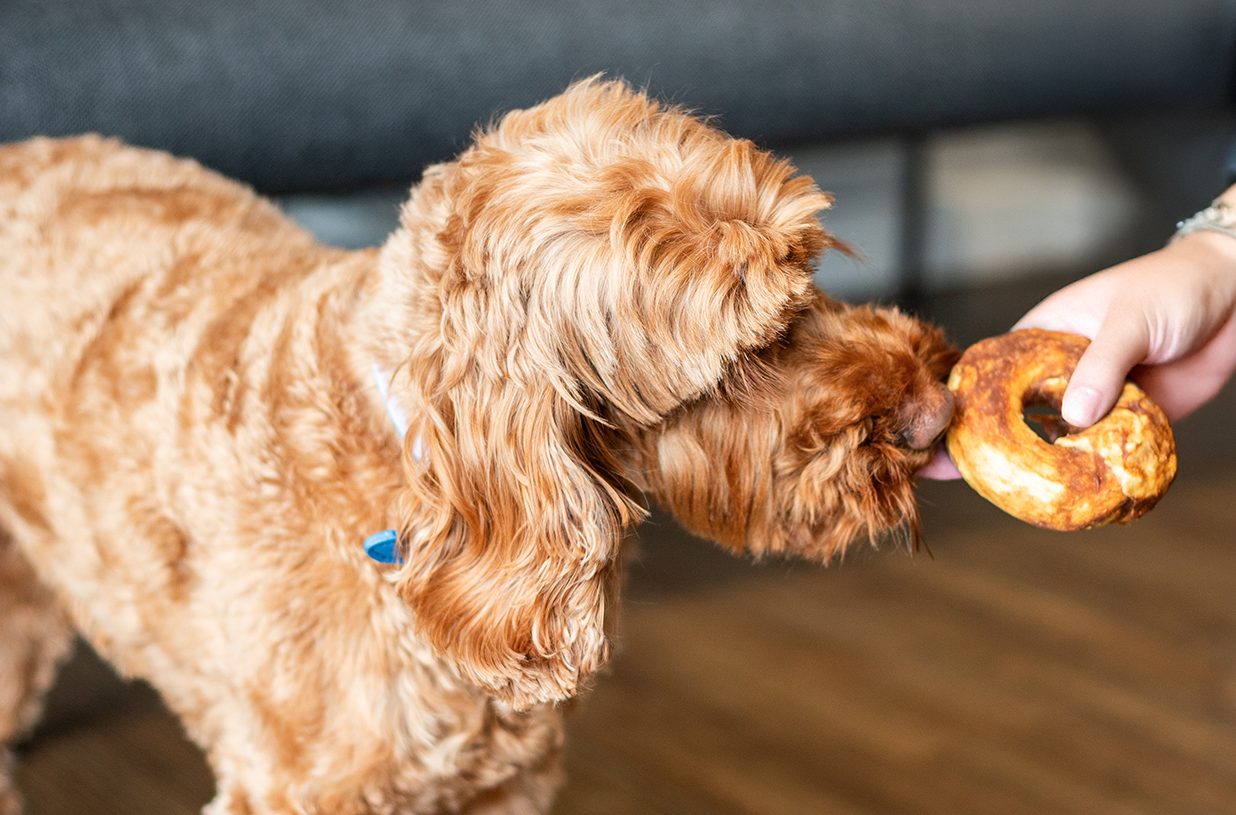
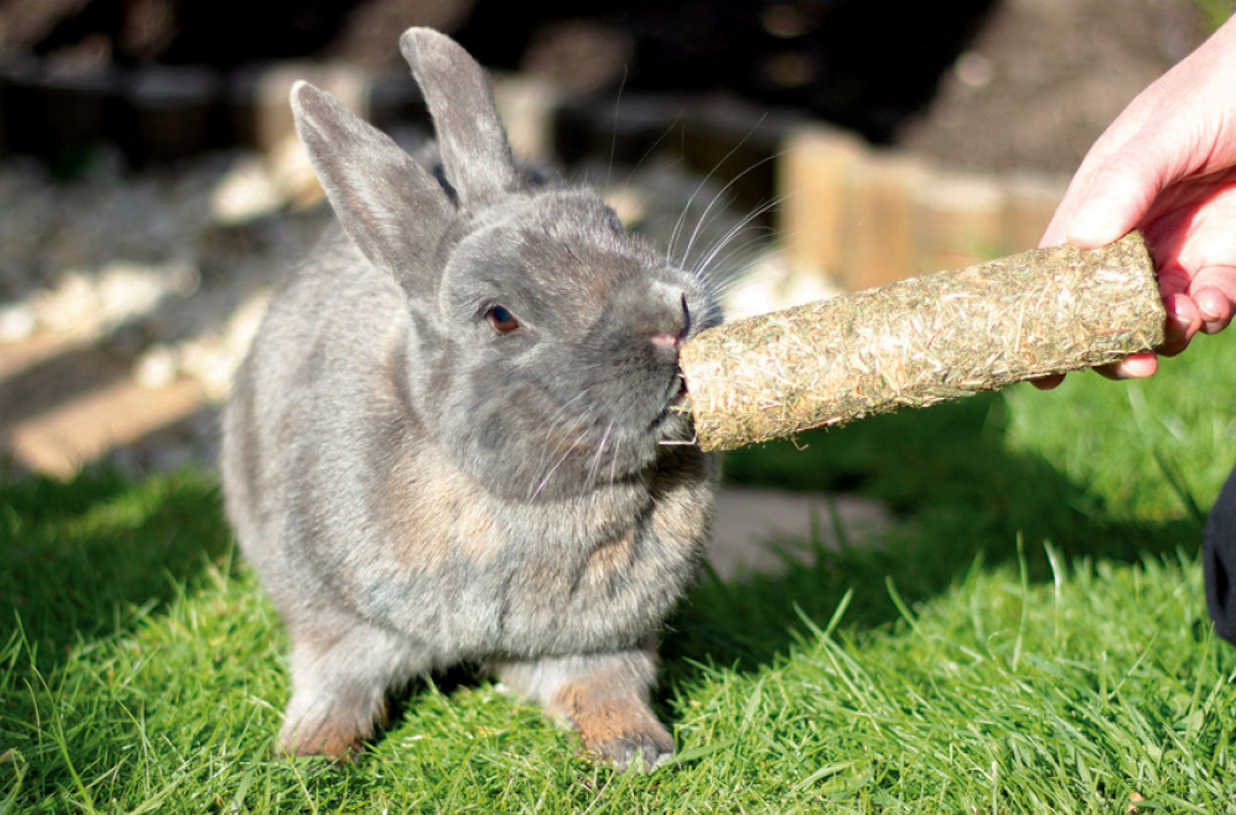
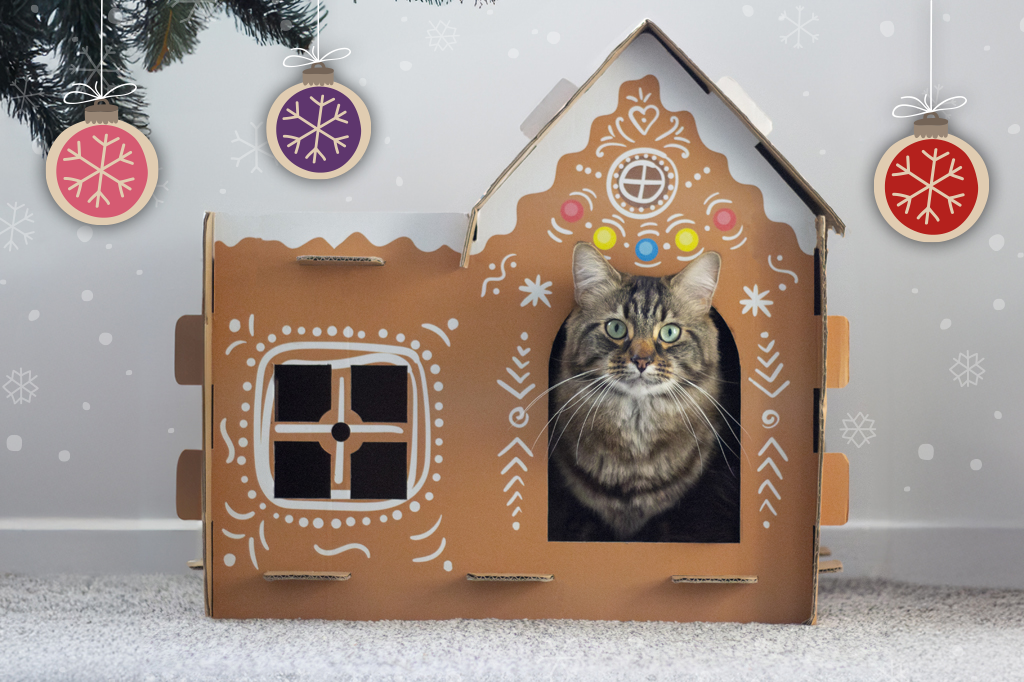
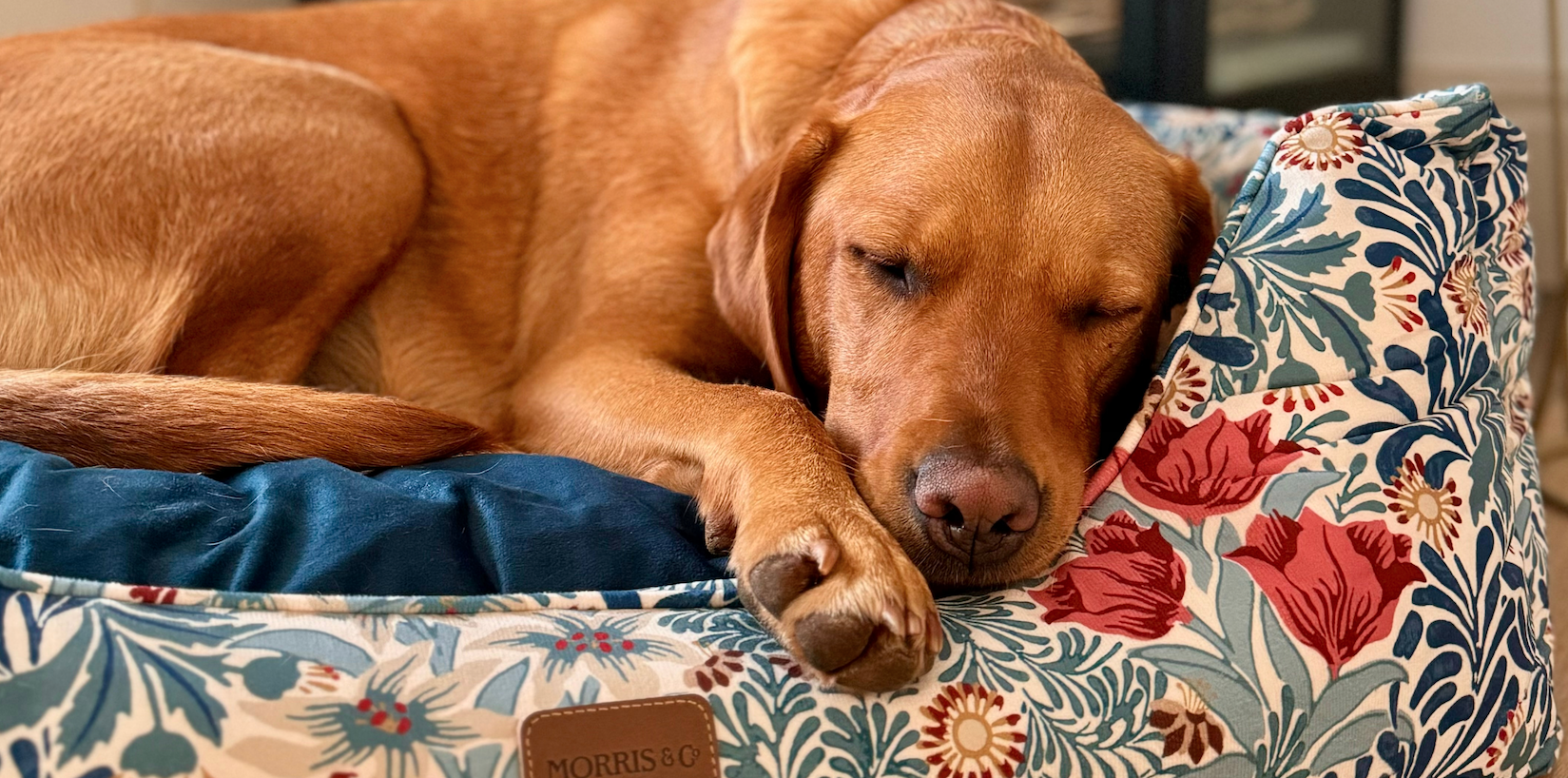
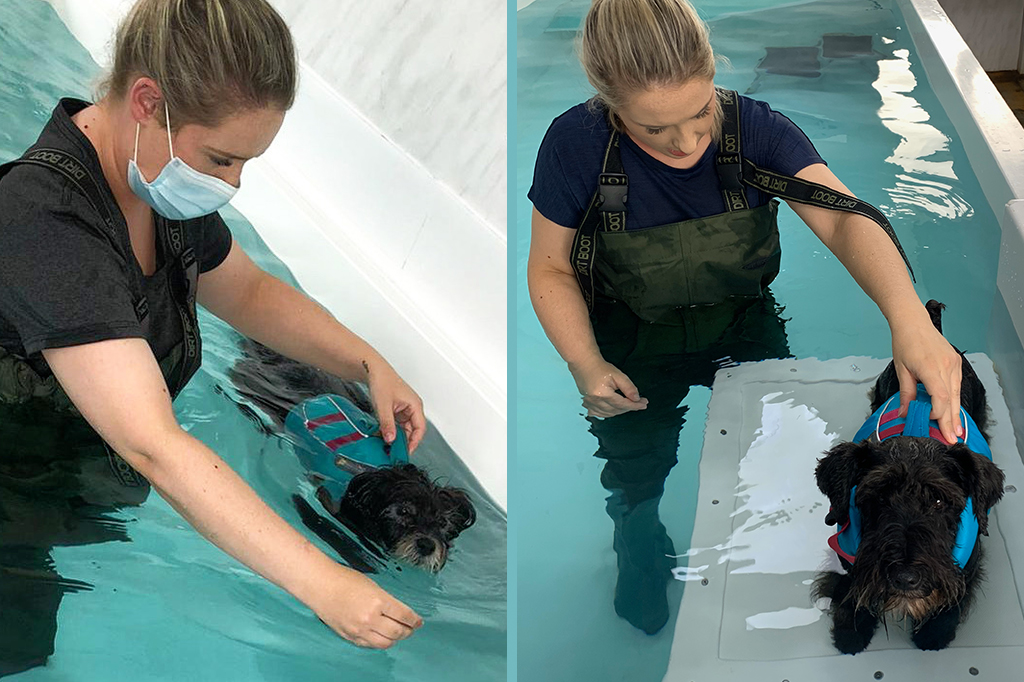
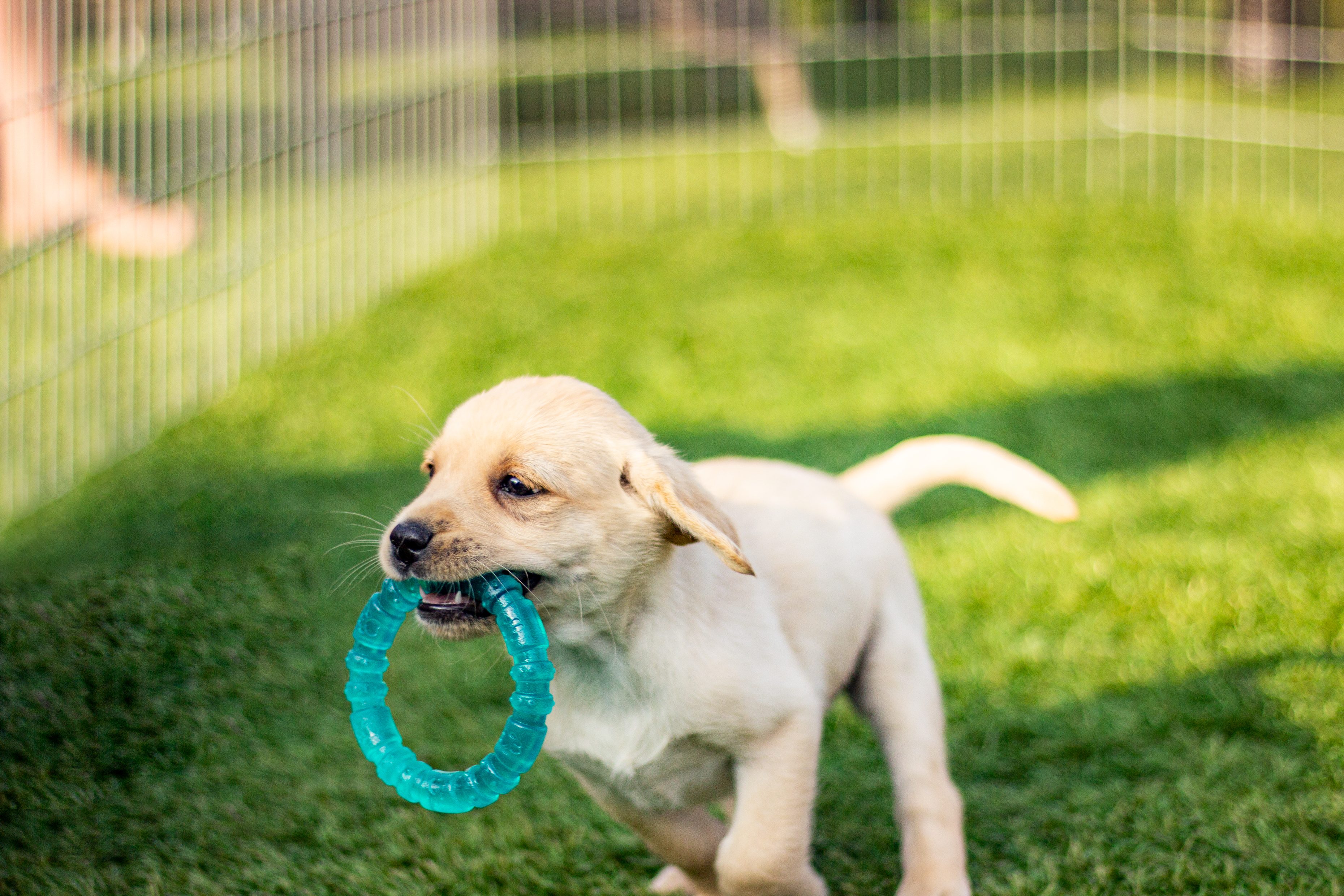
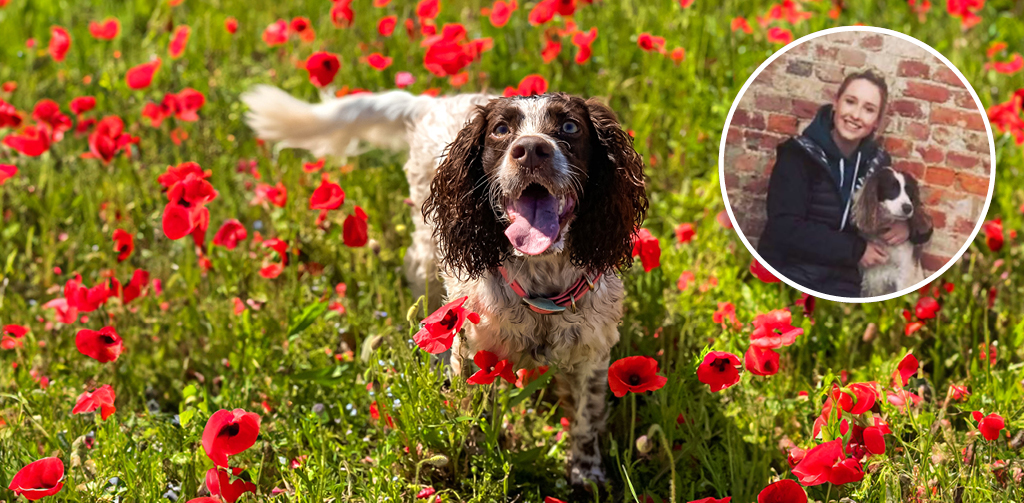

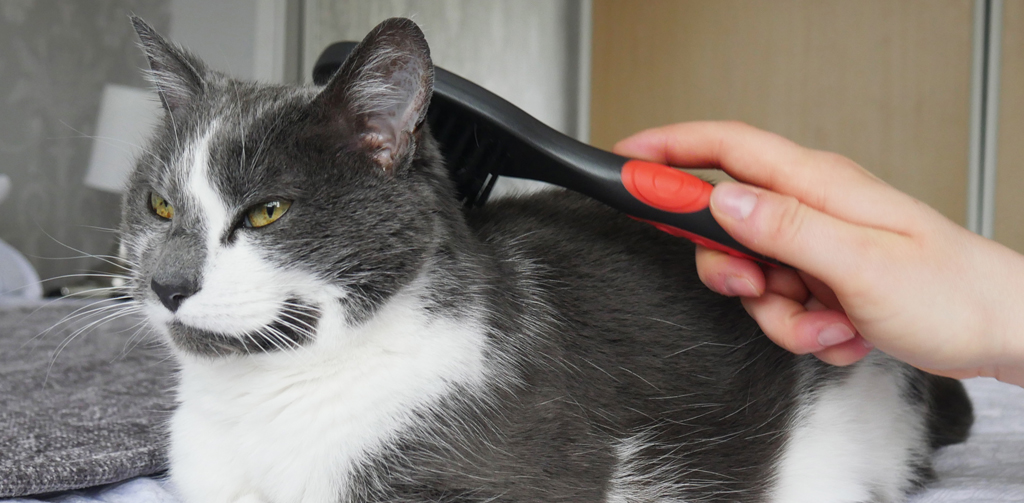
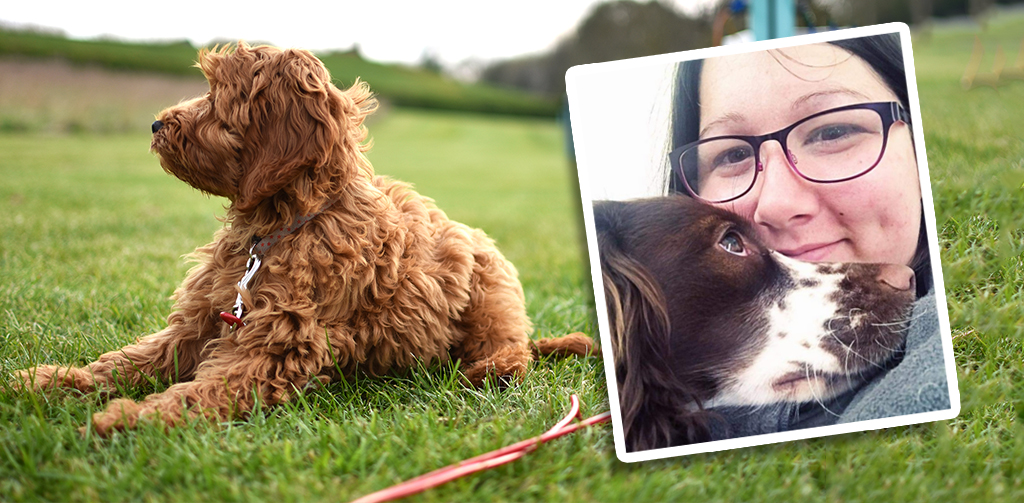
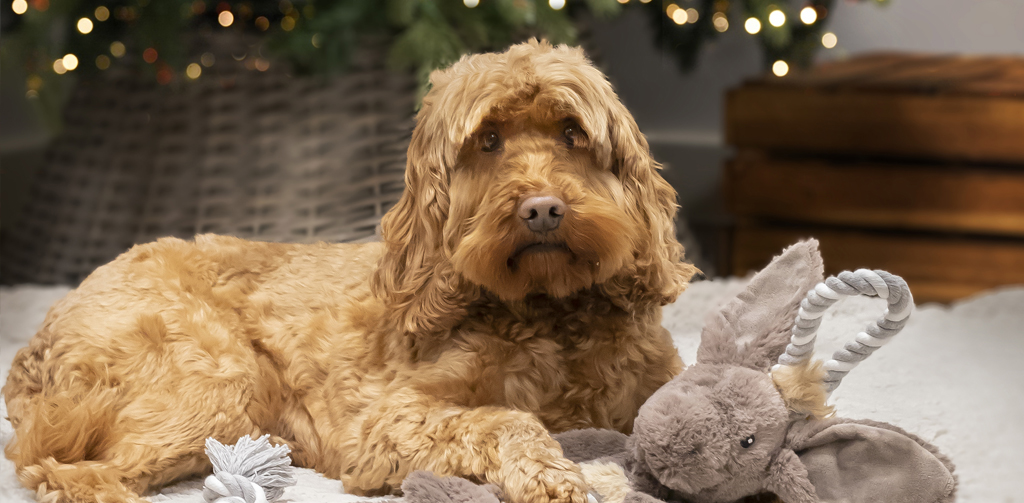
.jpg)
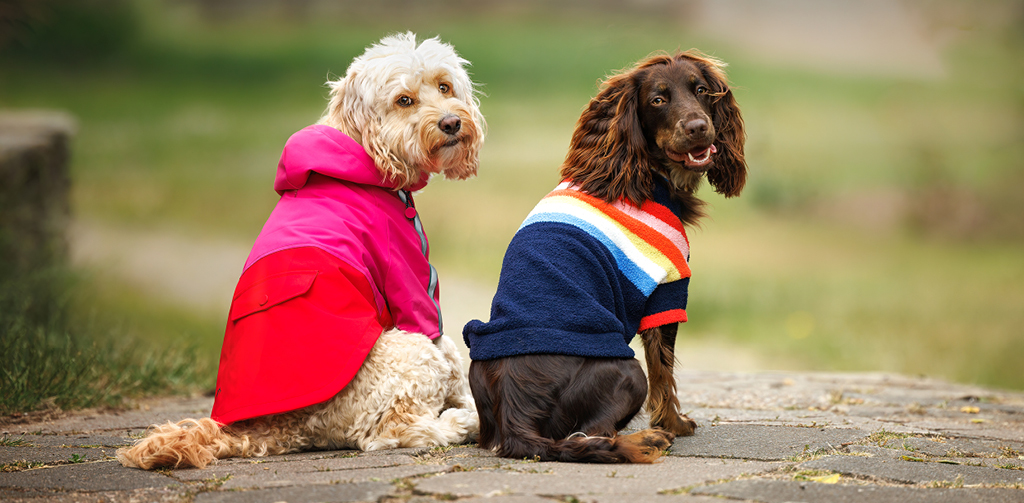
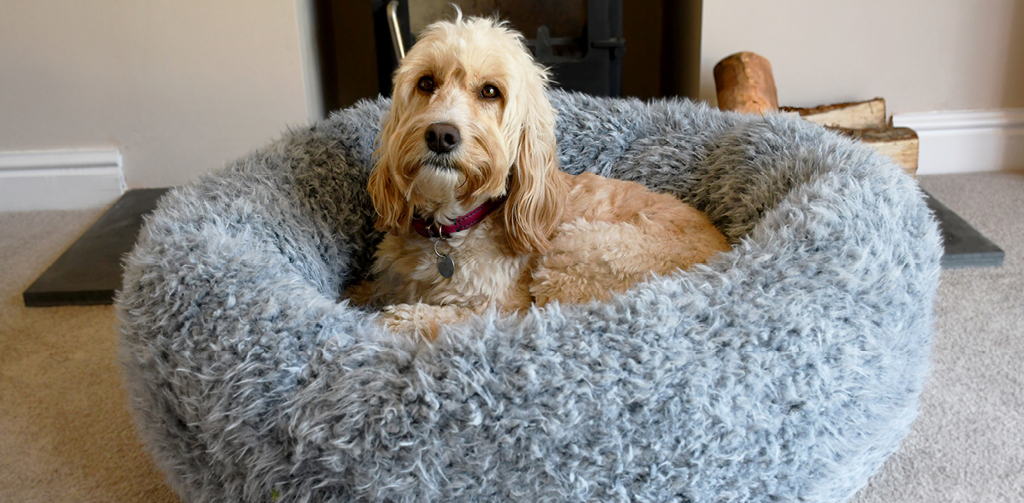
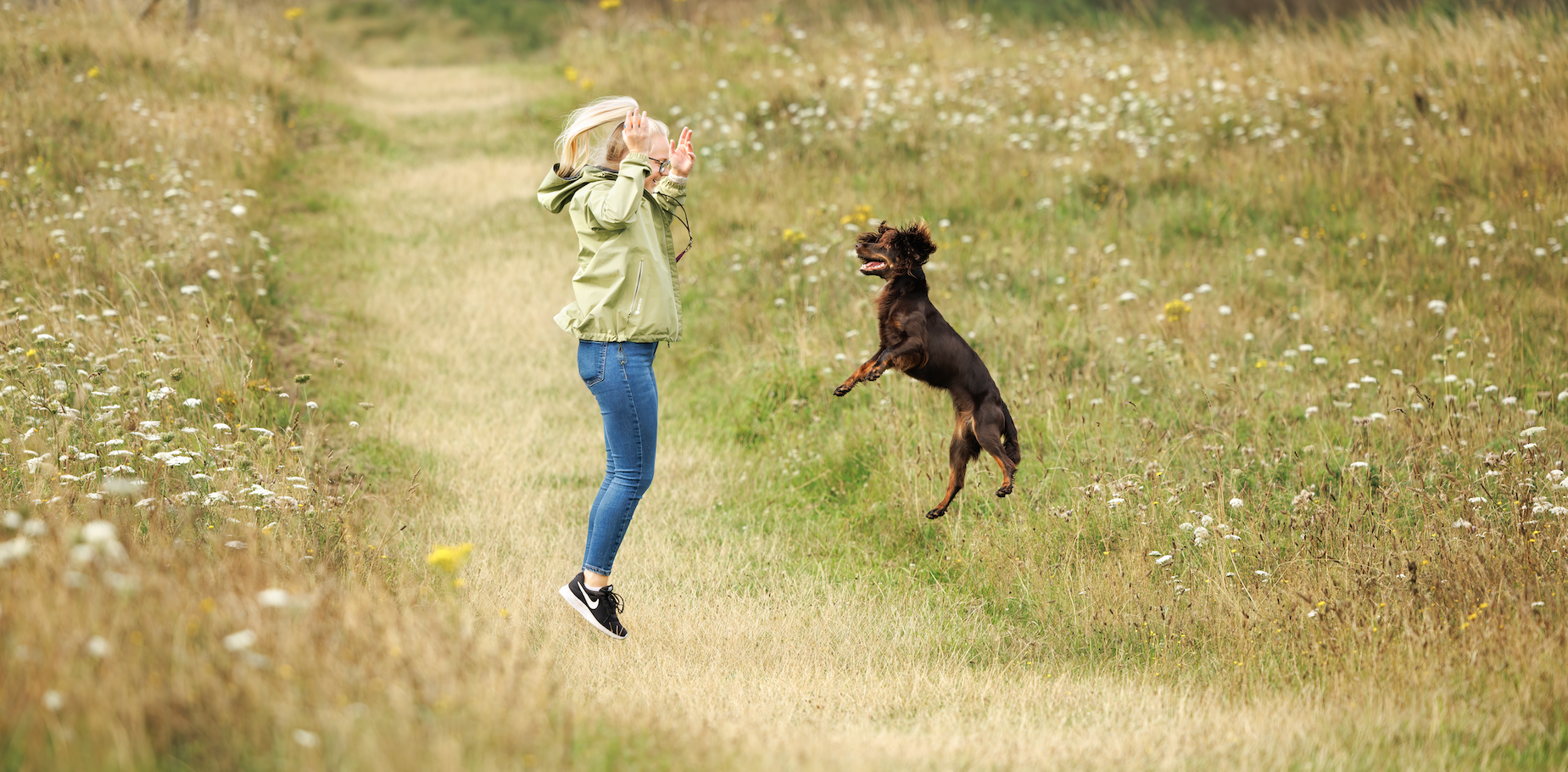
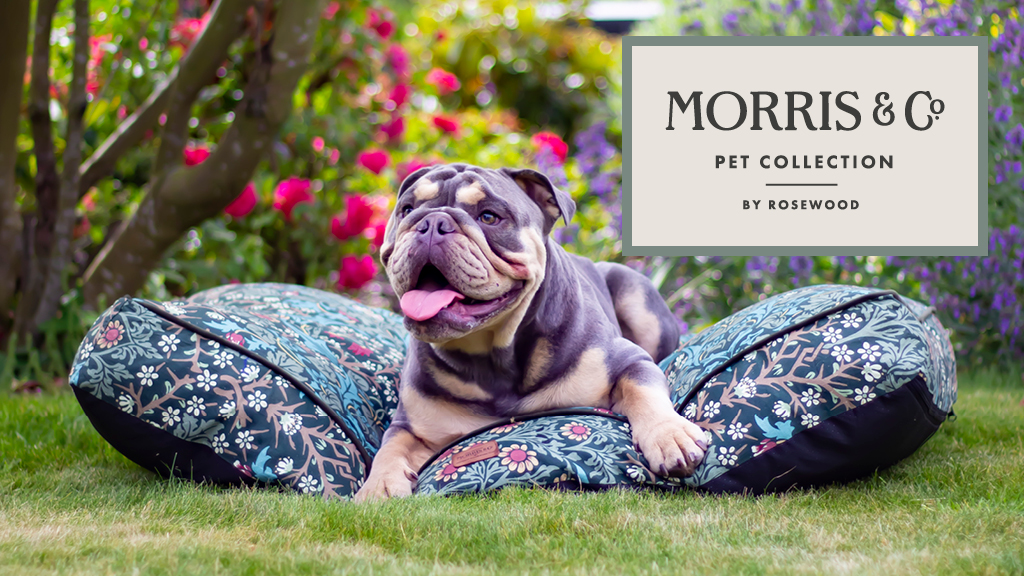
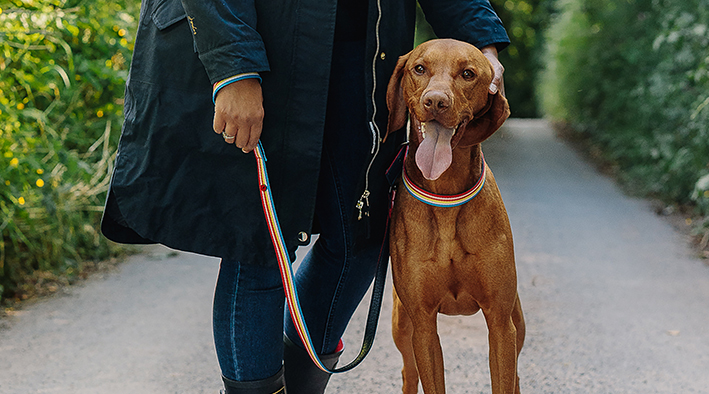
.jpg)
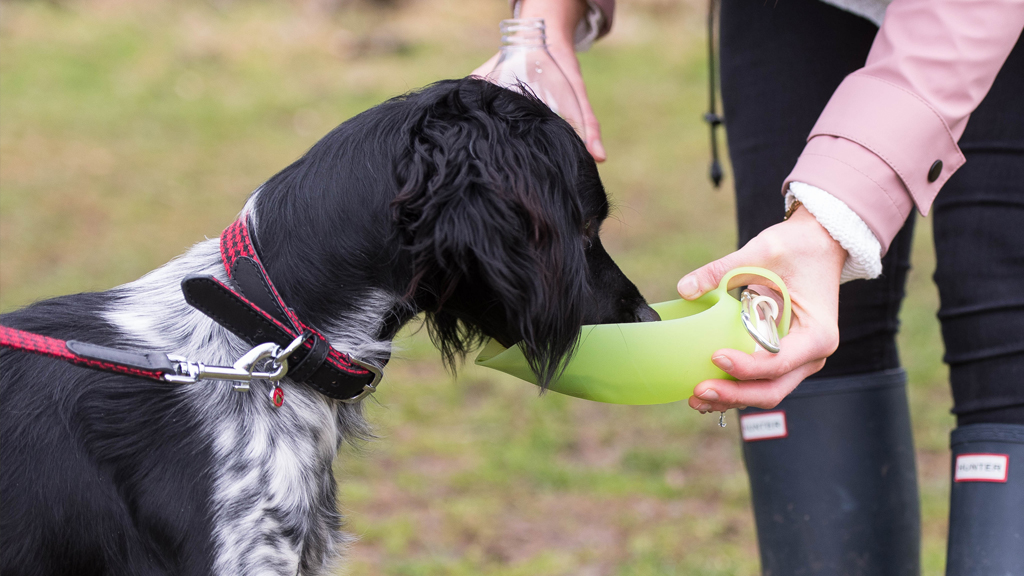
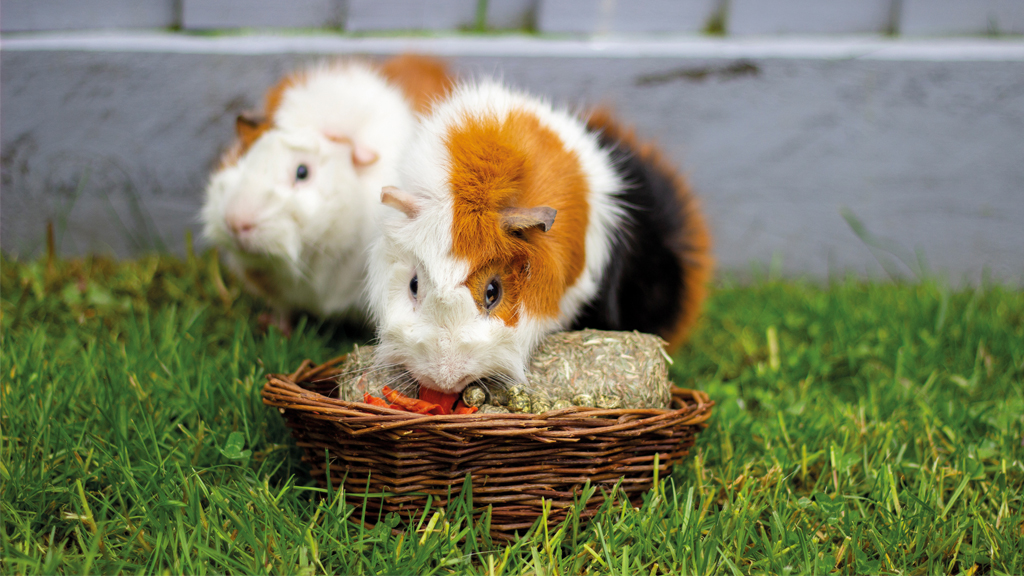
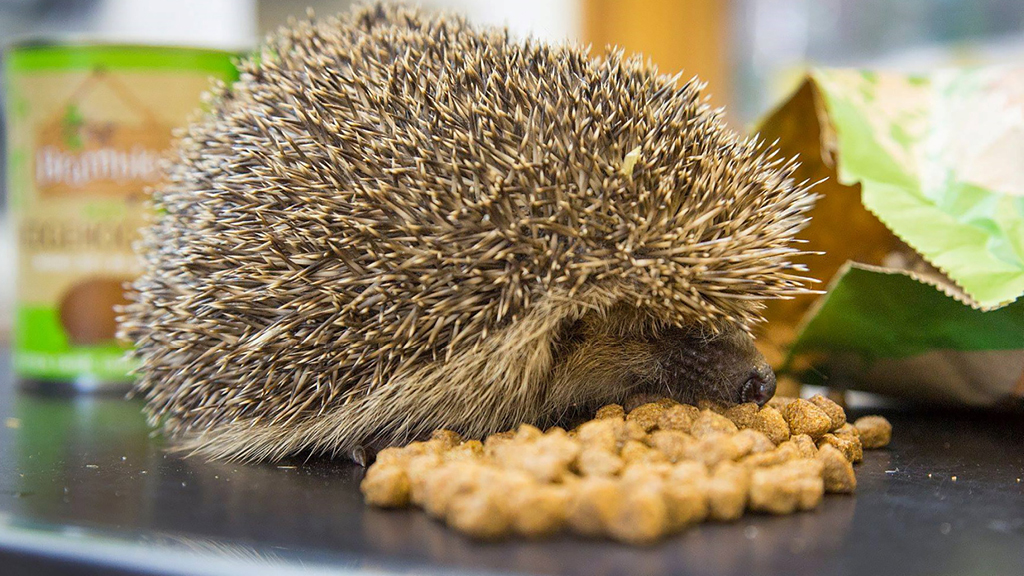

2.jpg)
